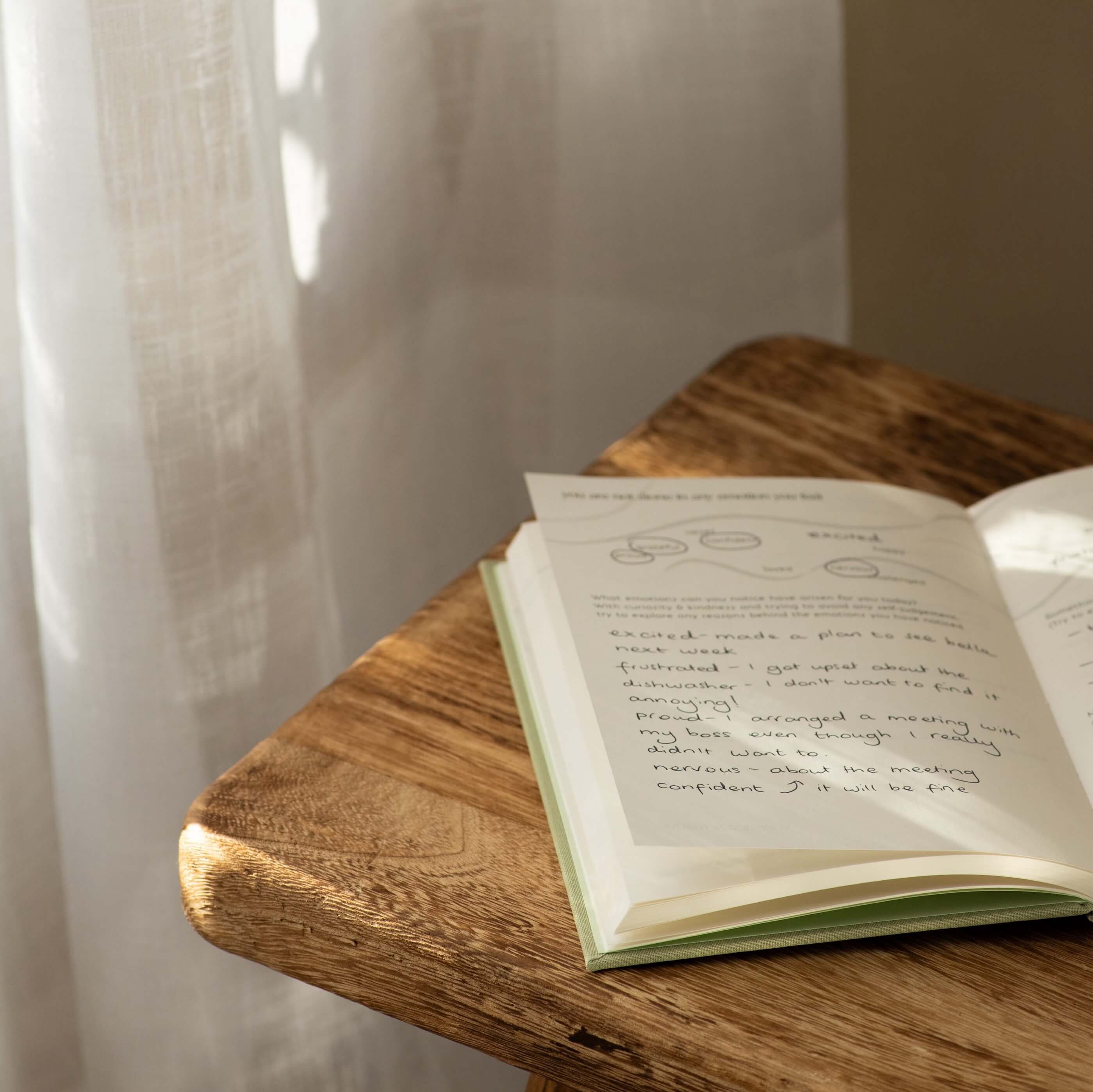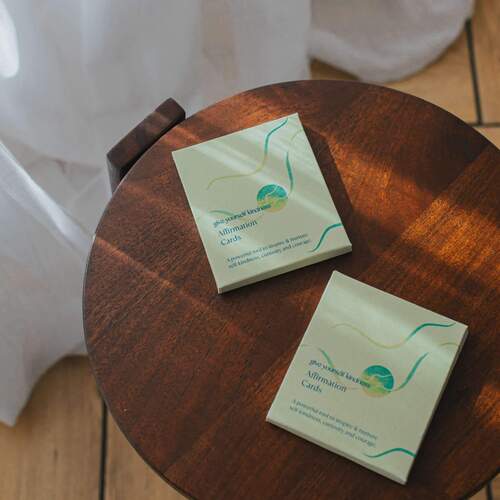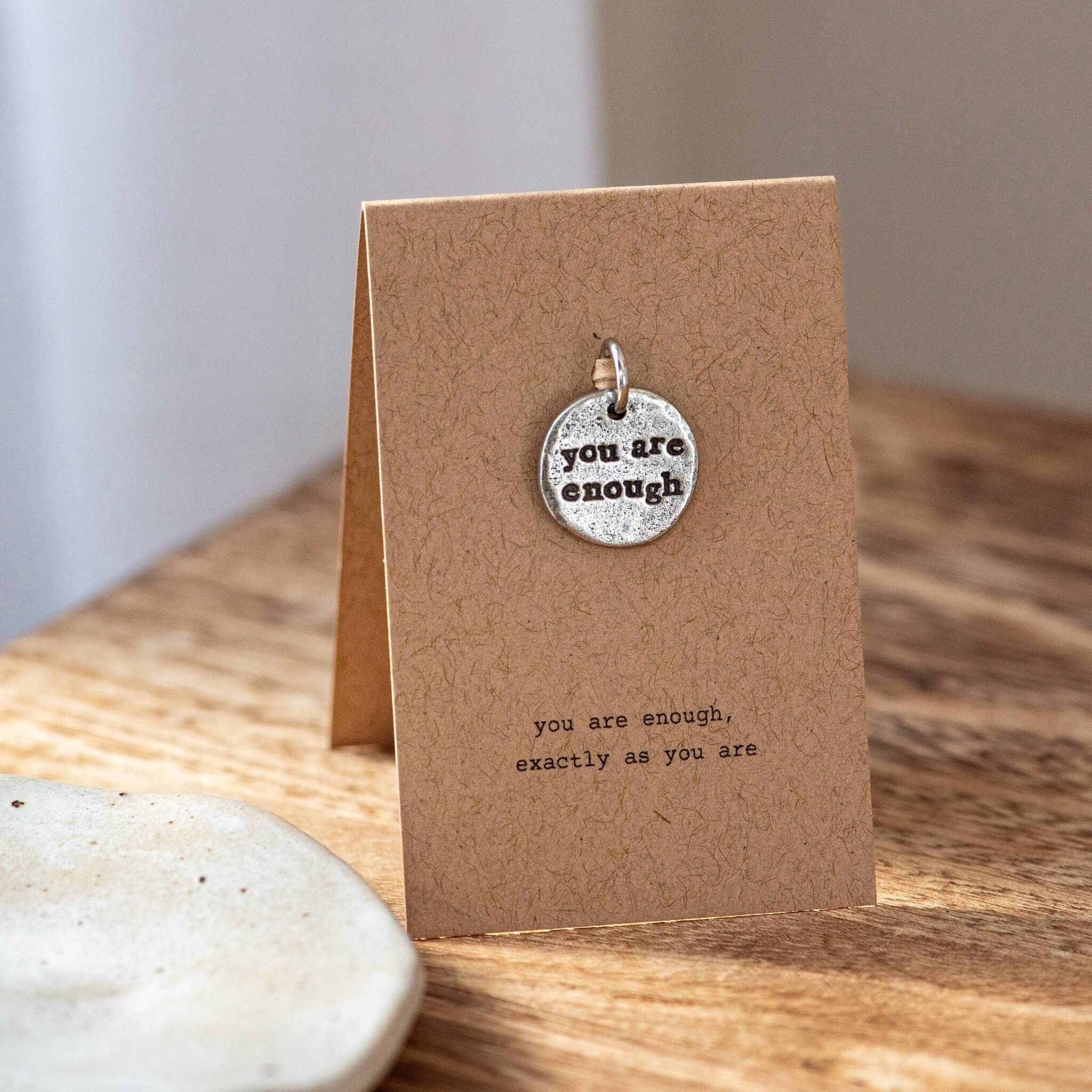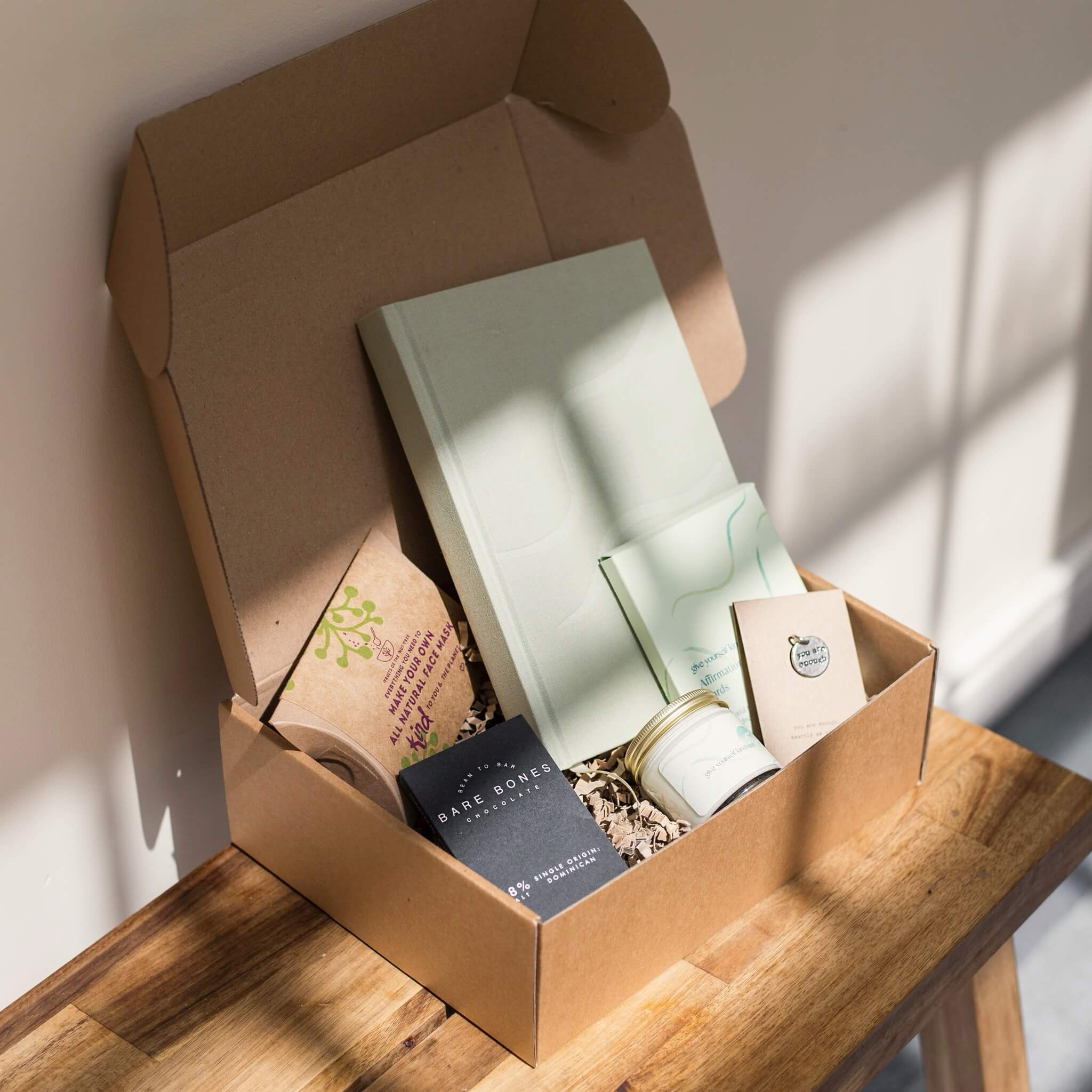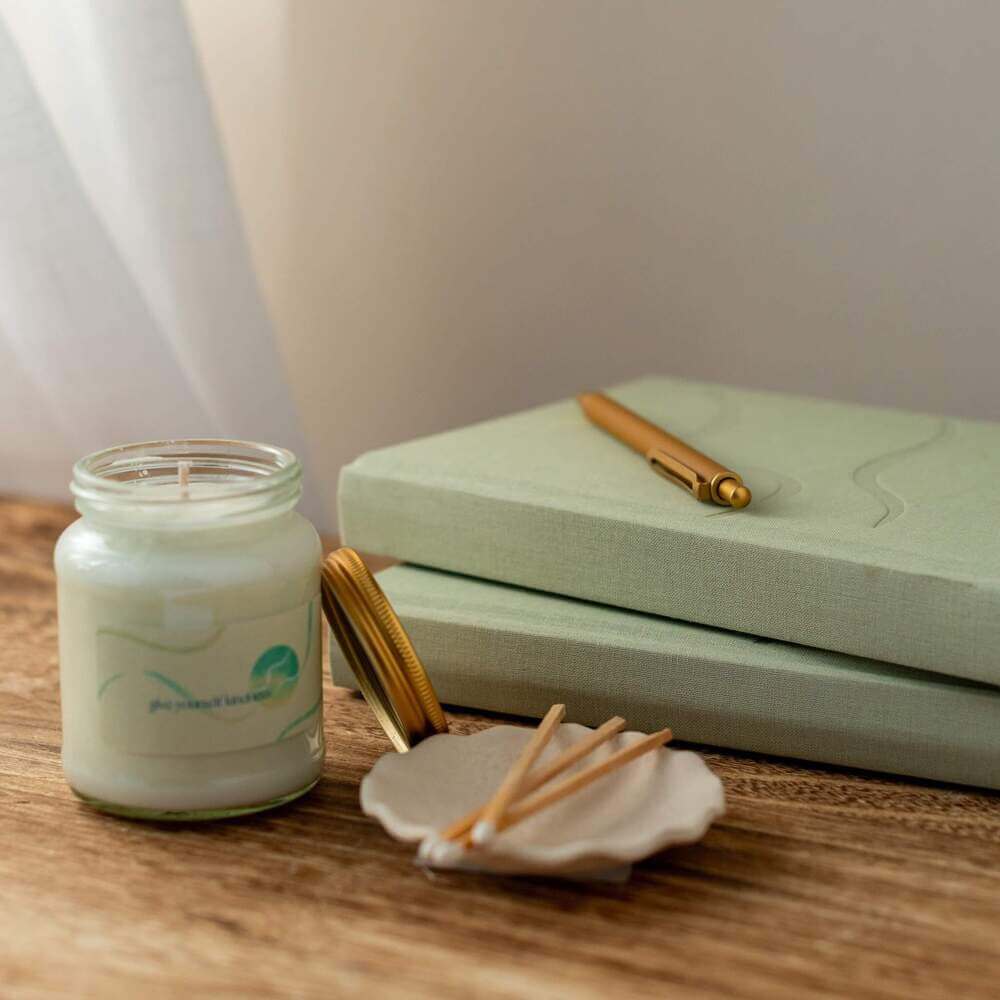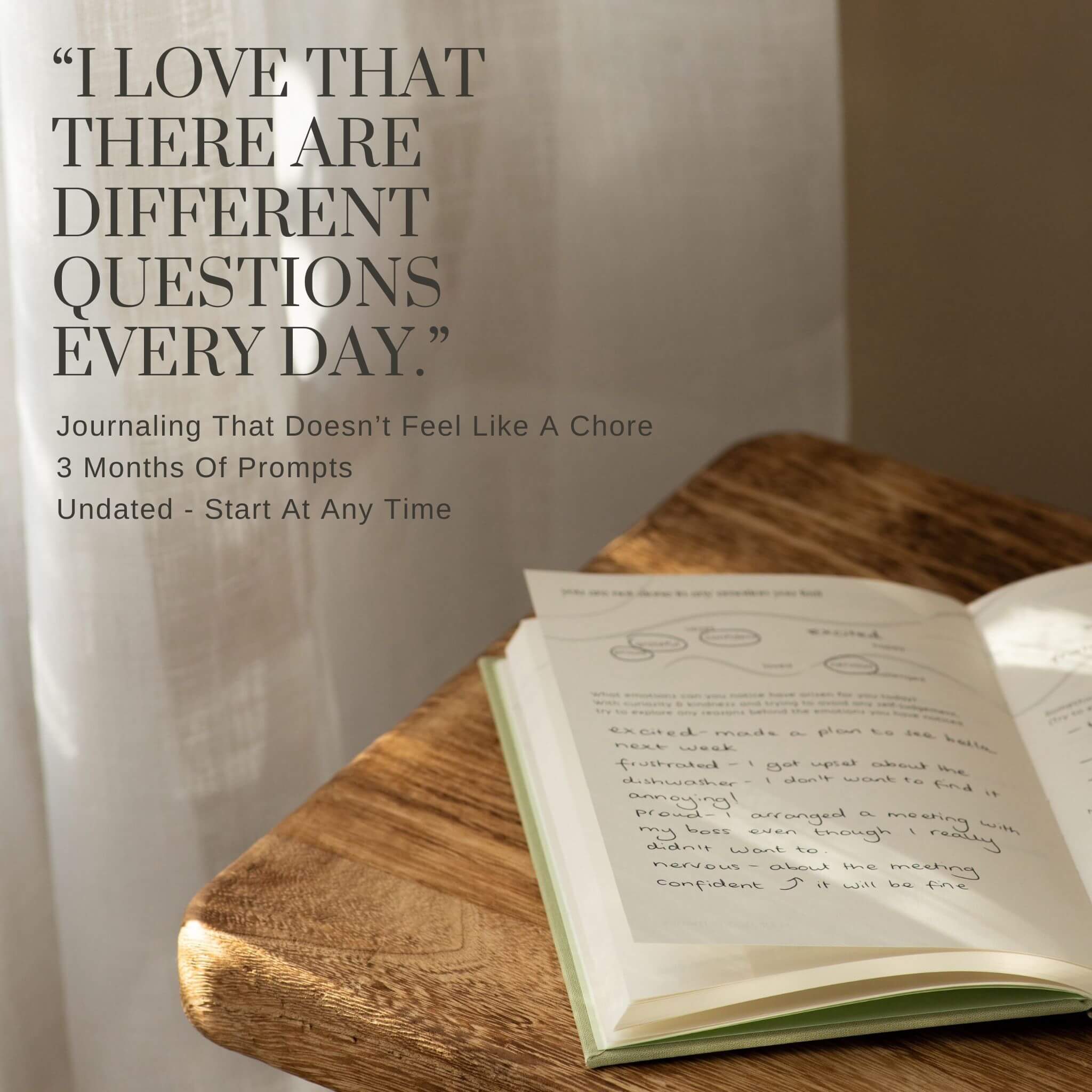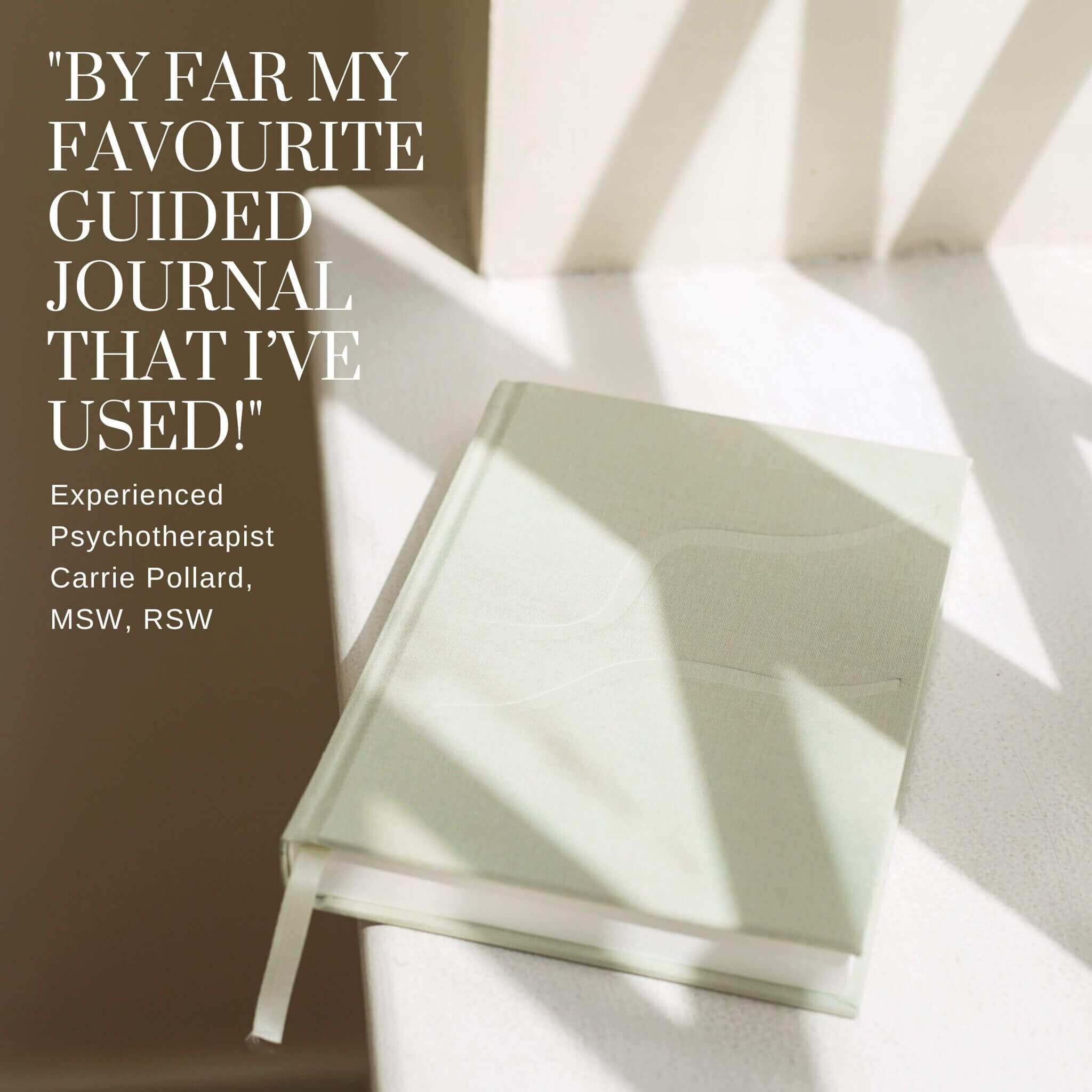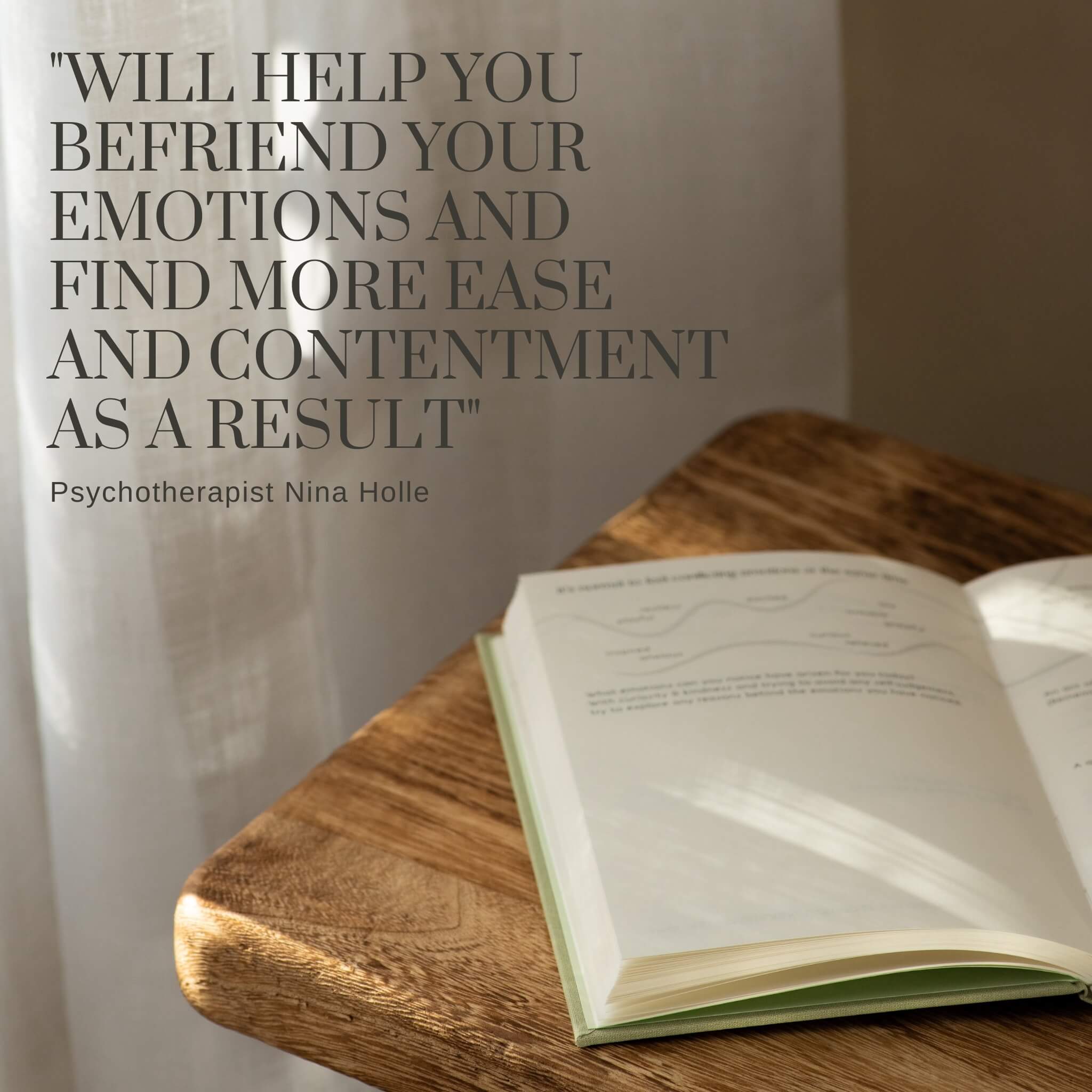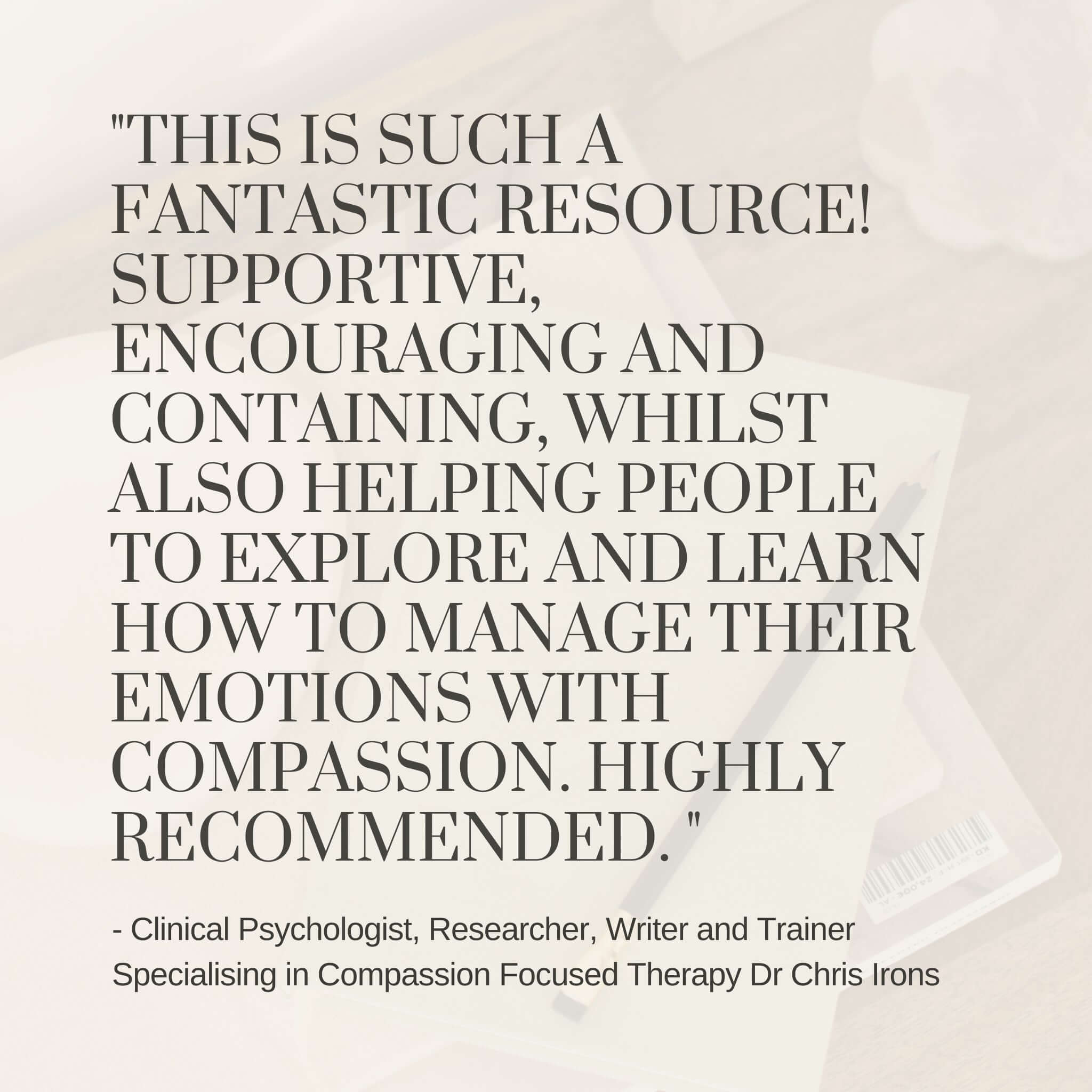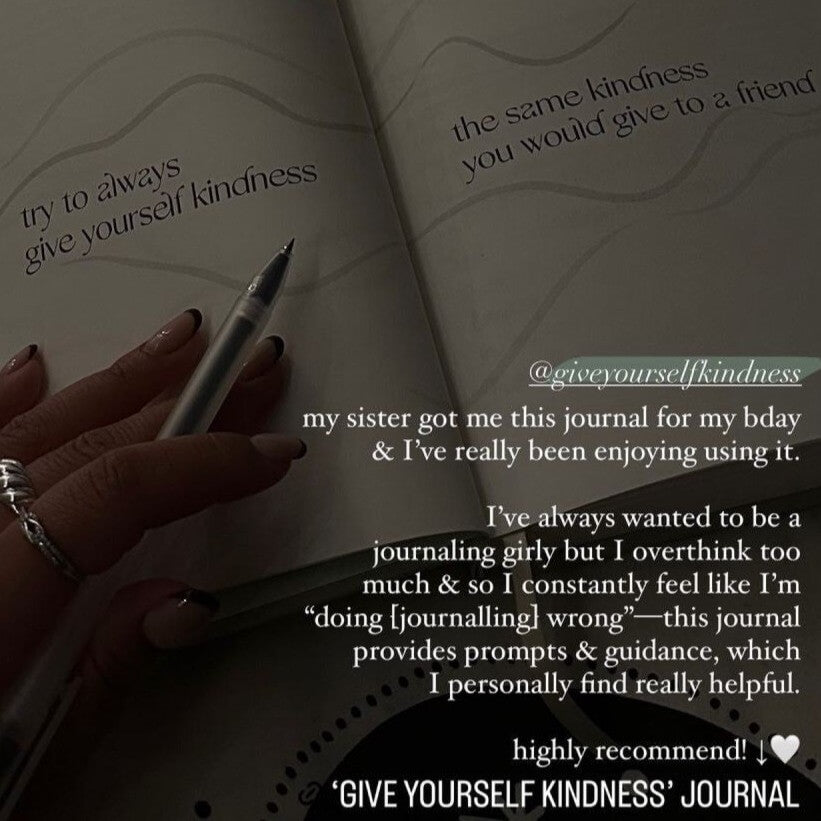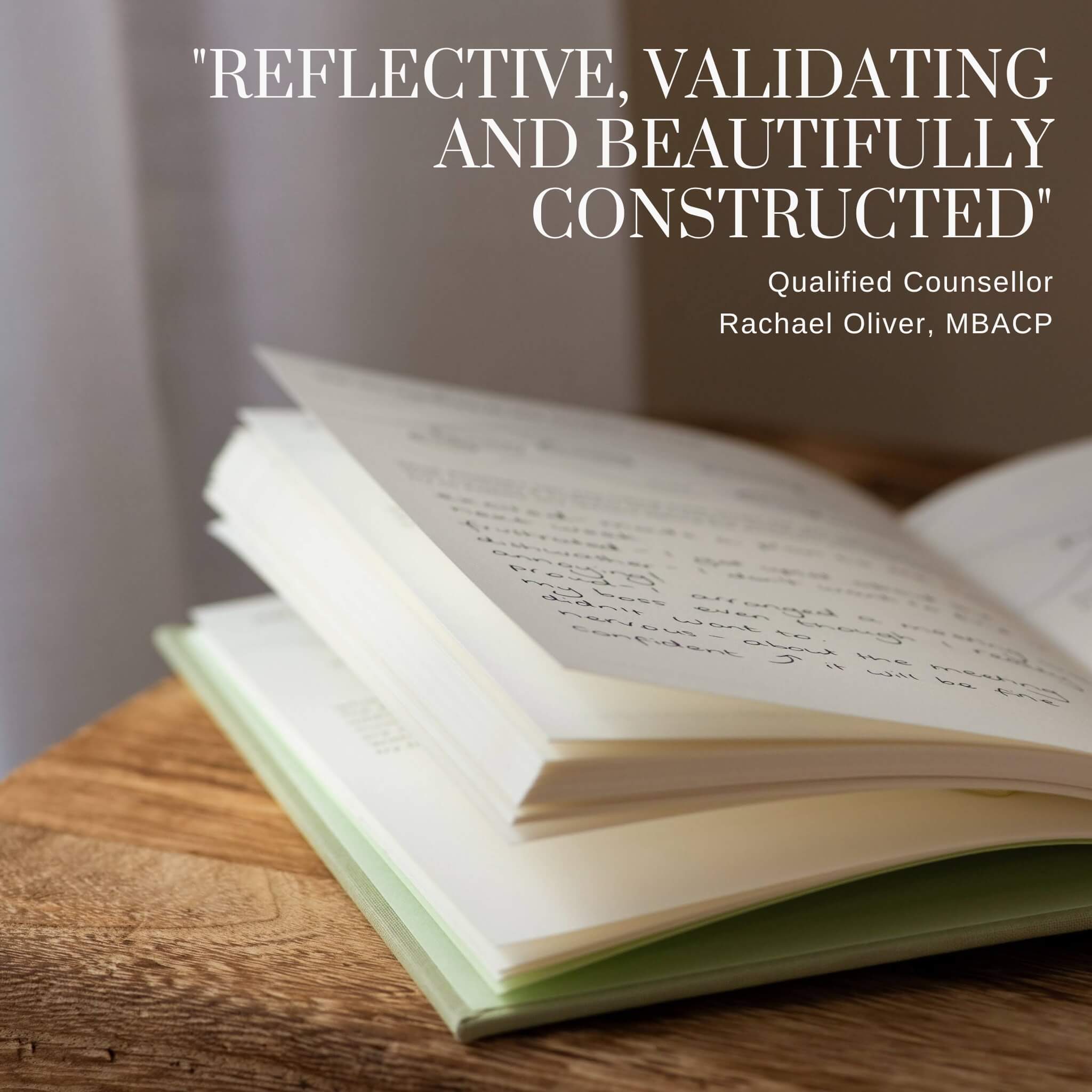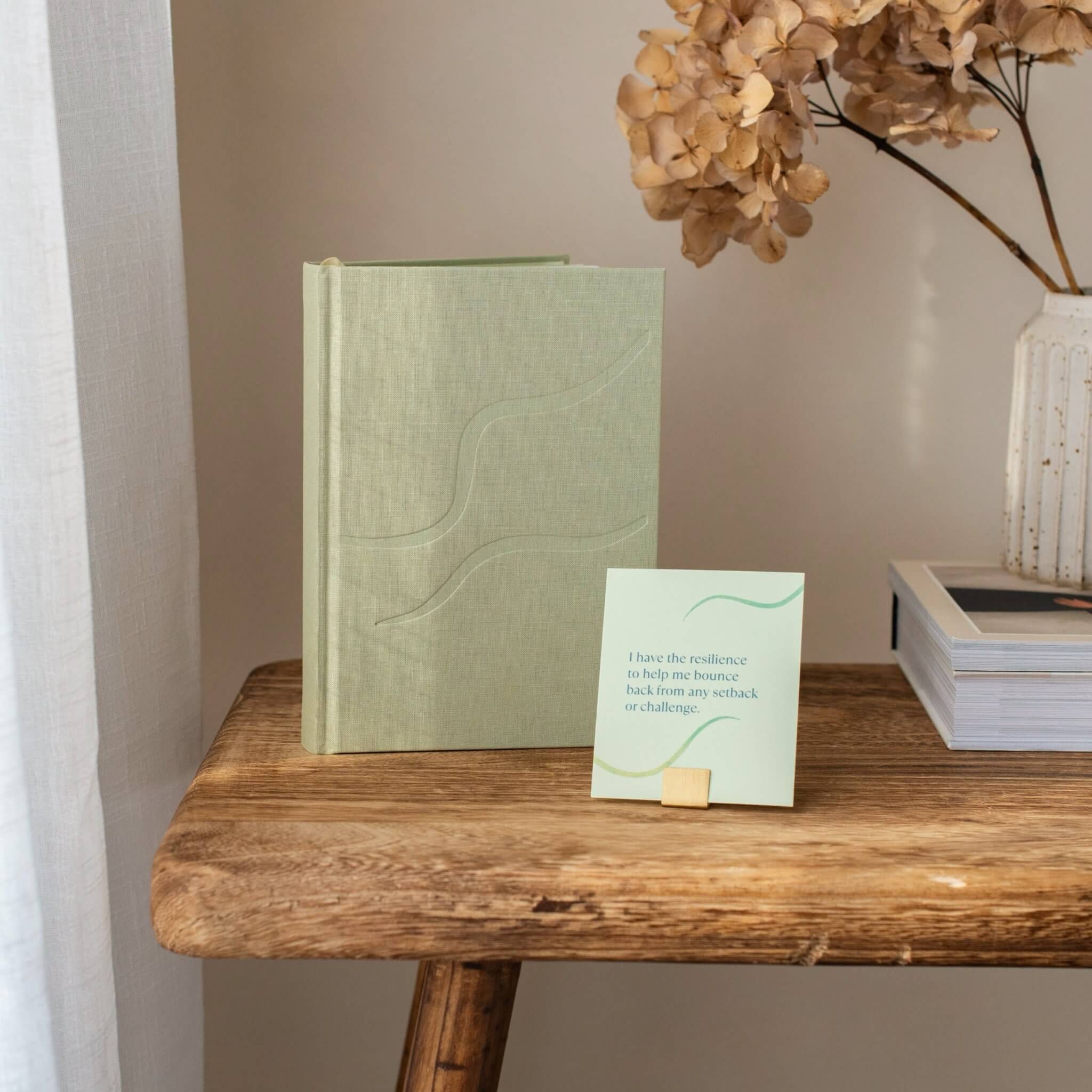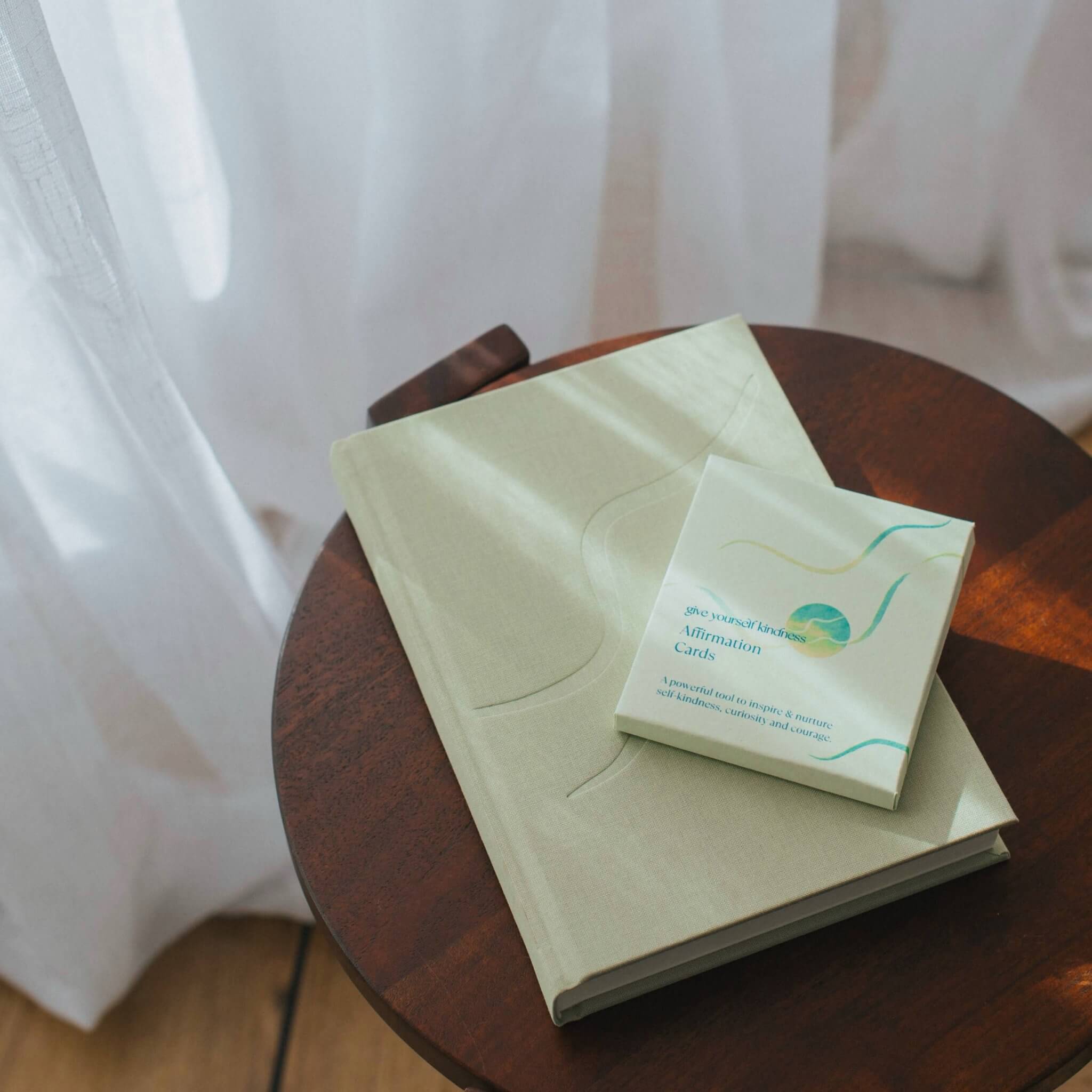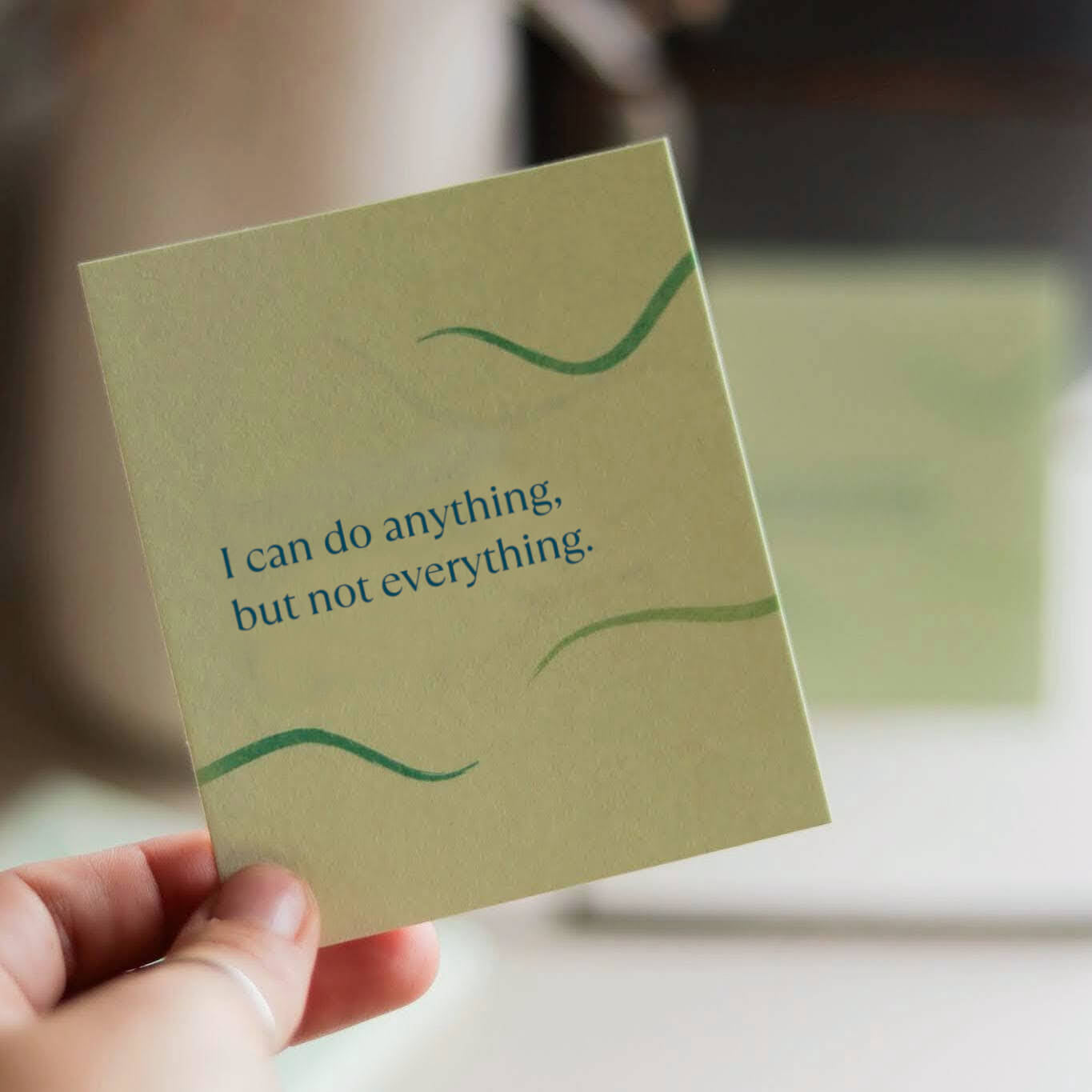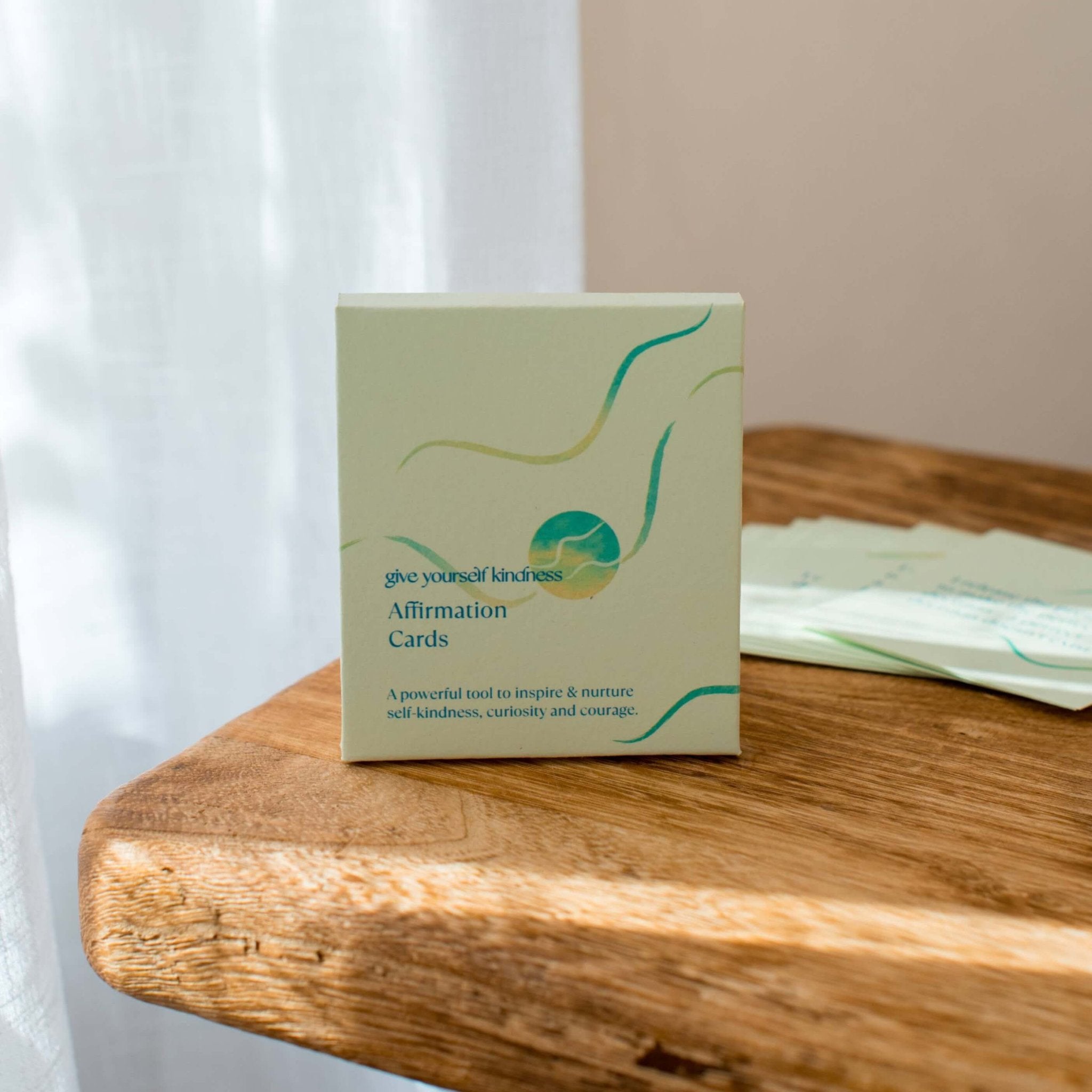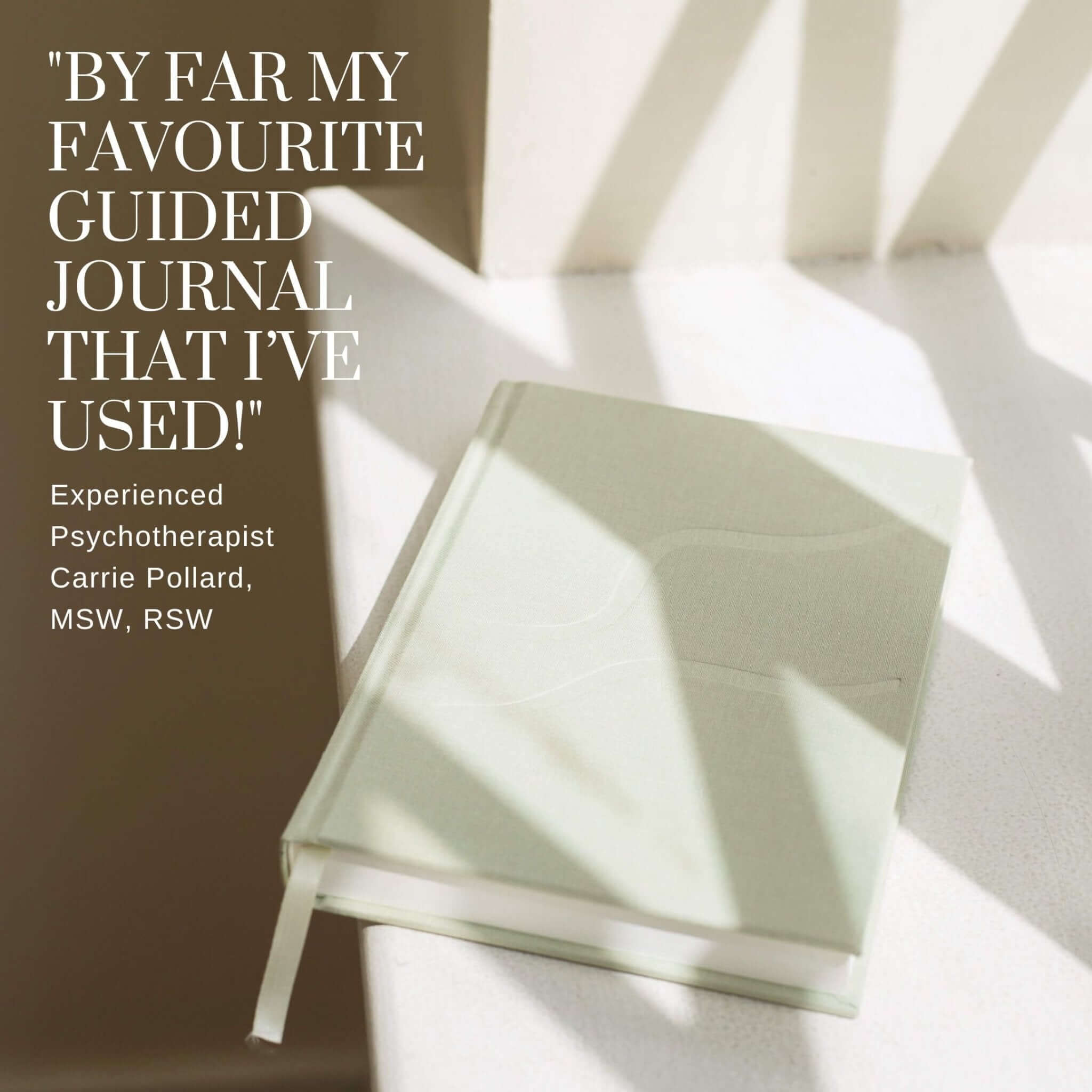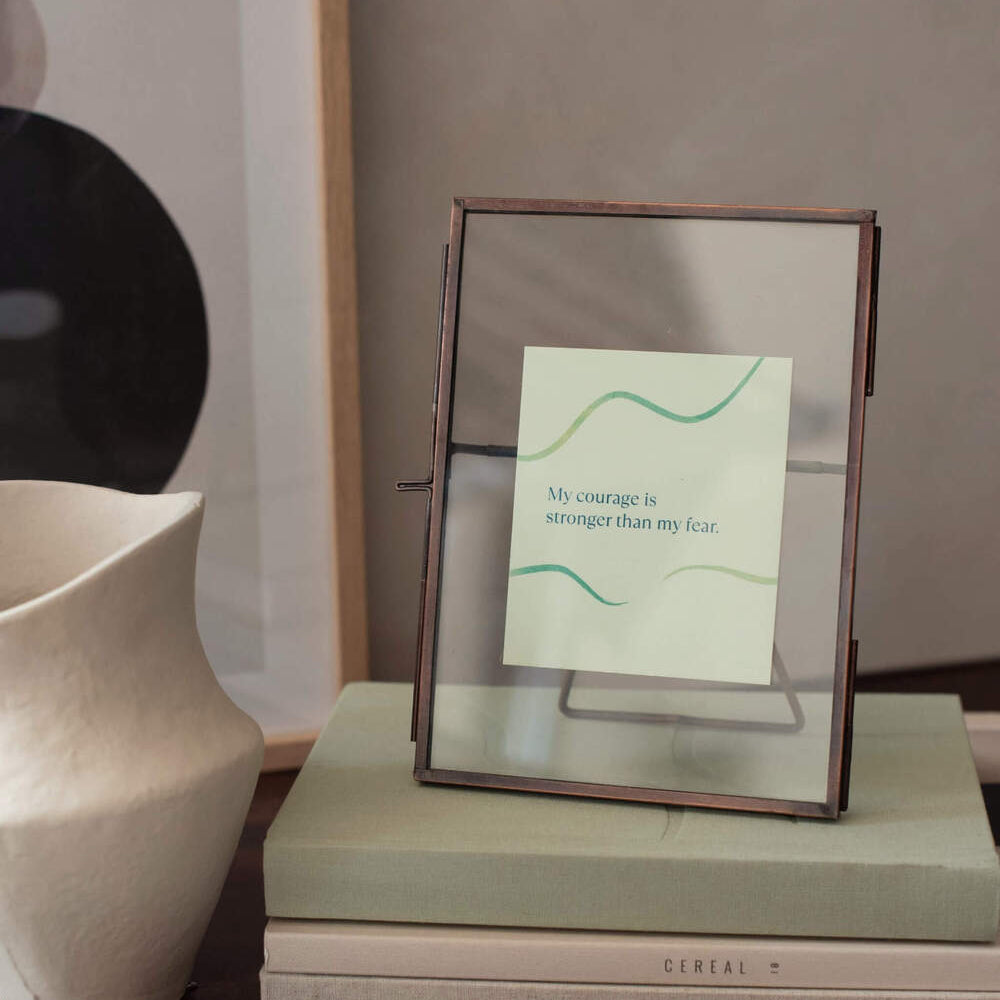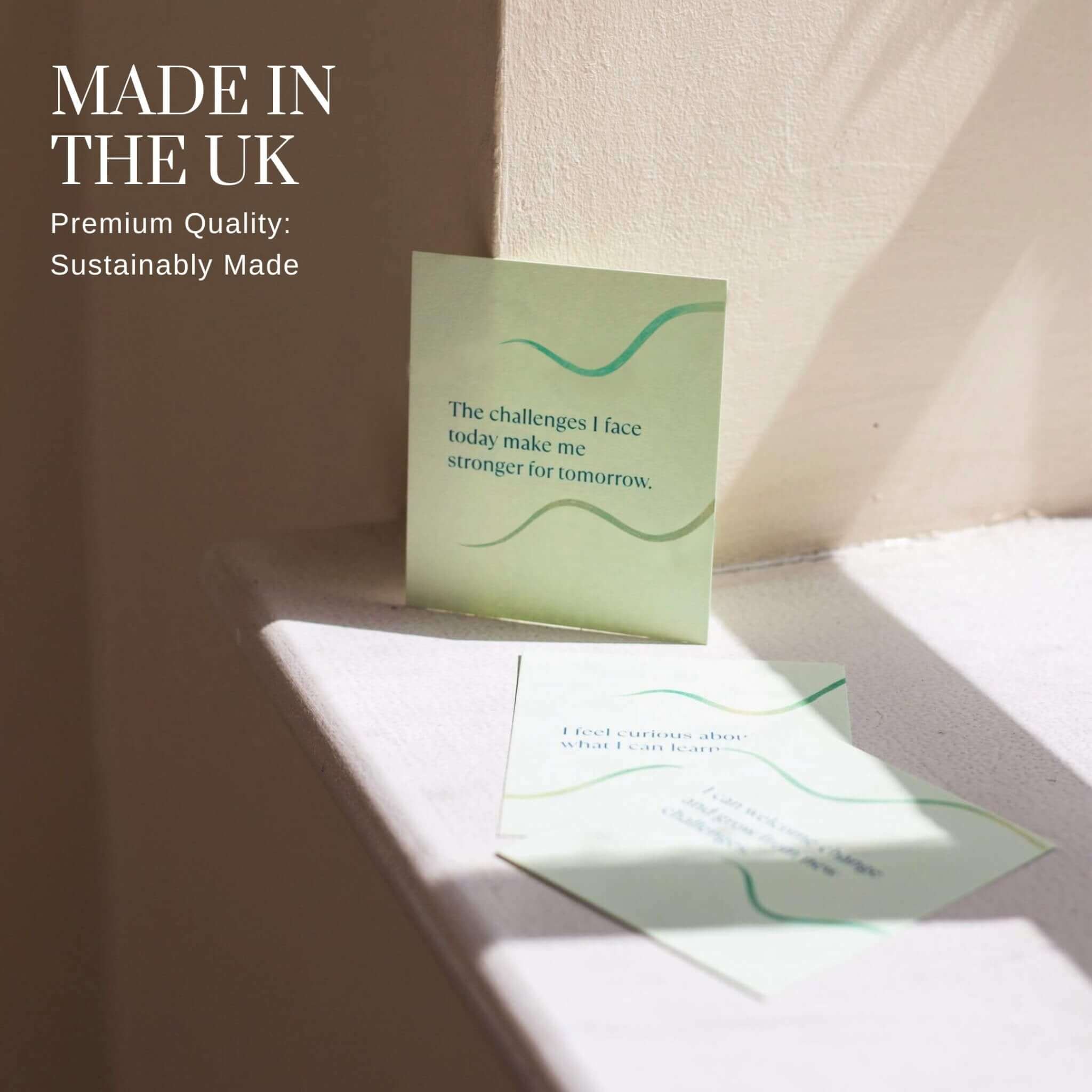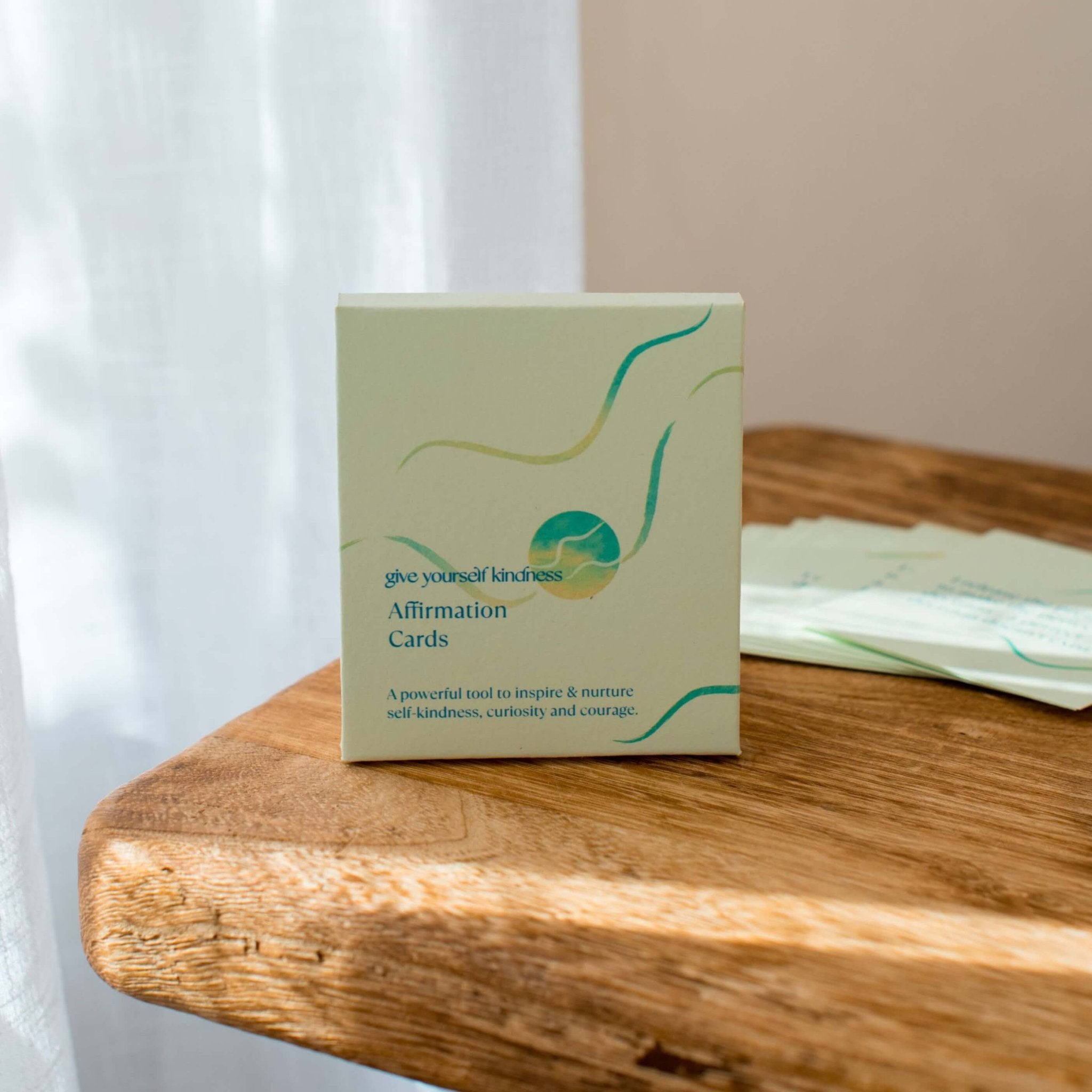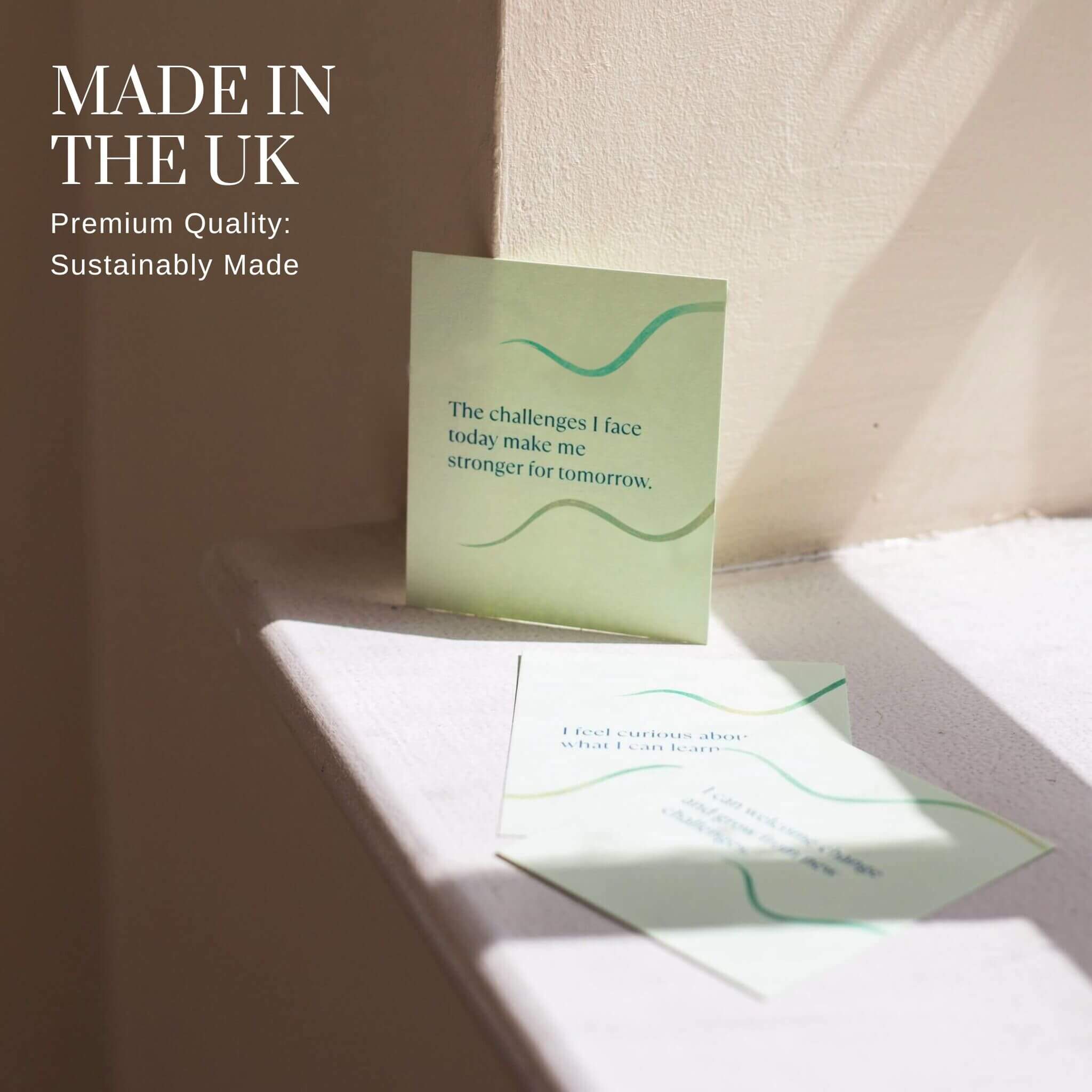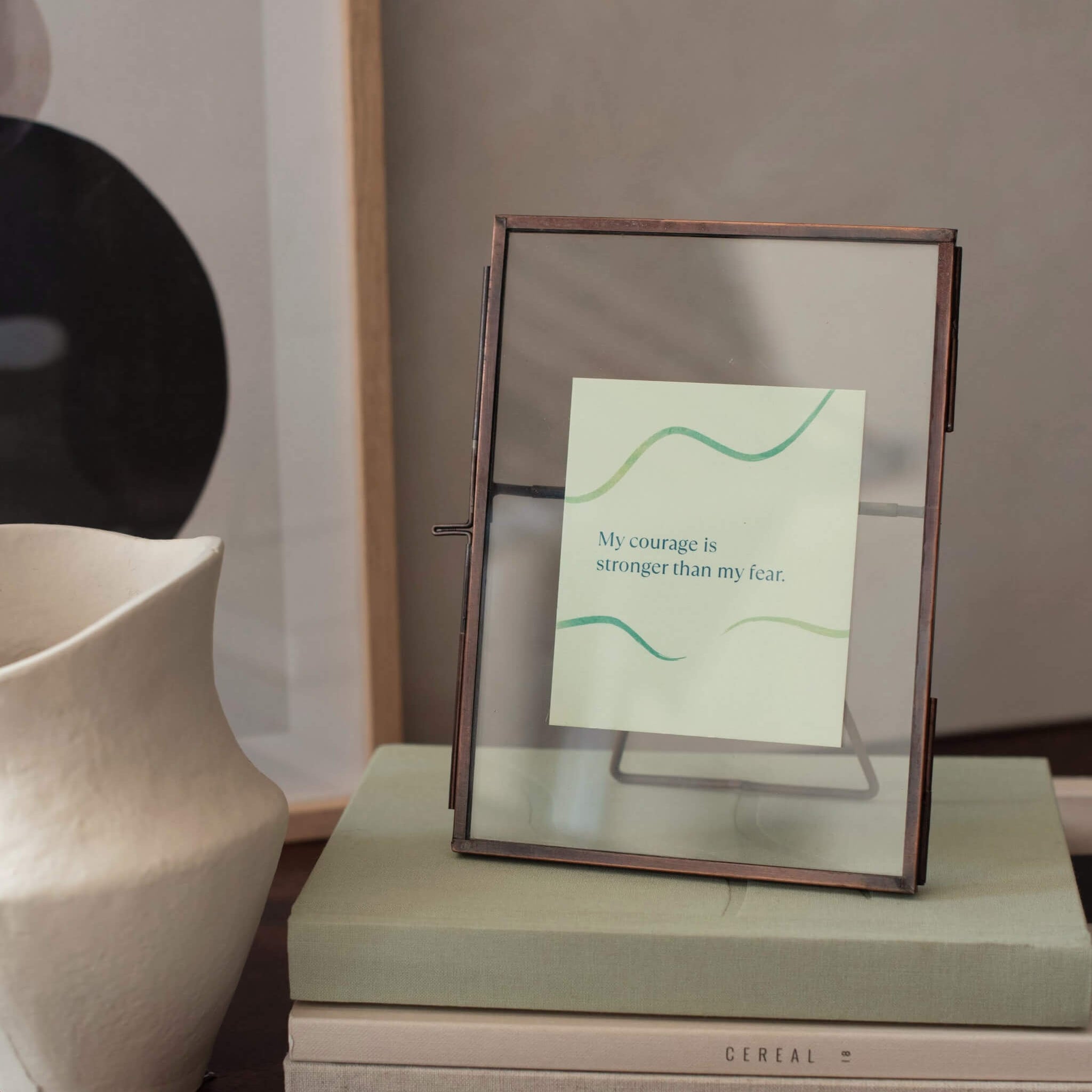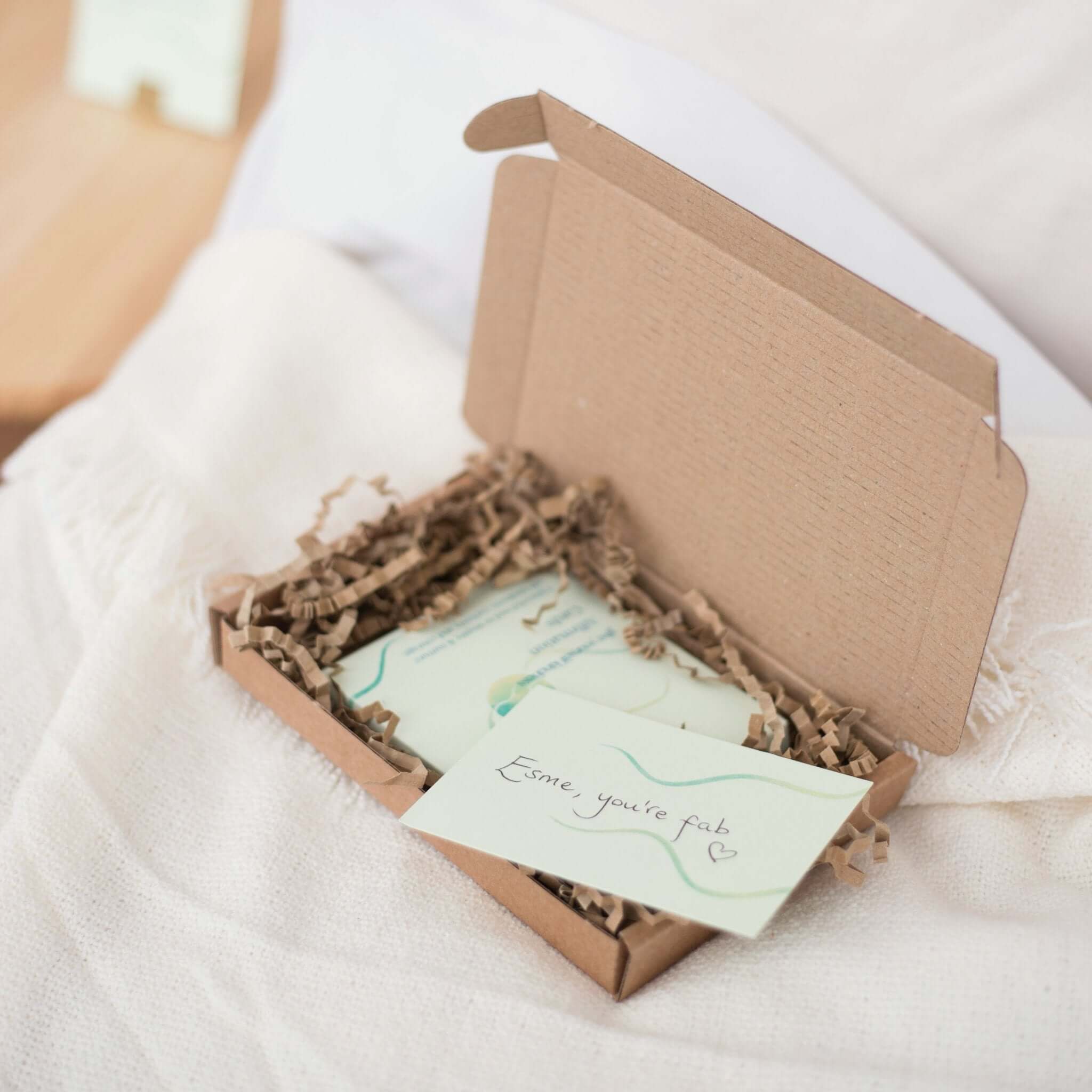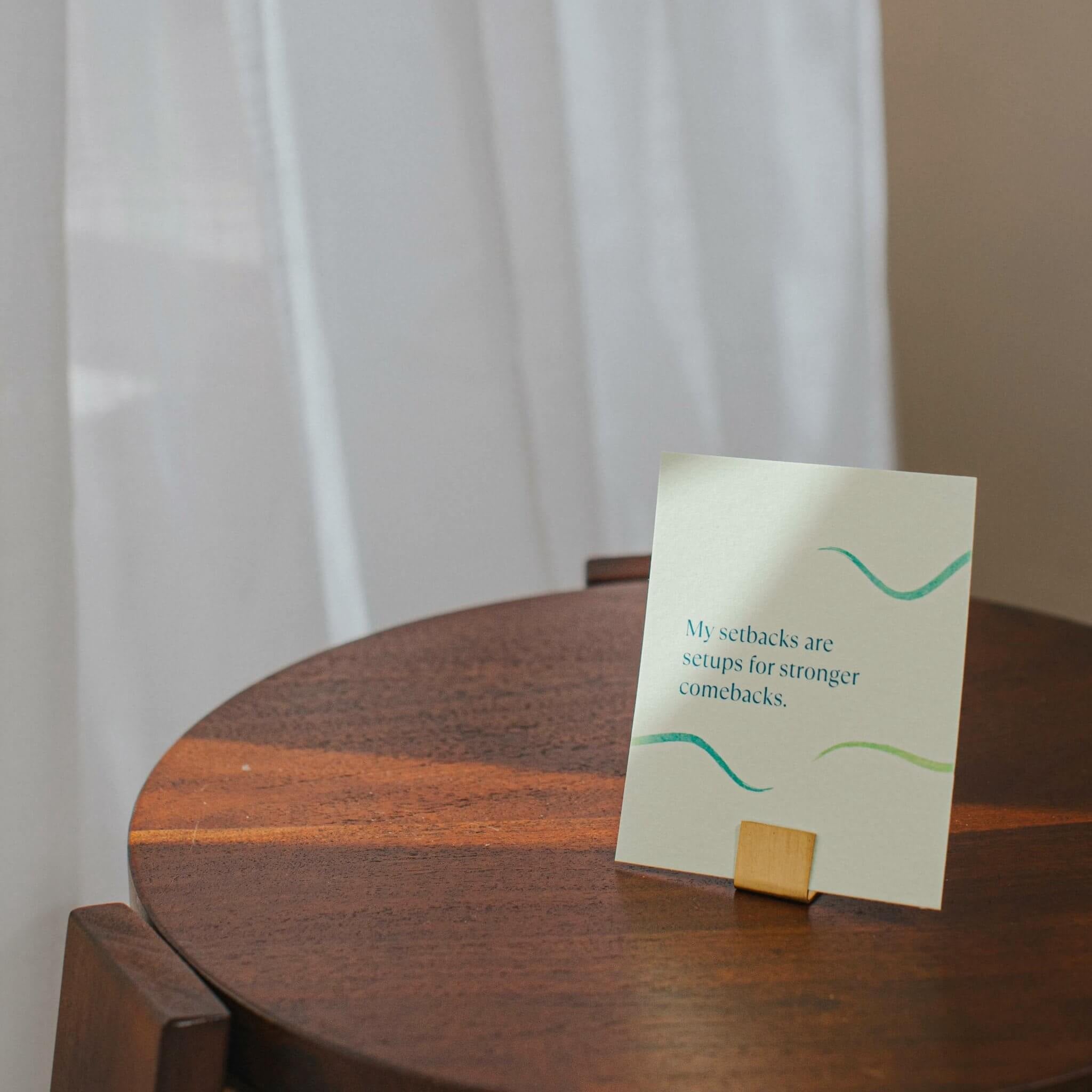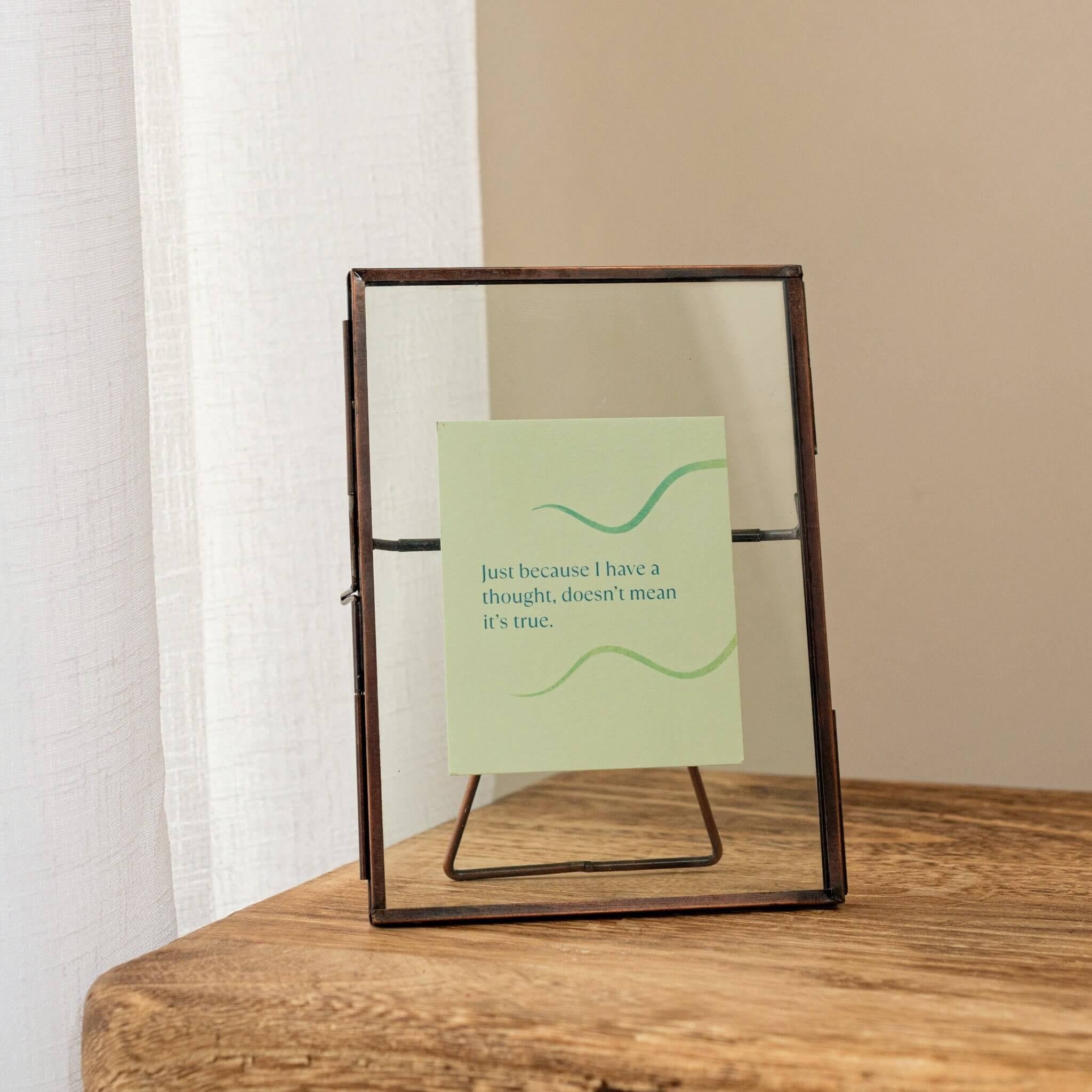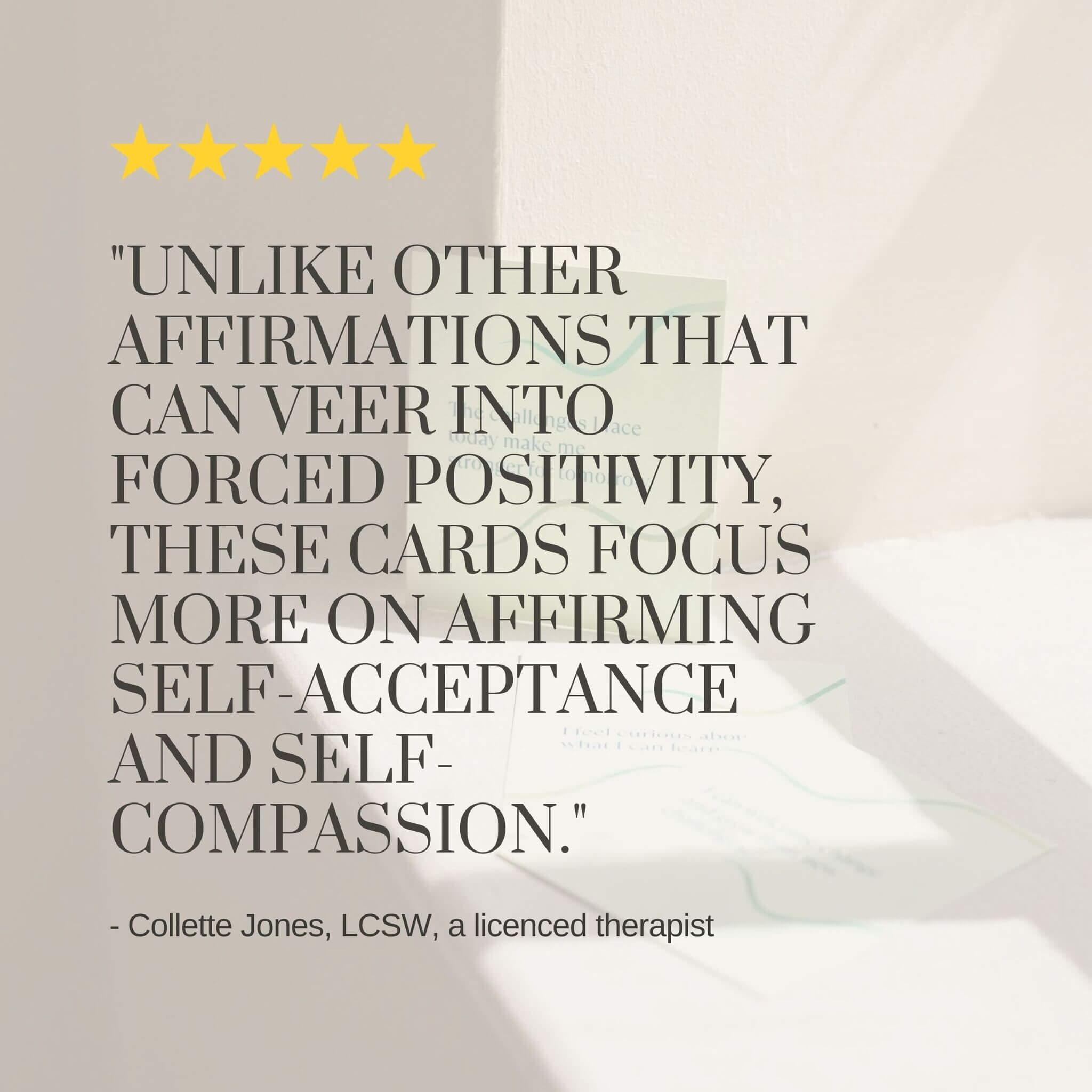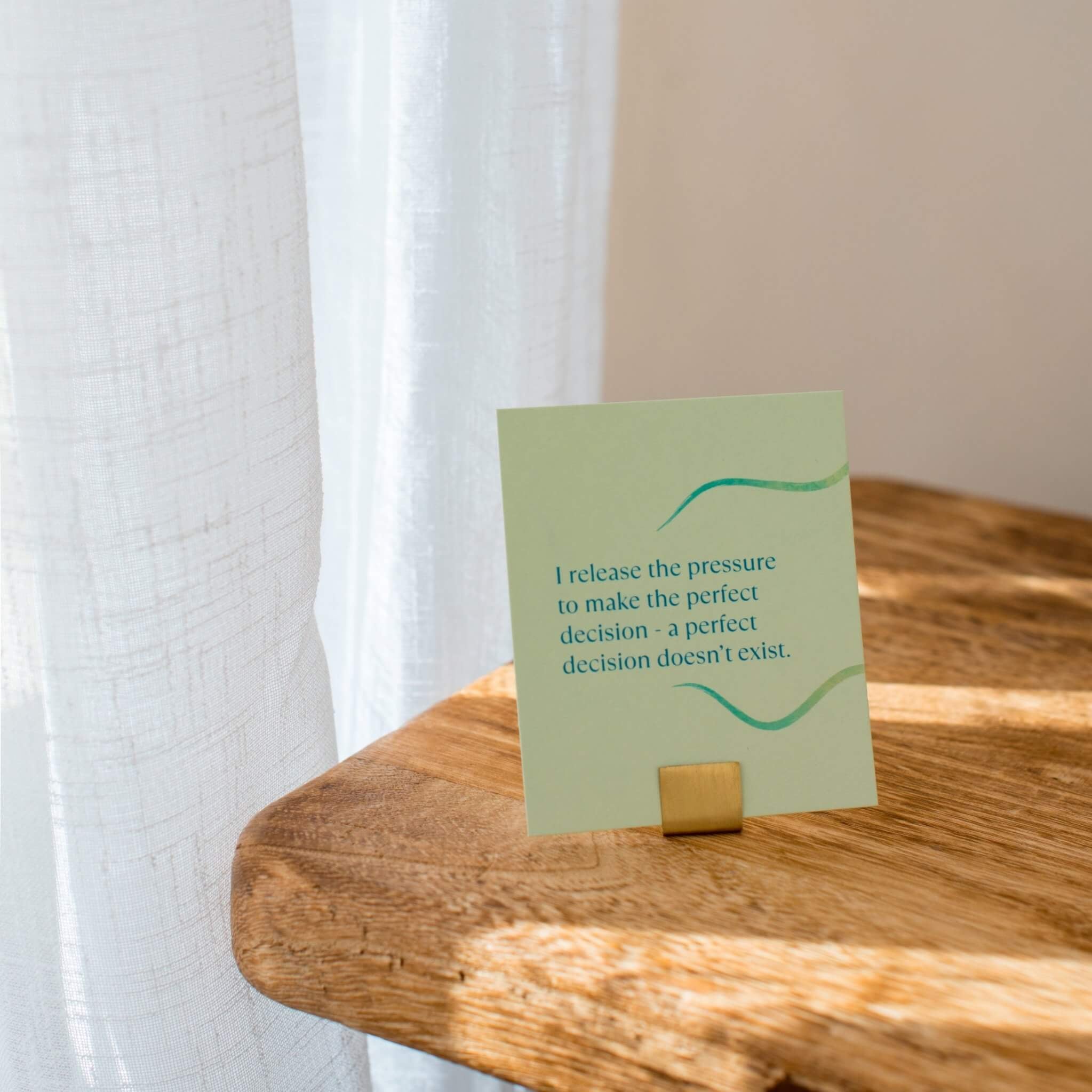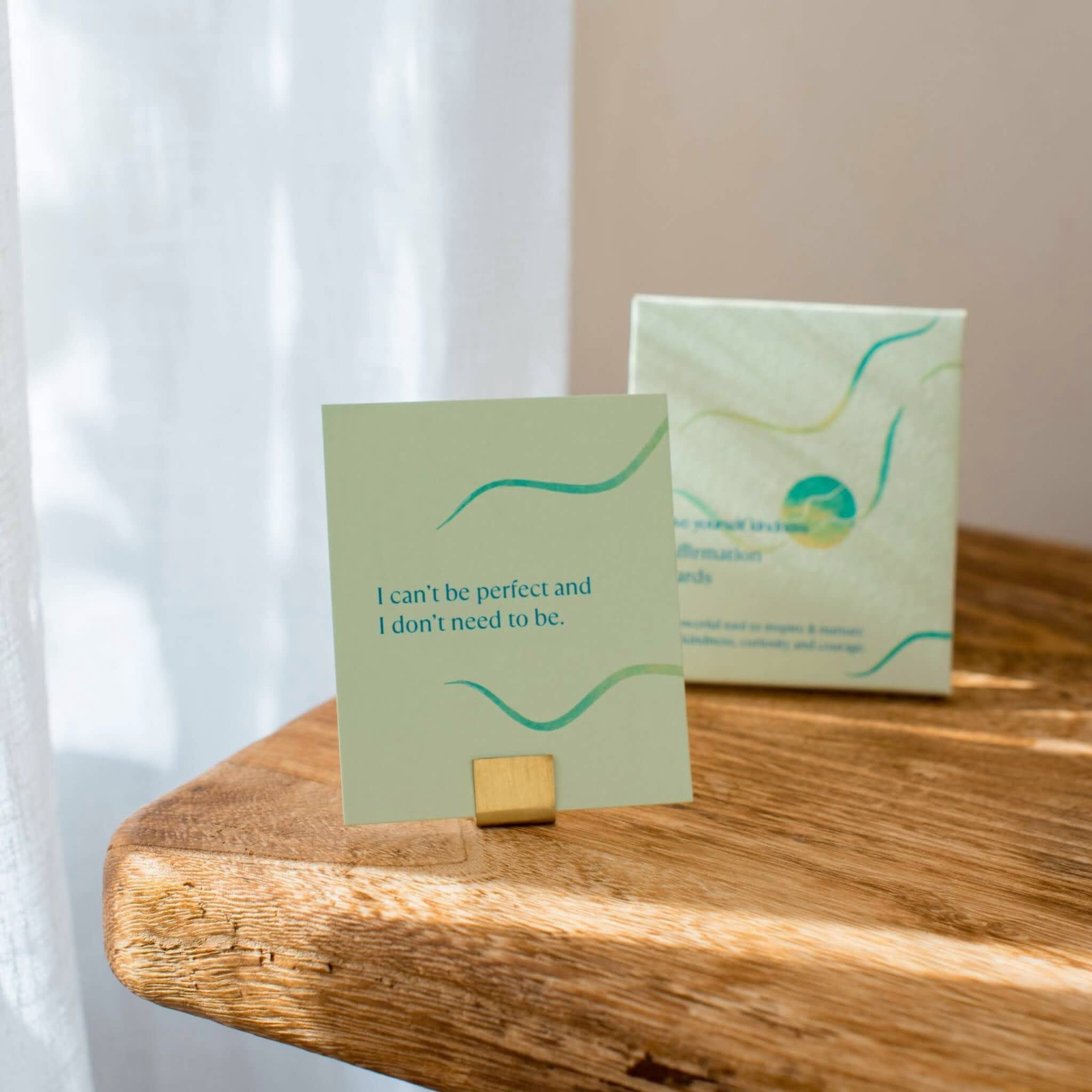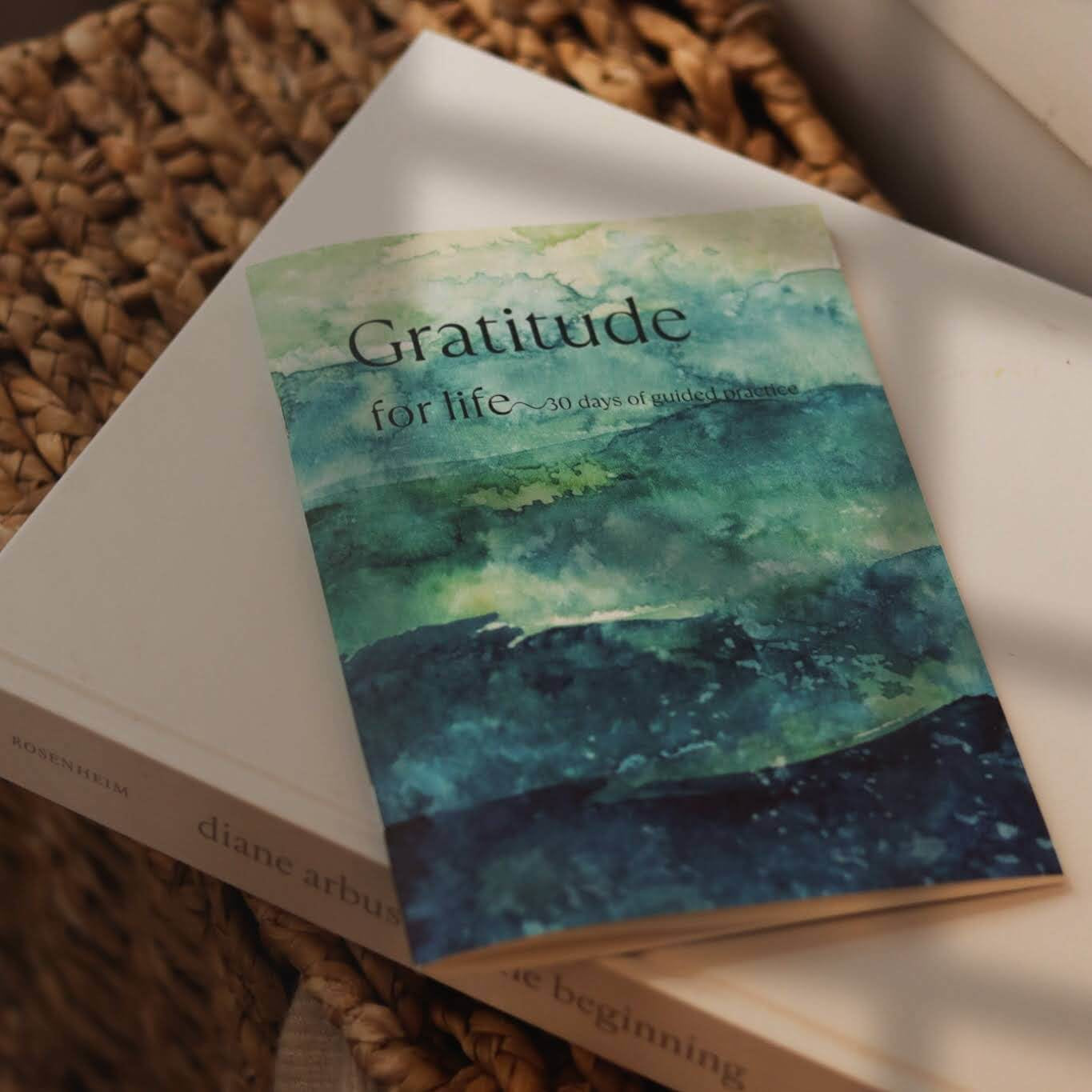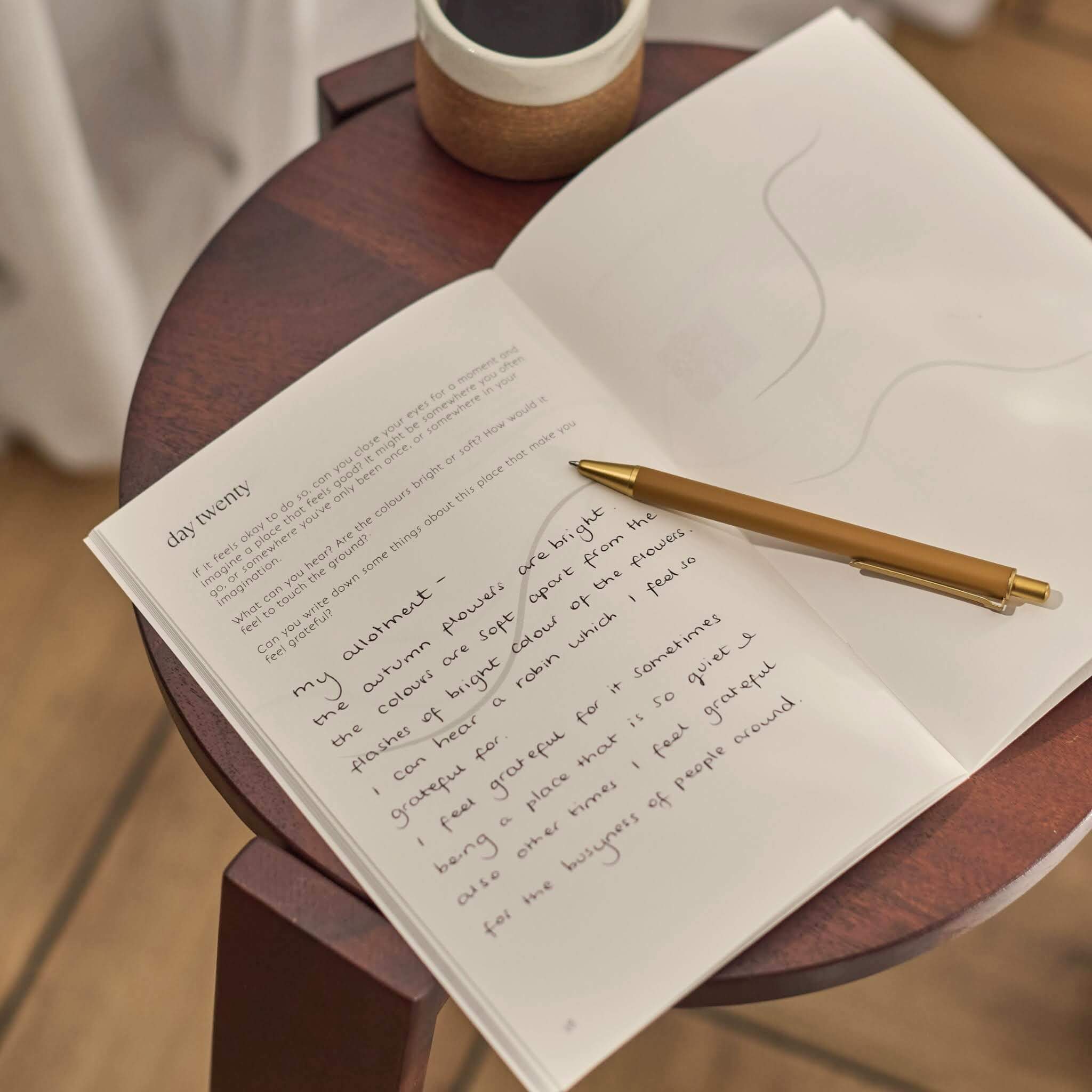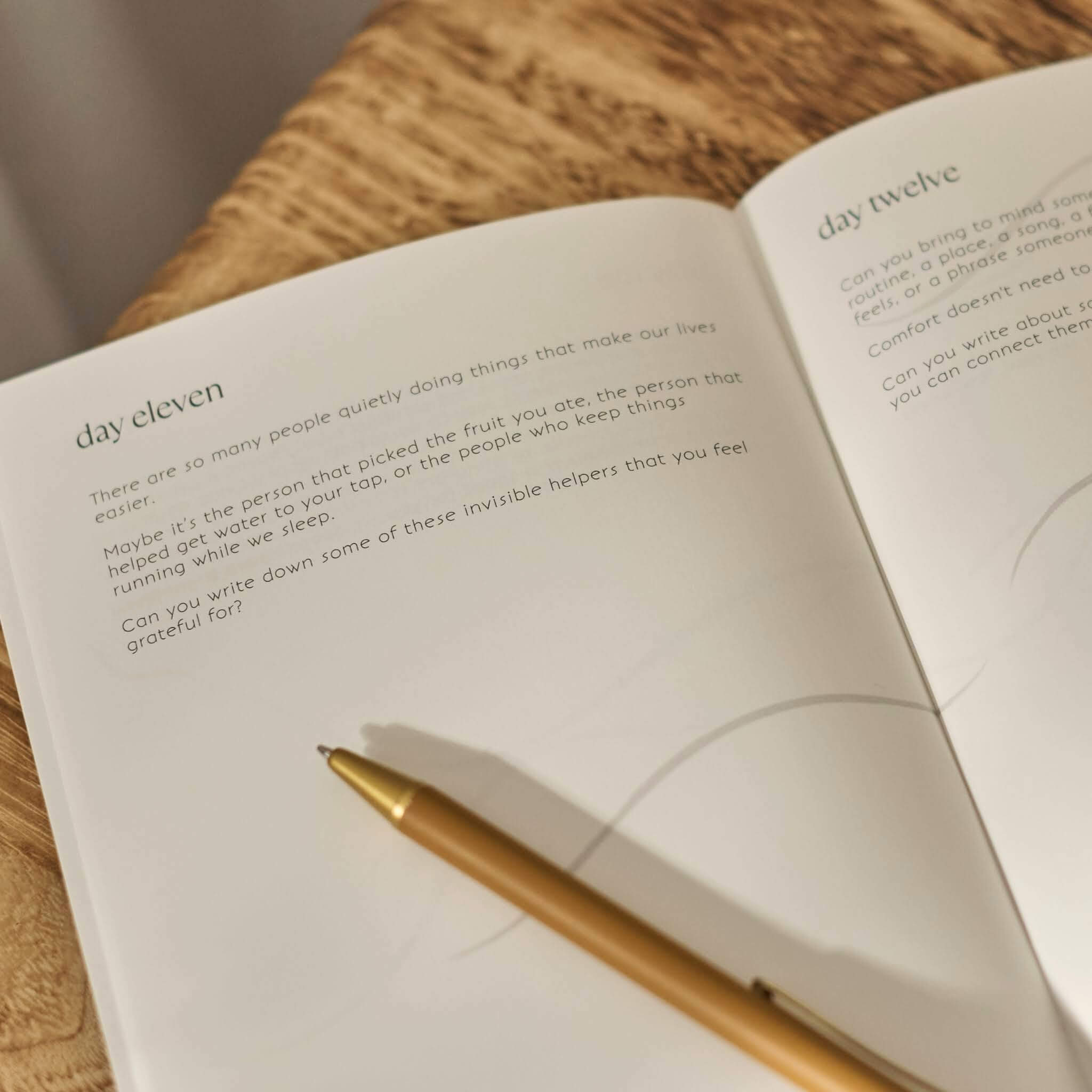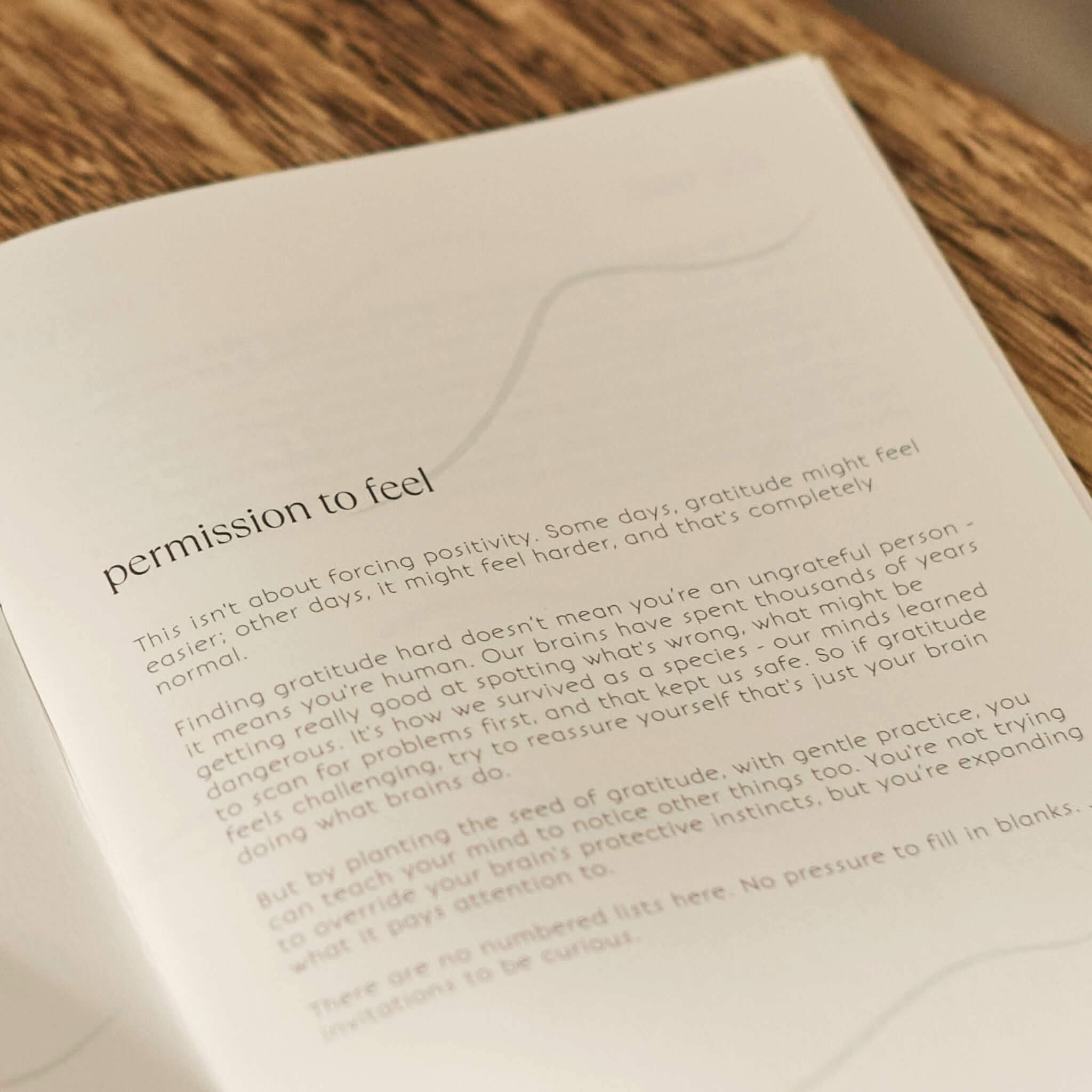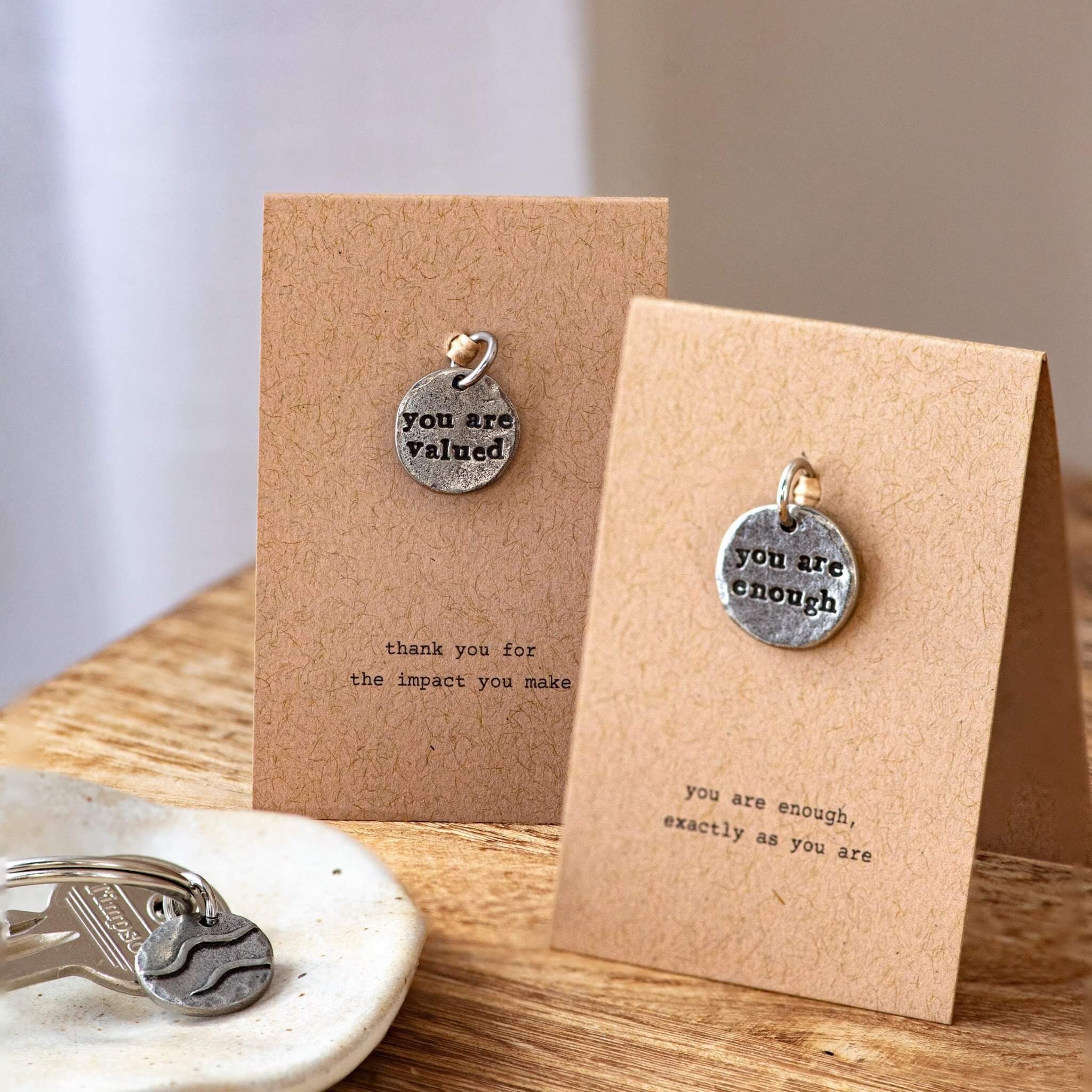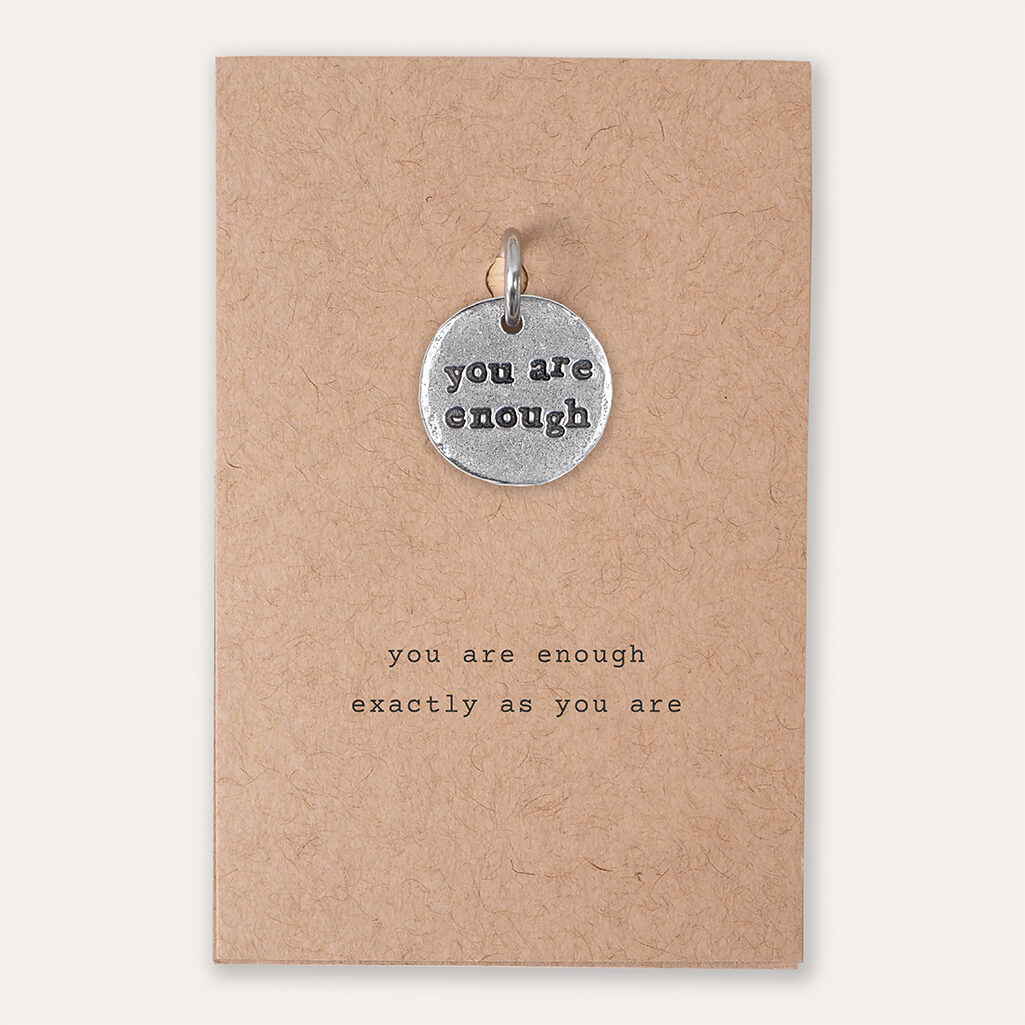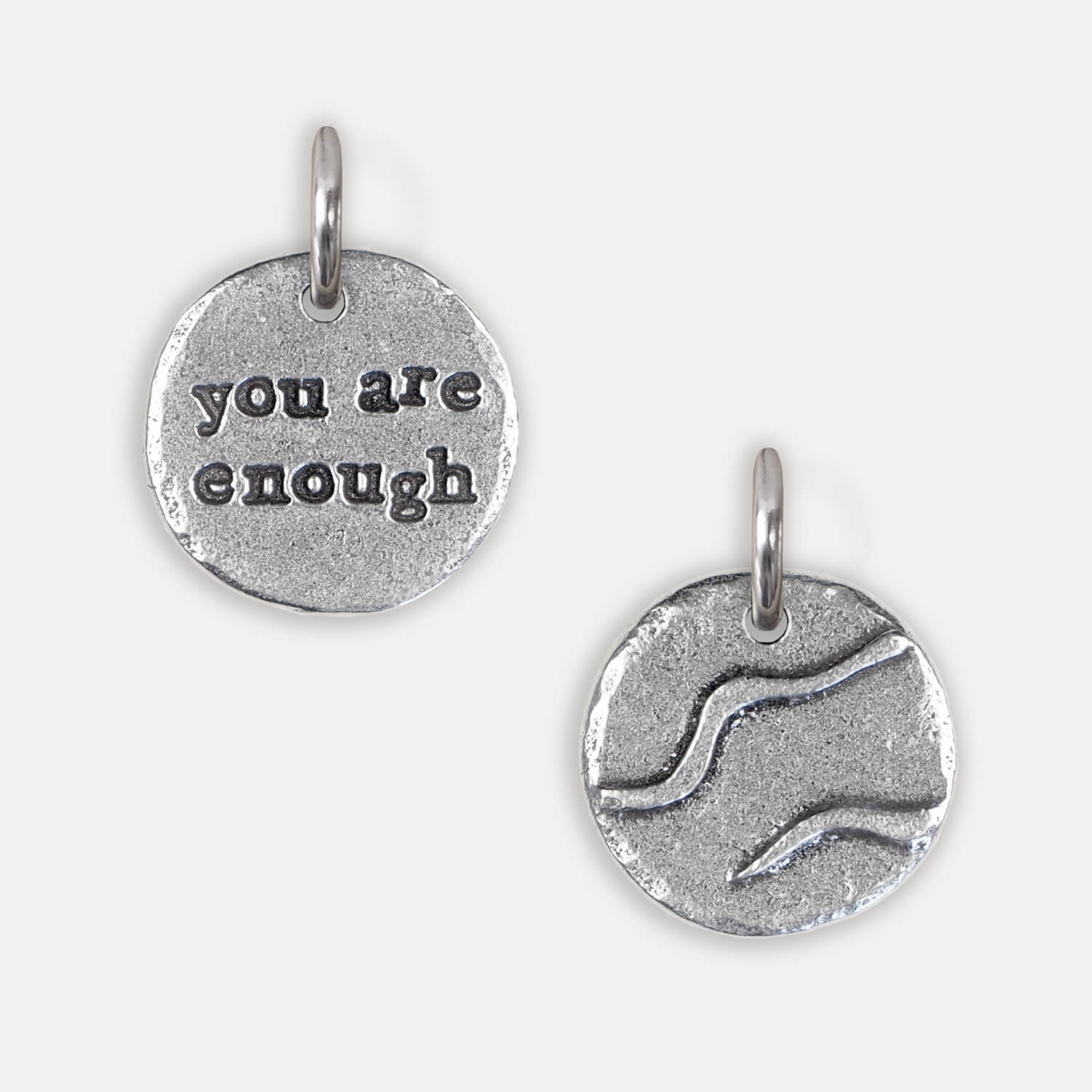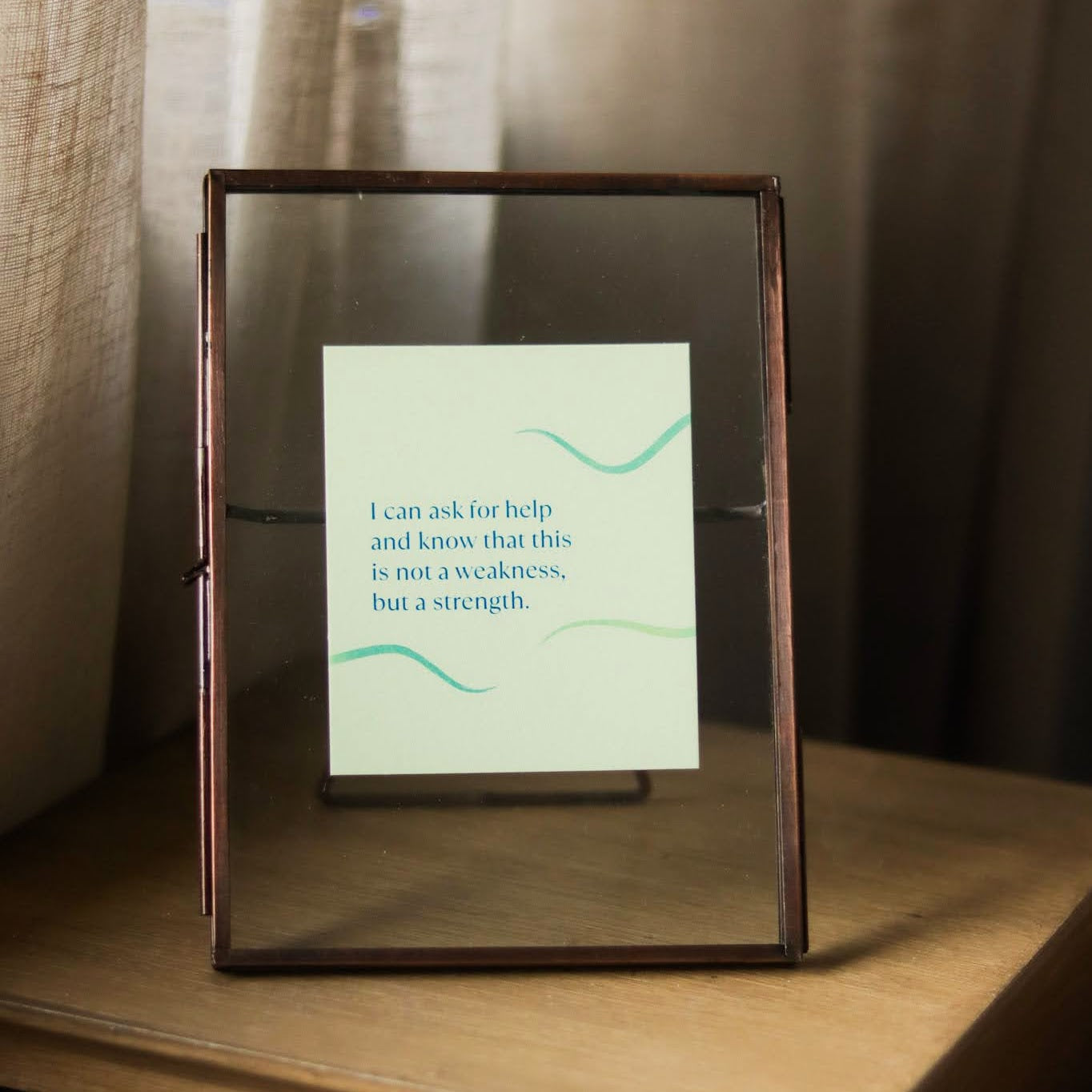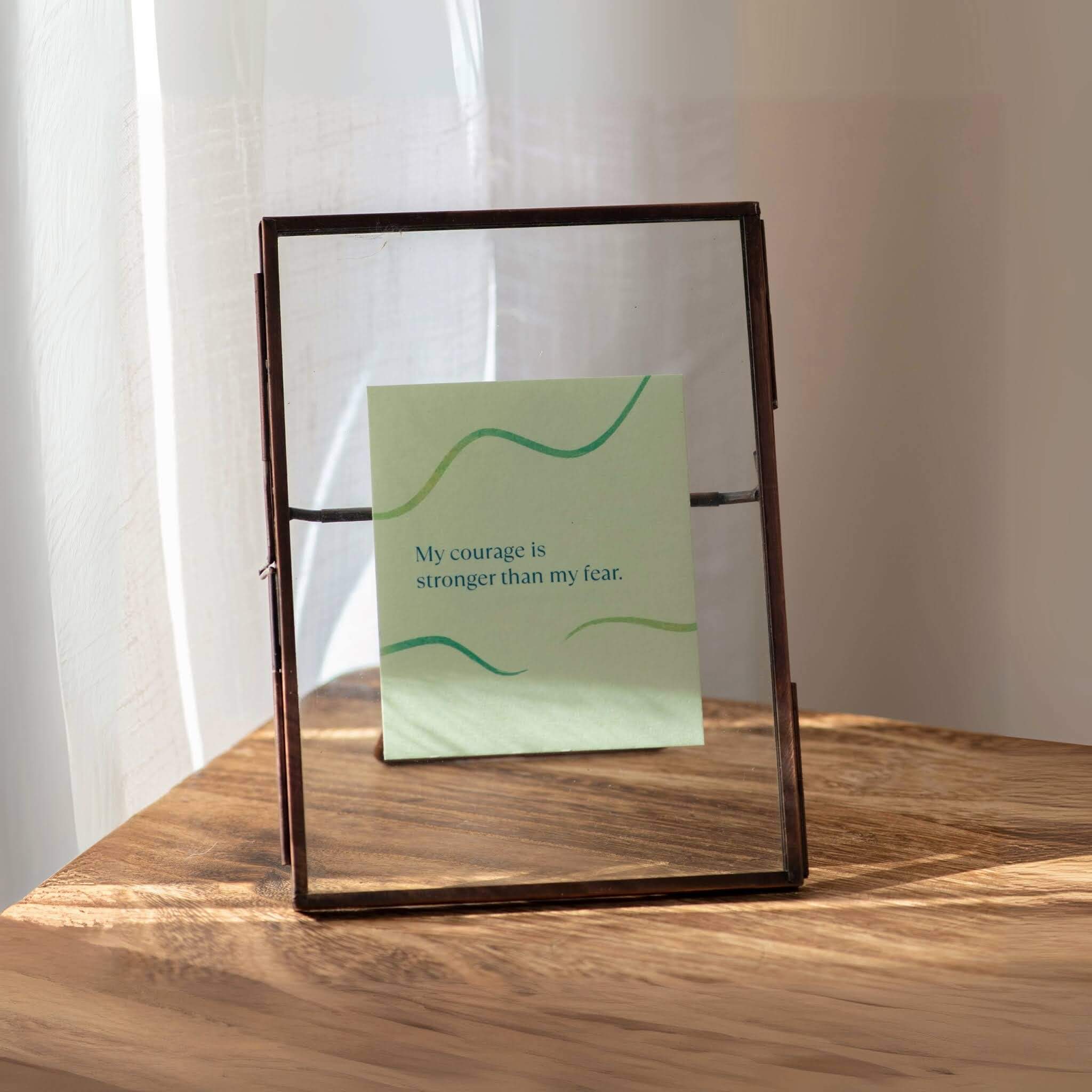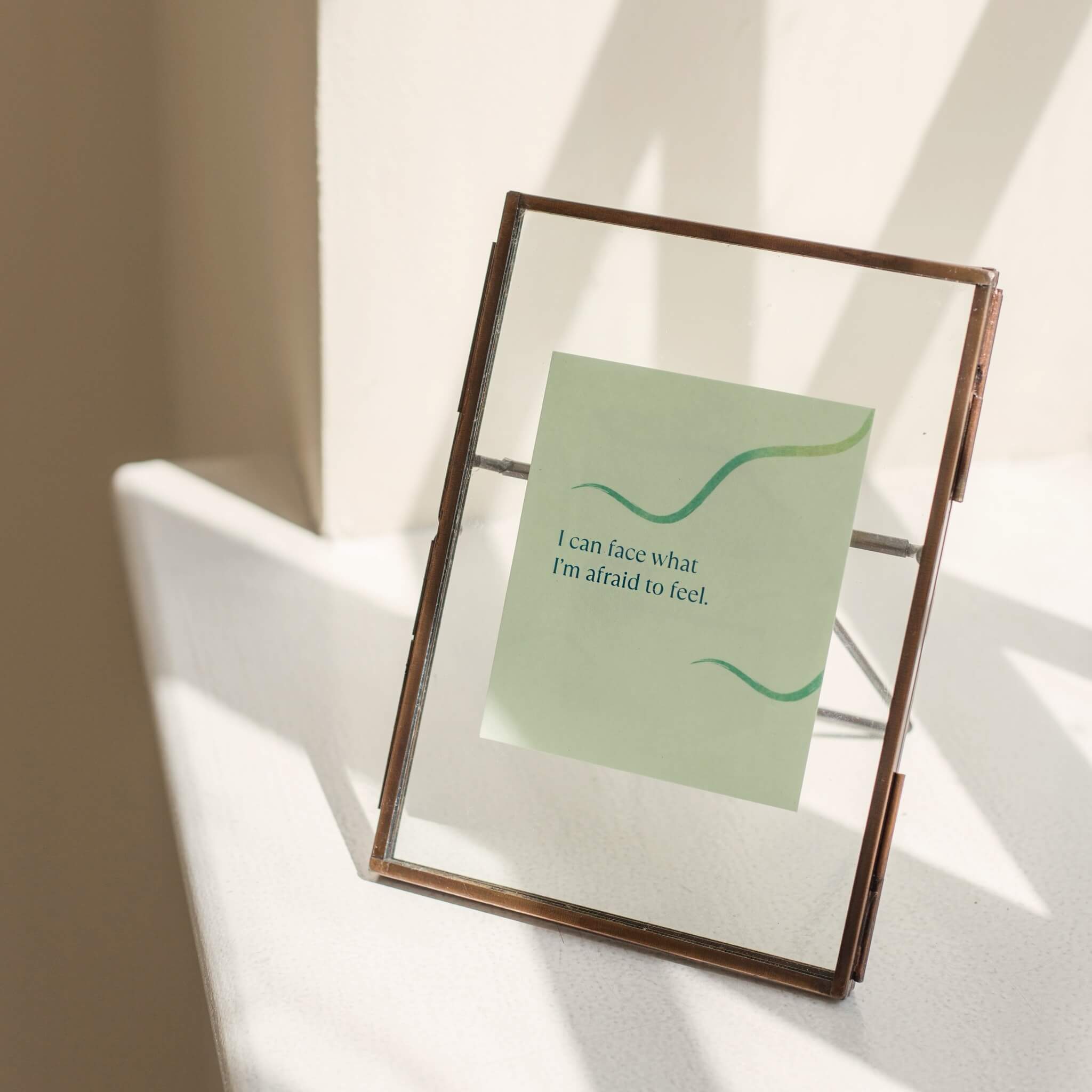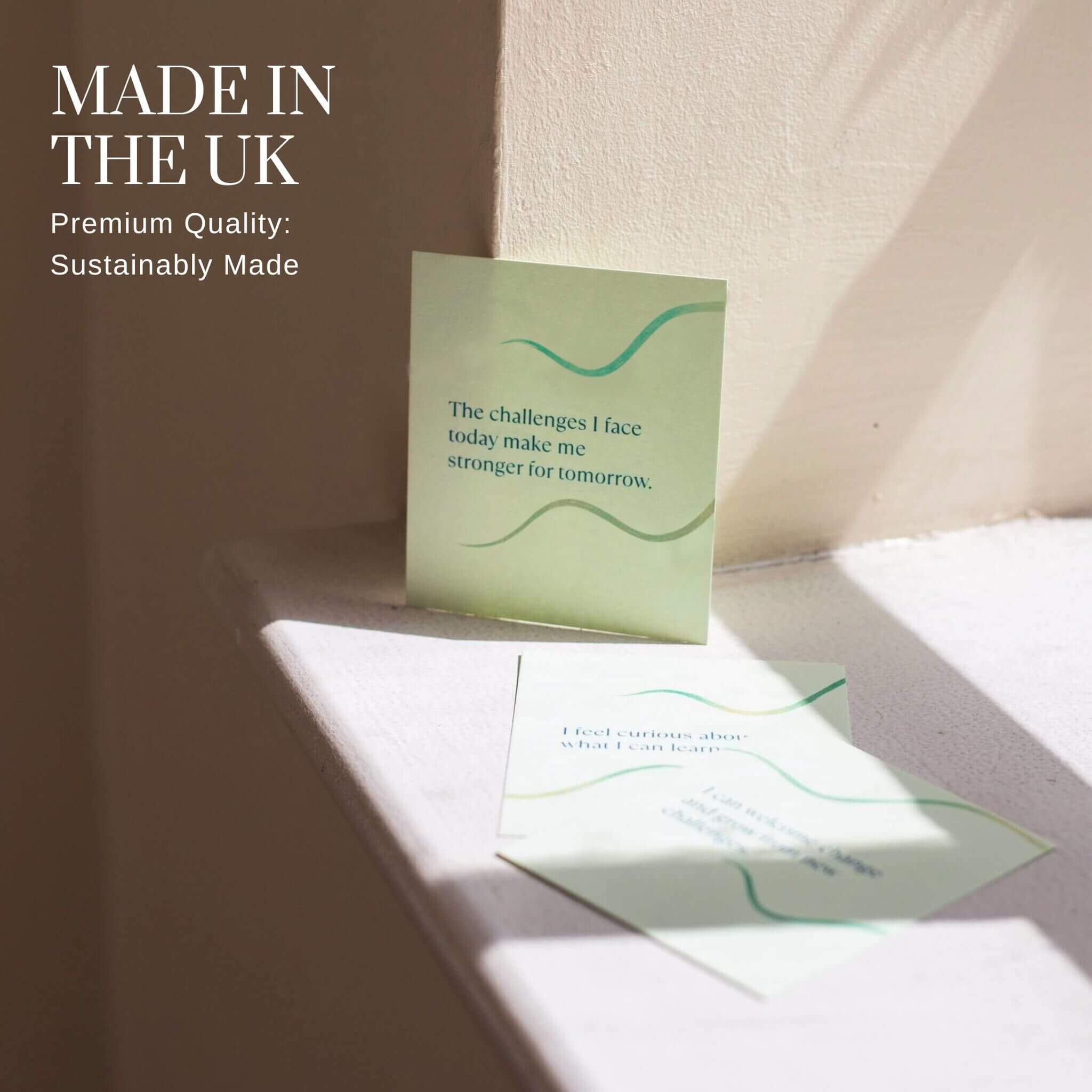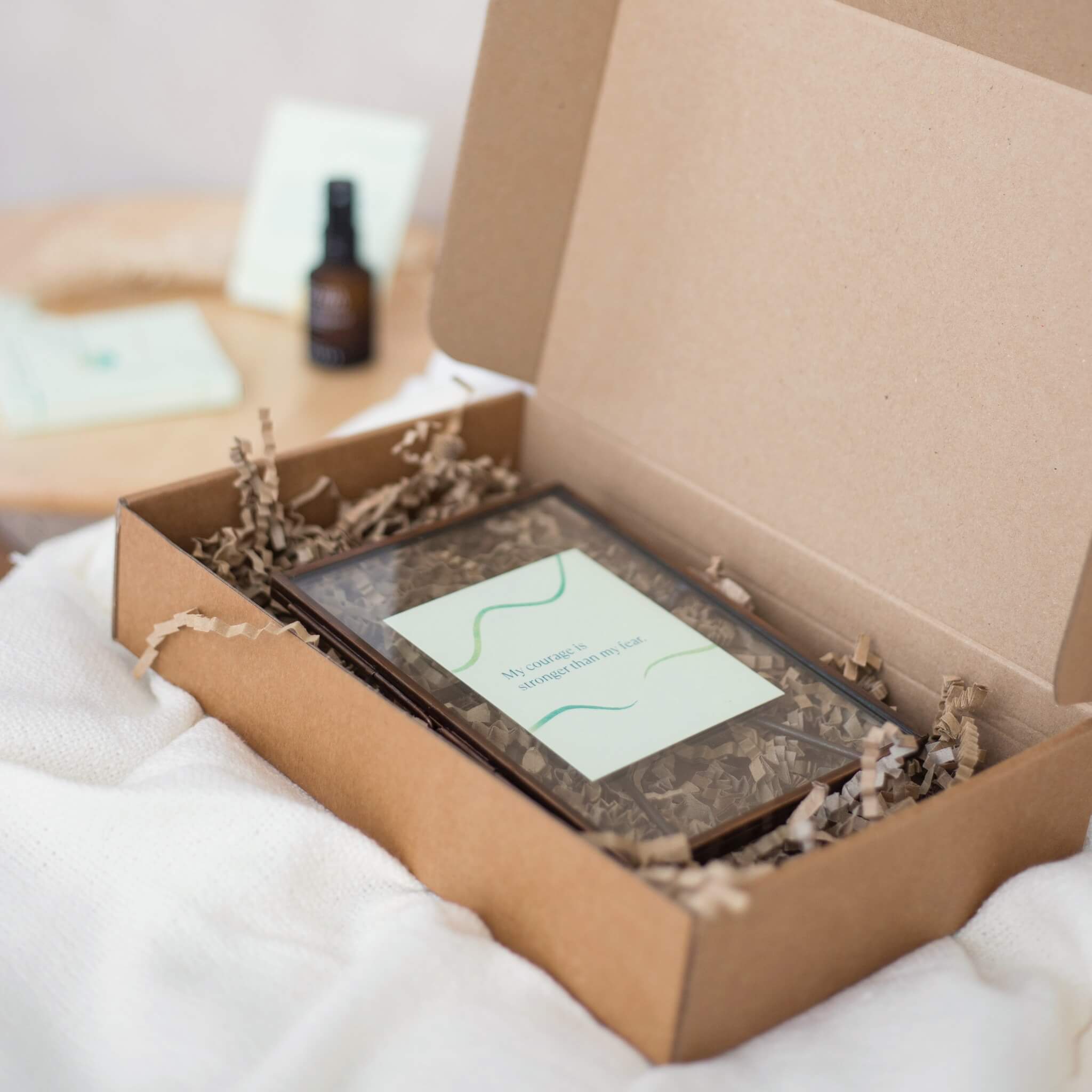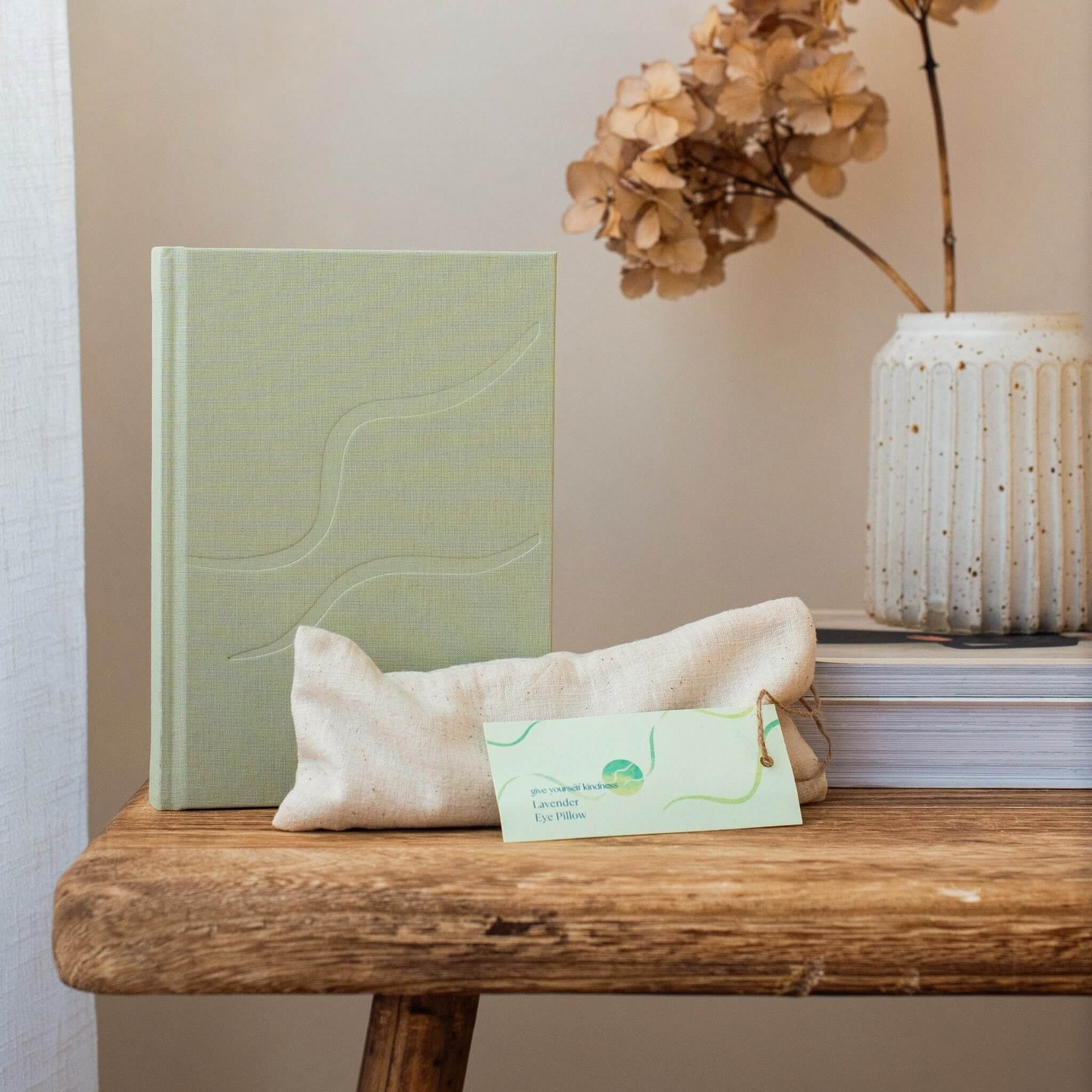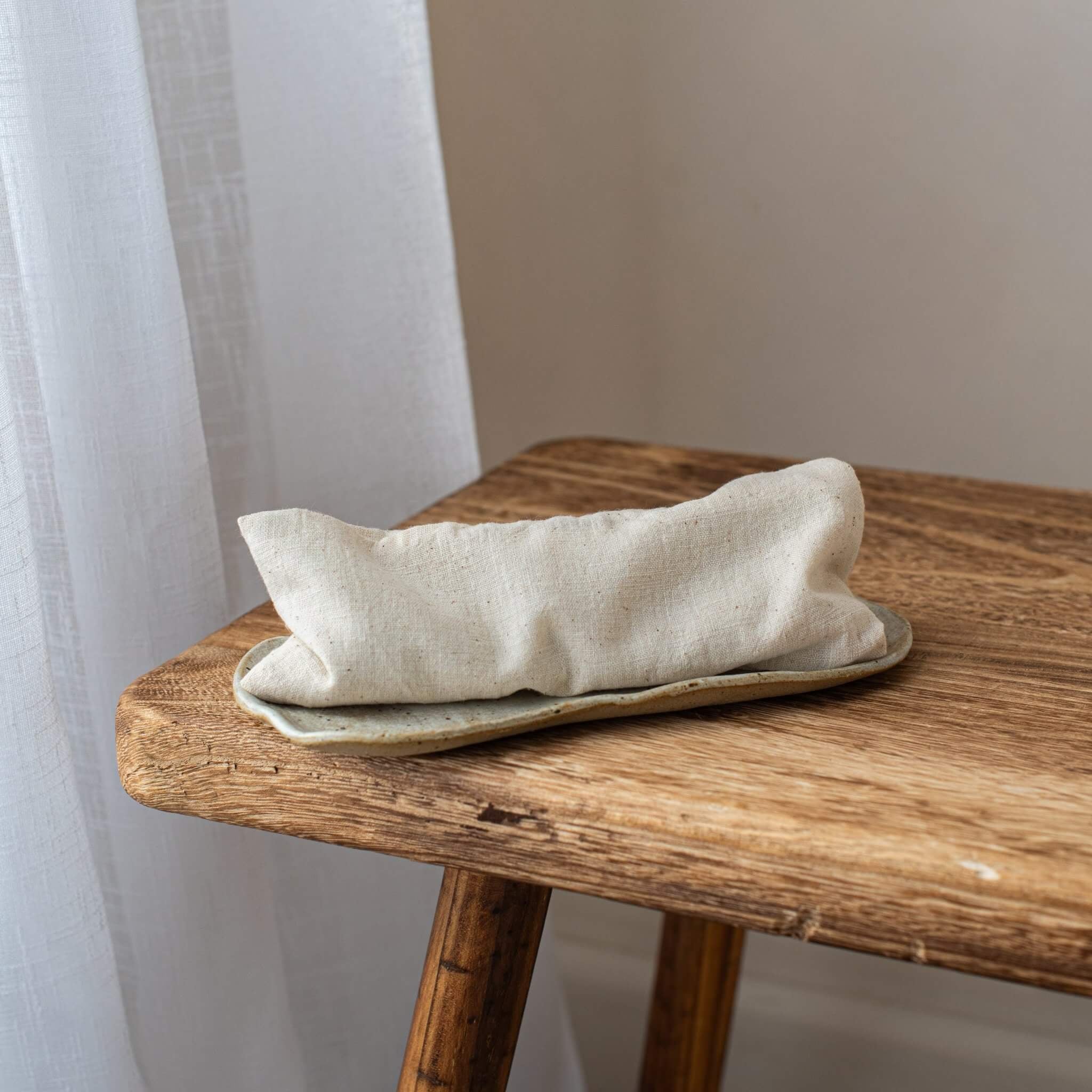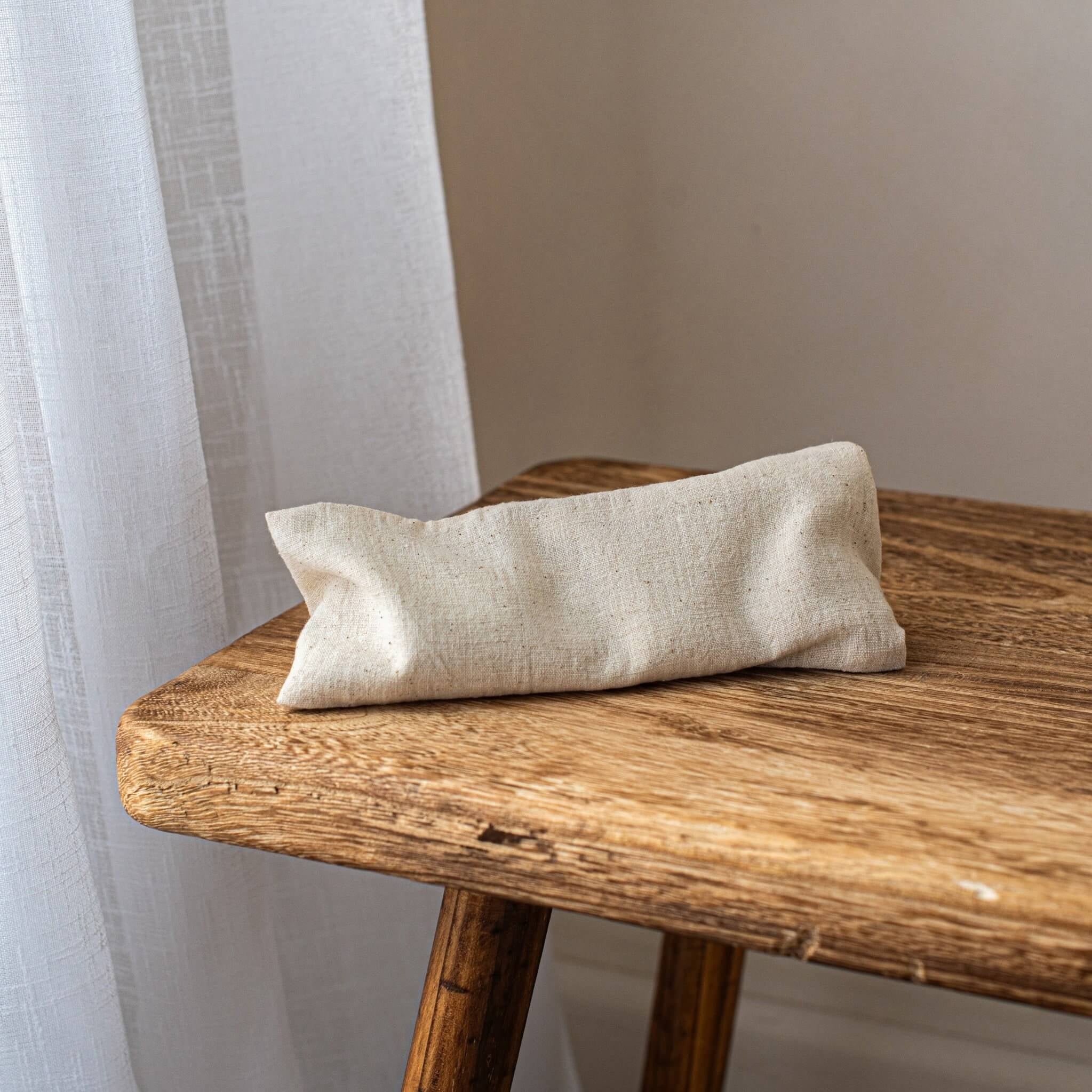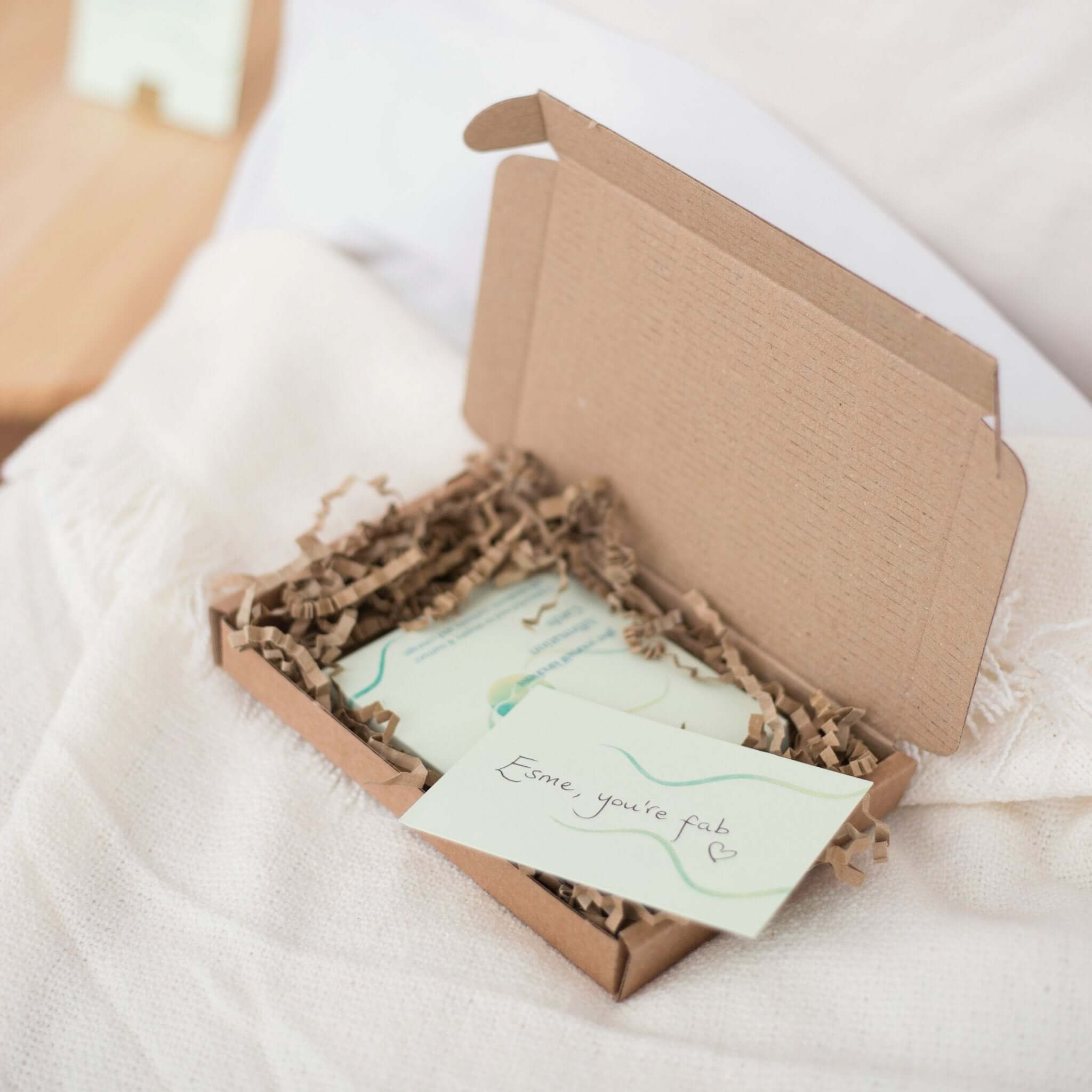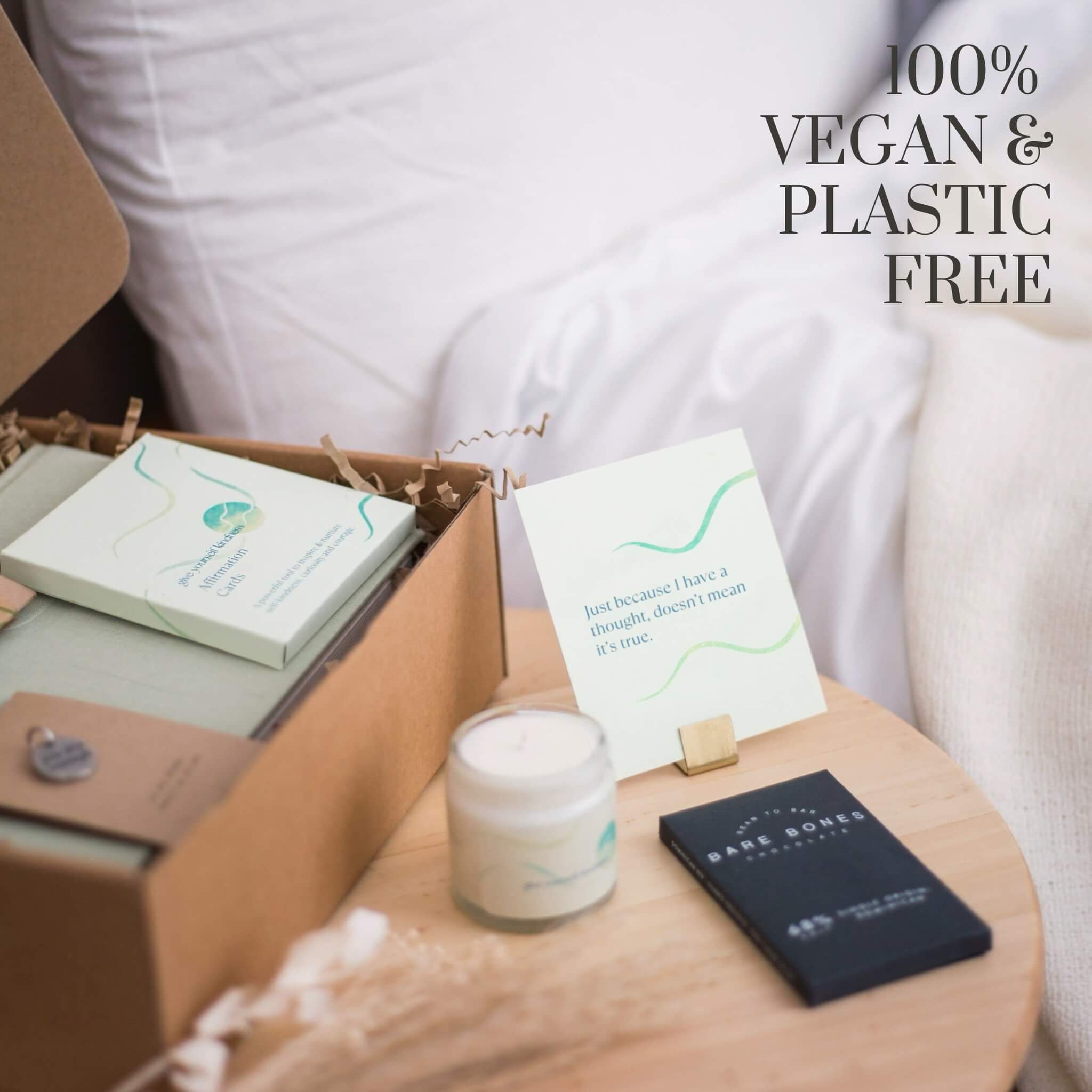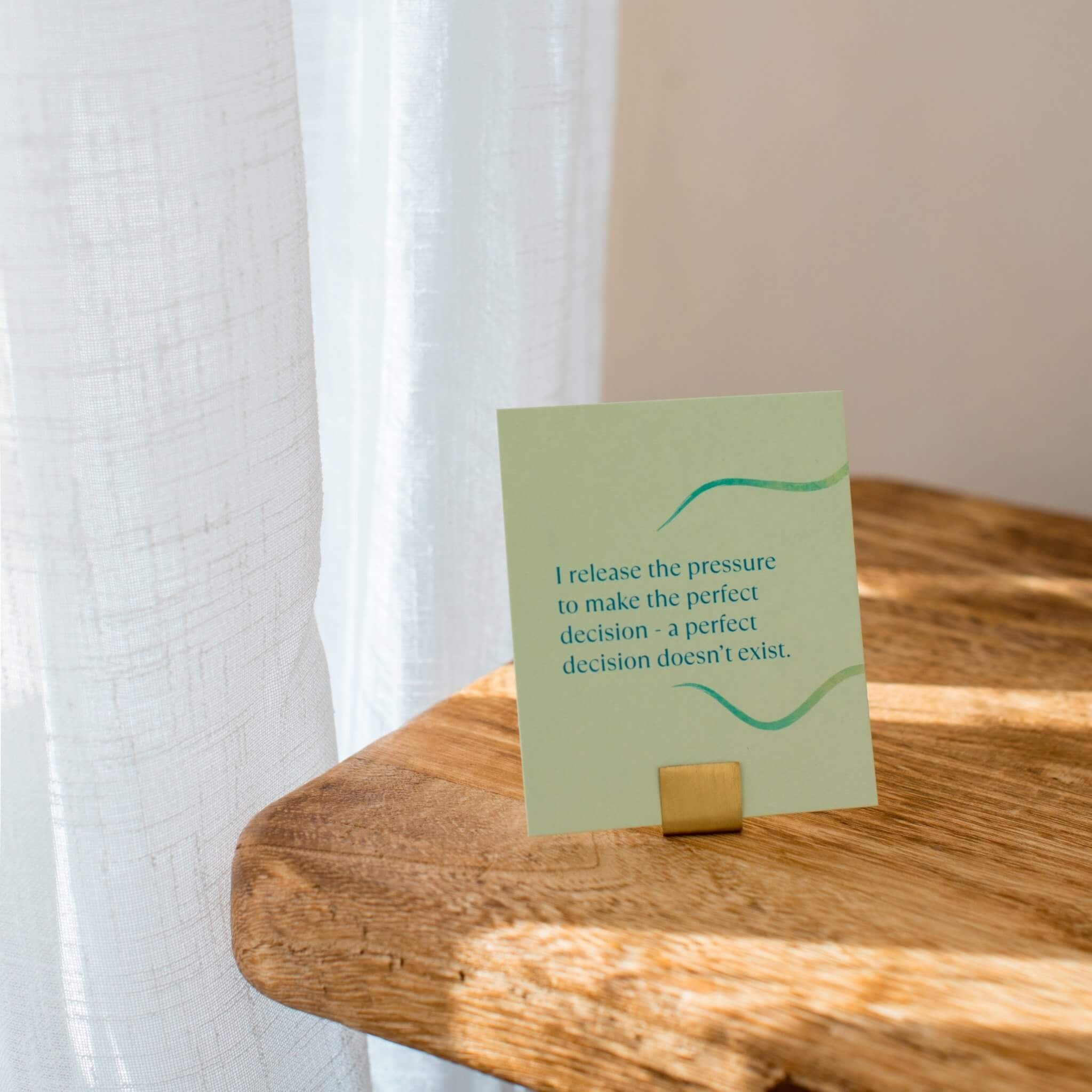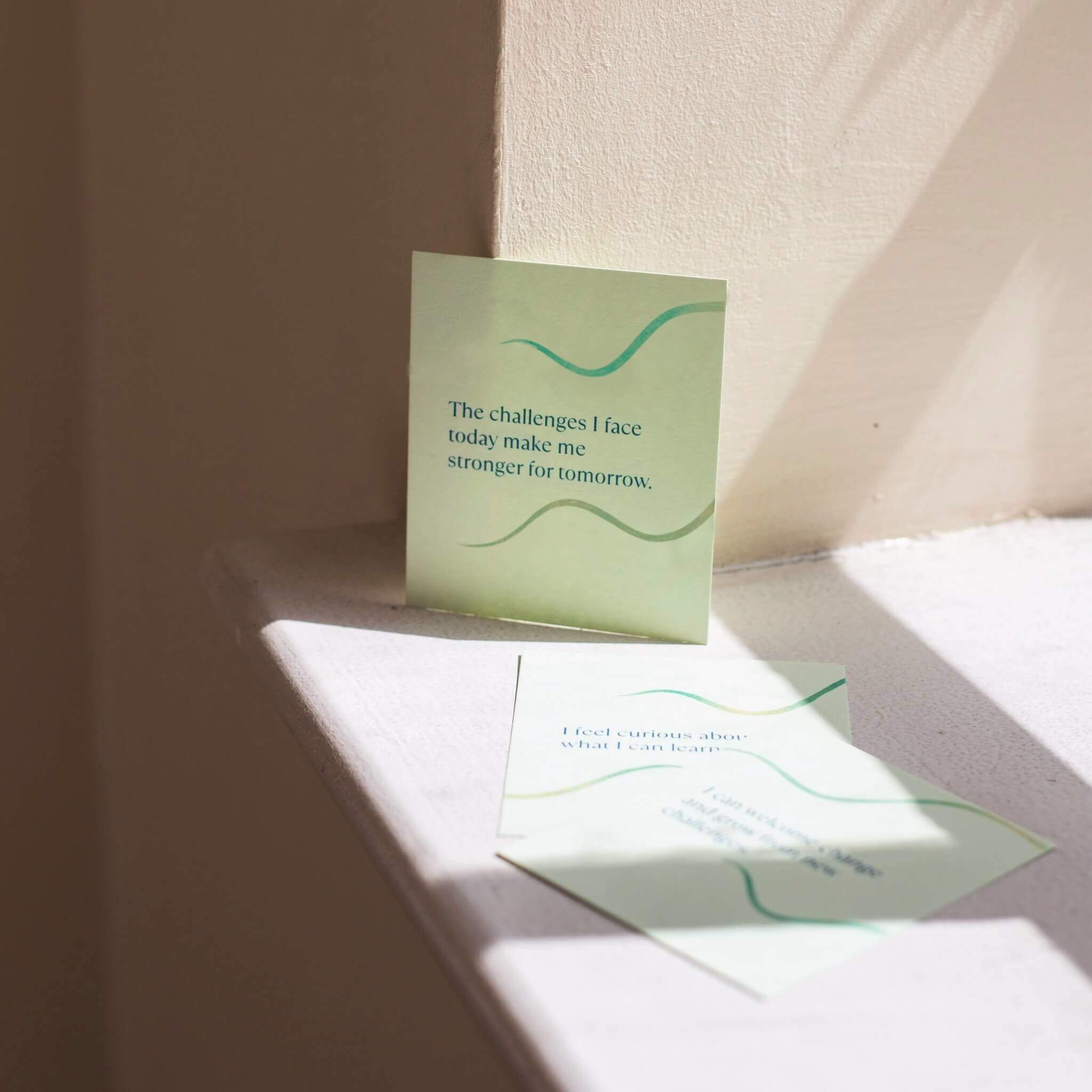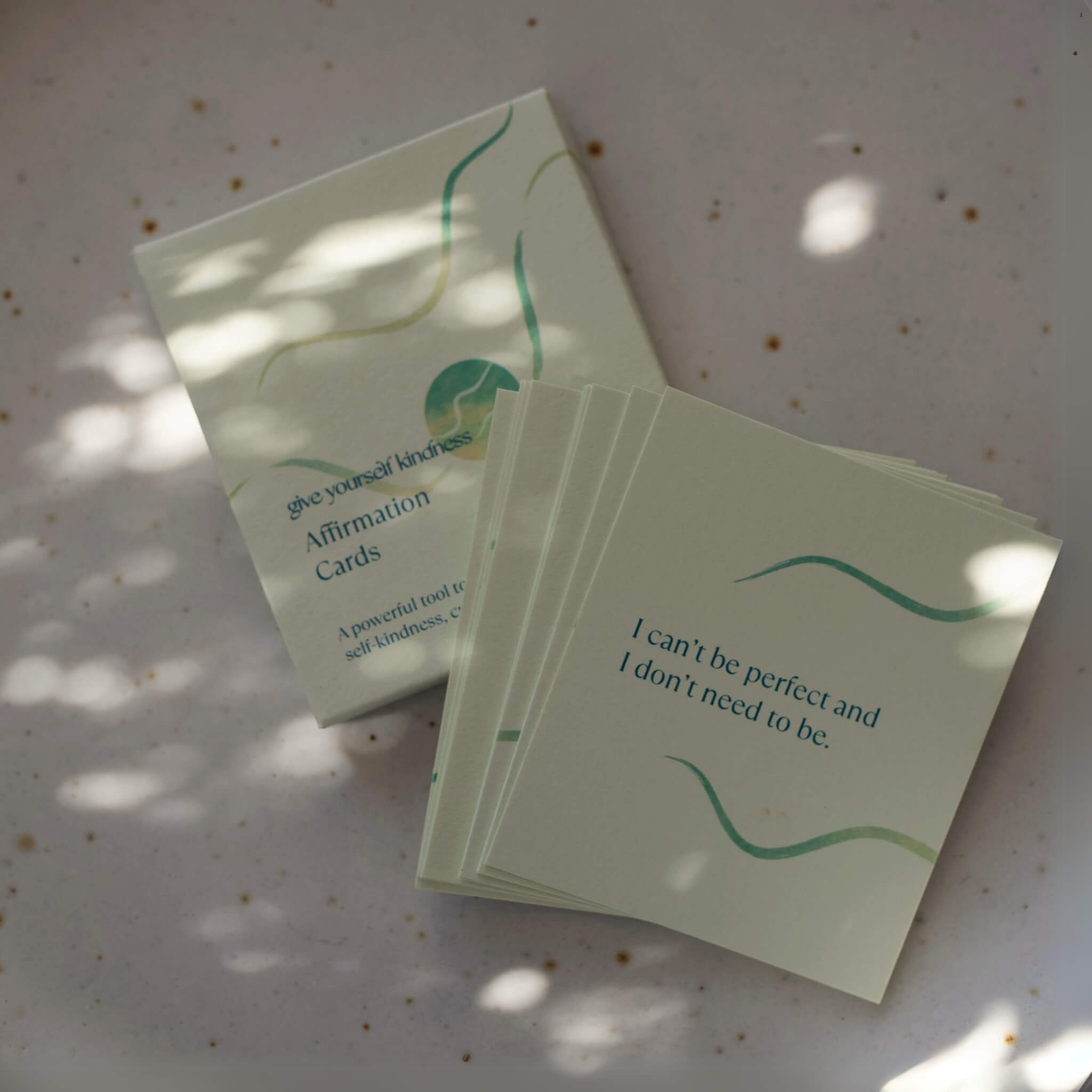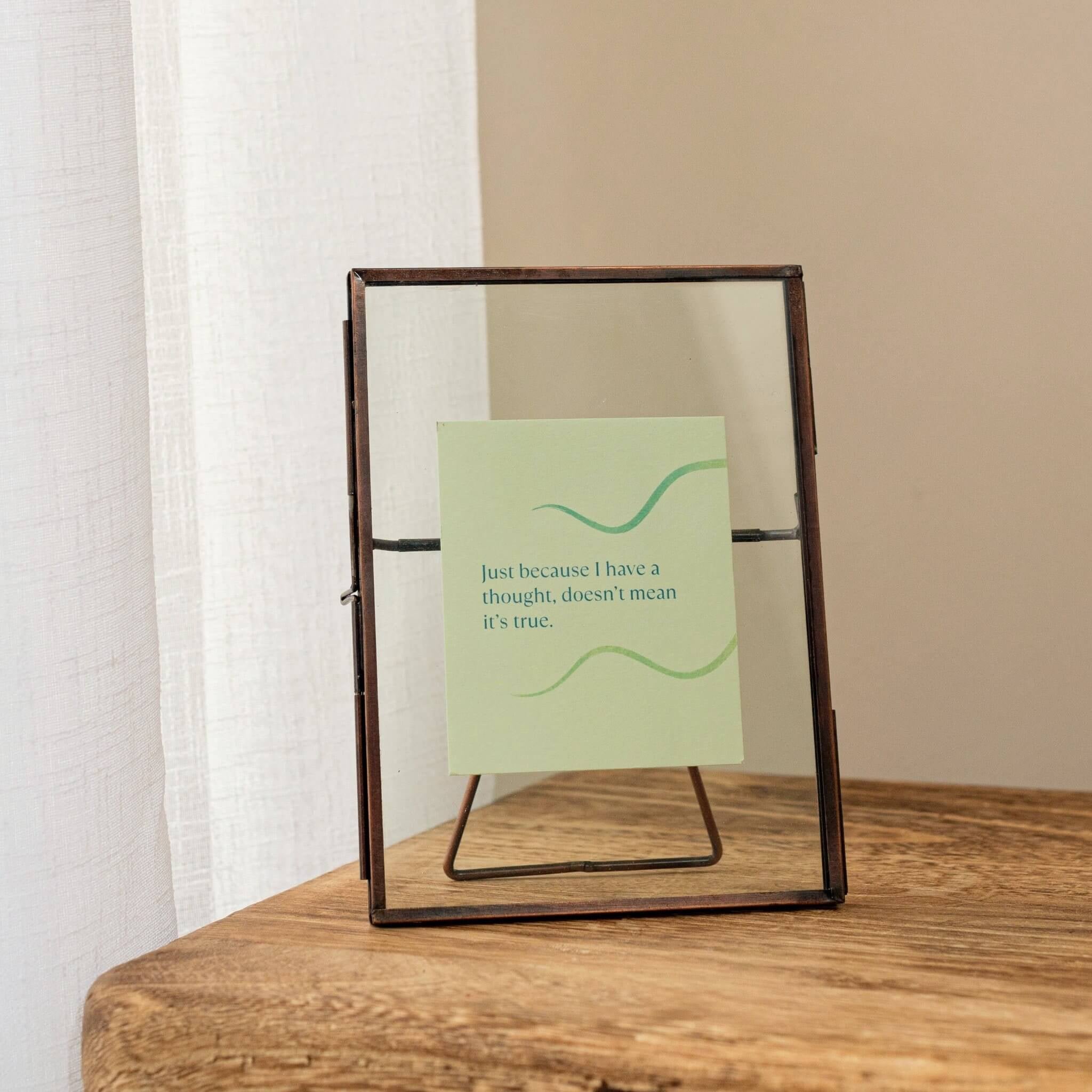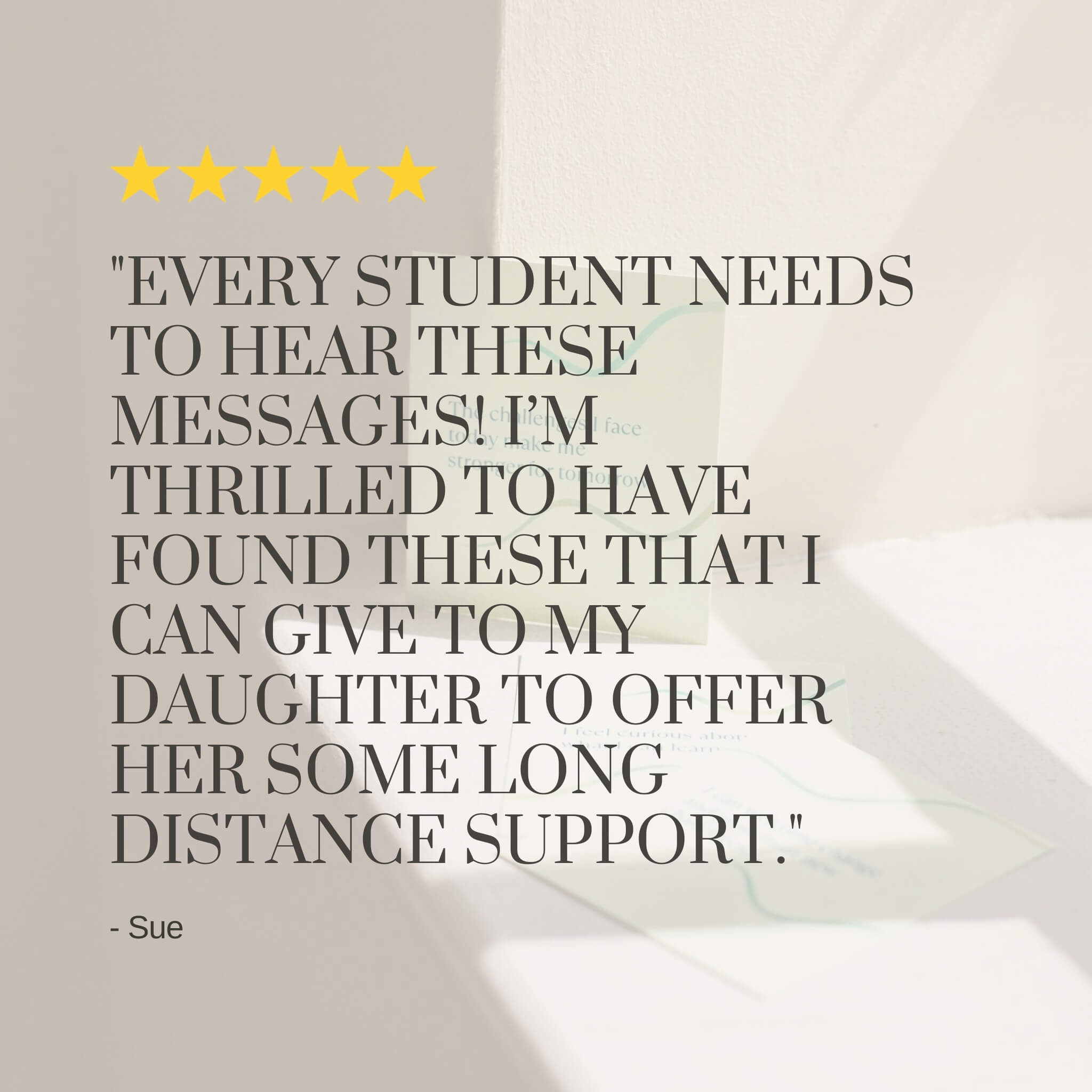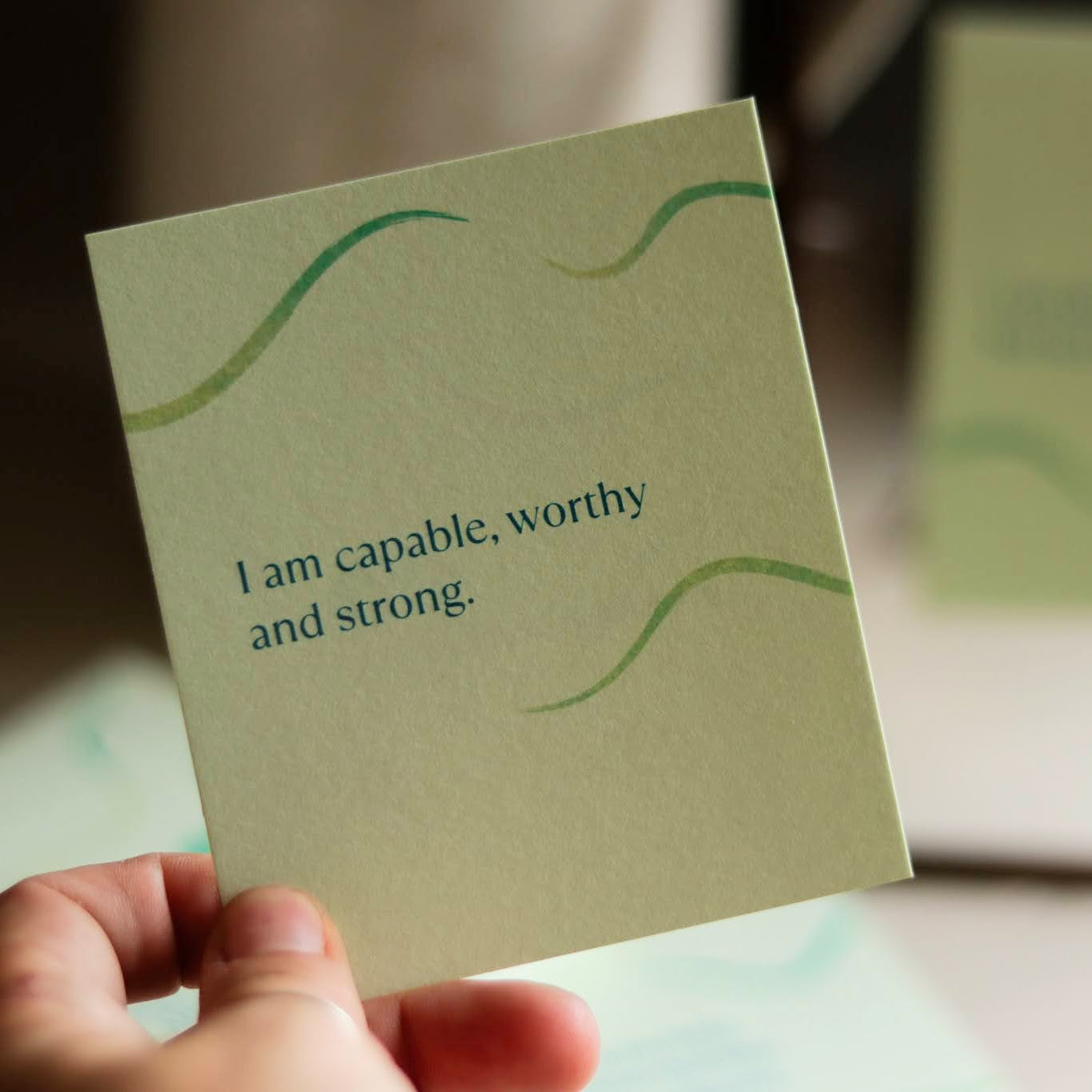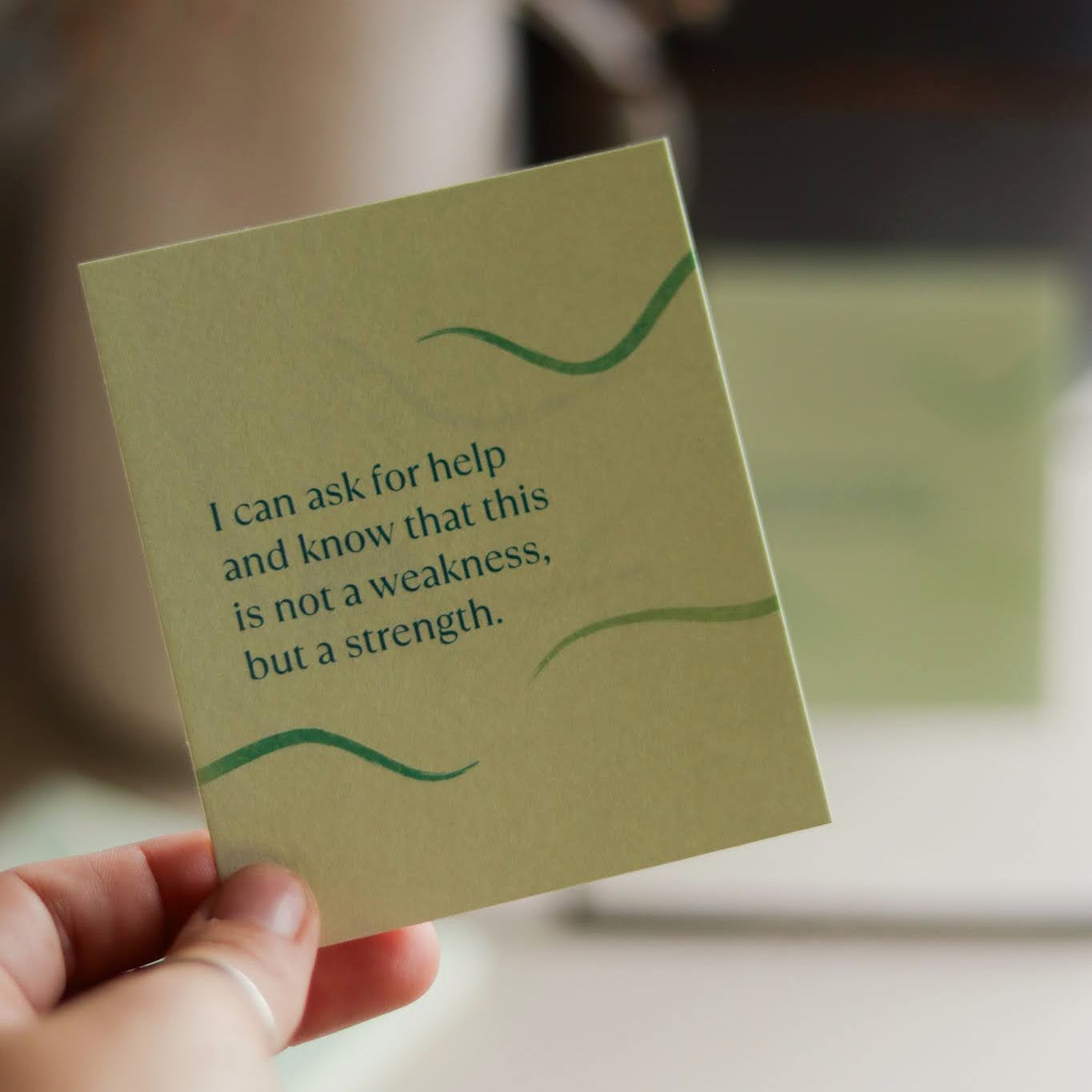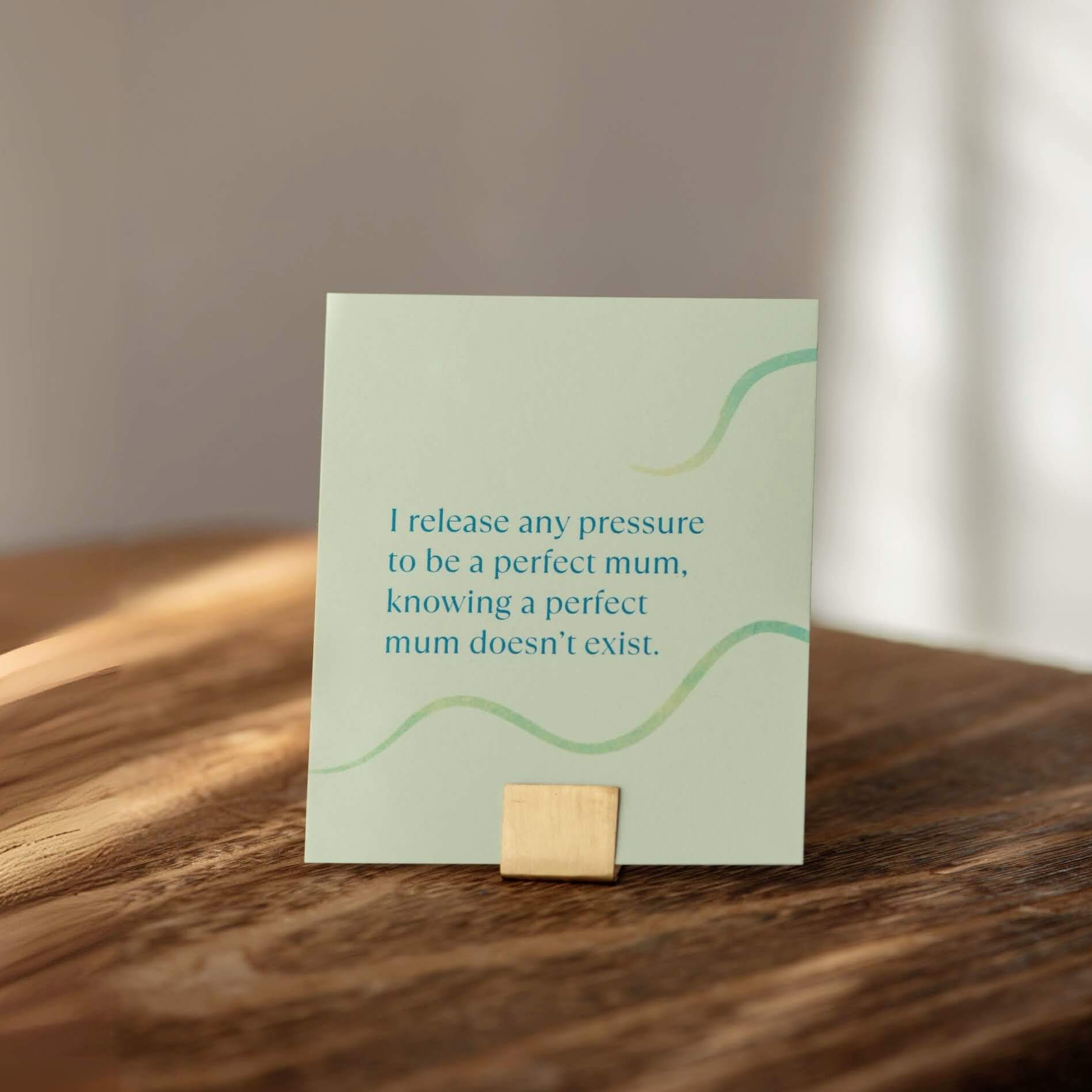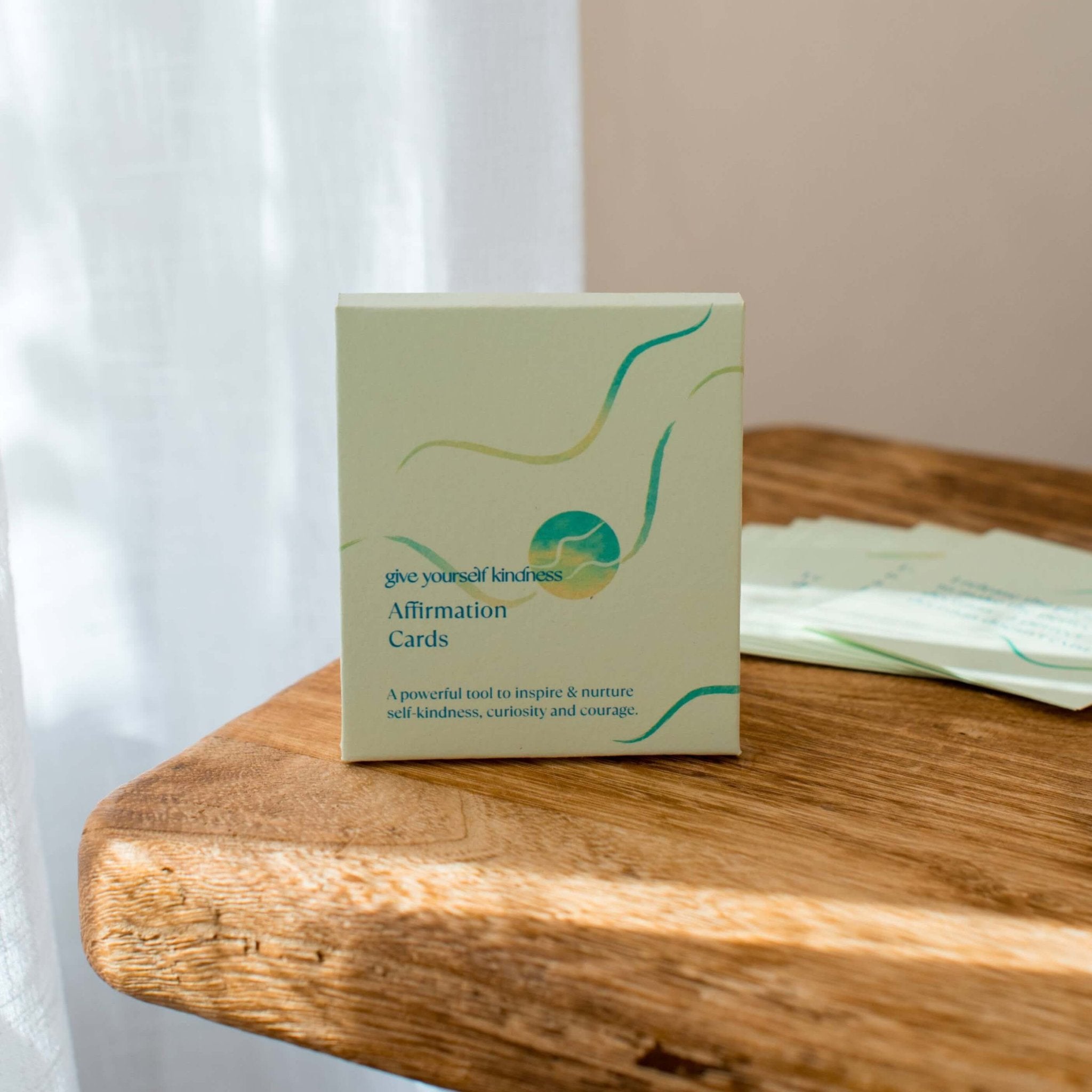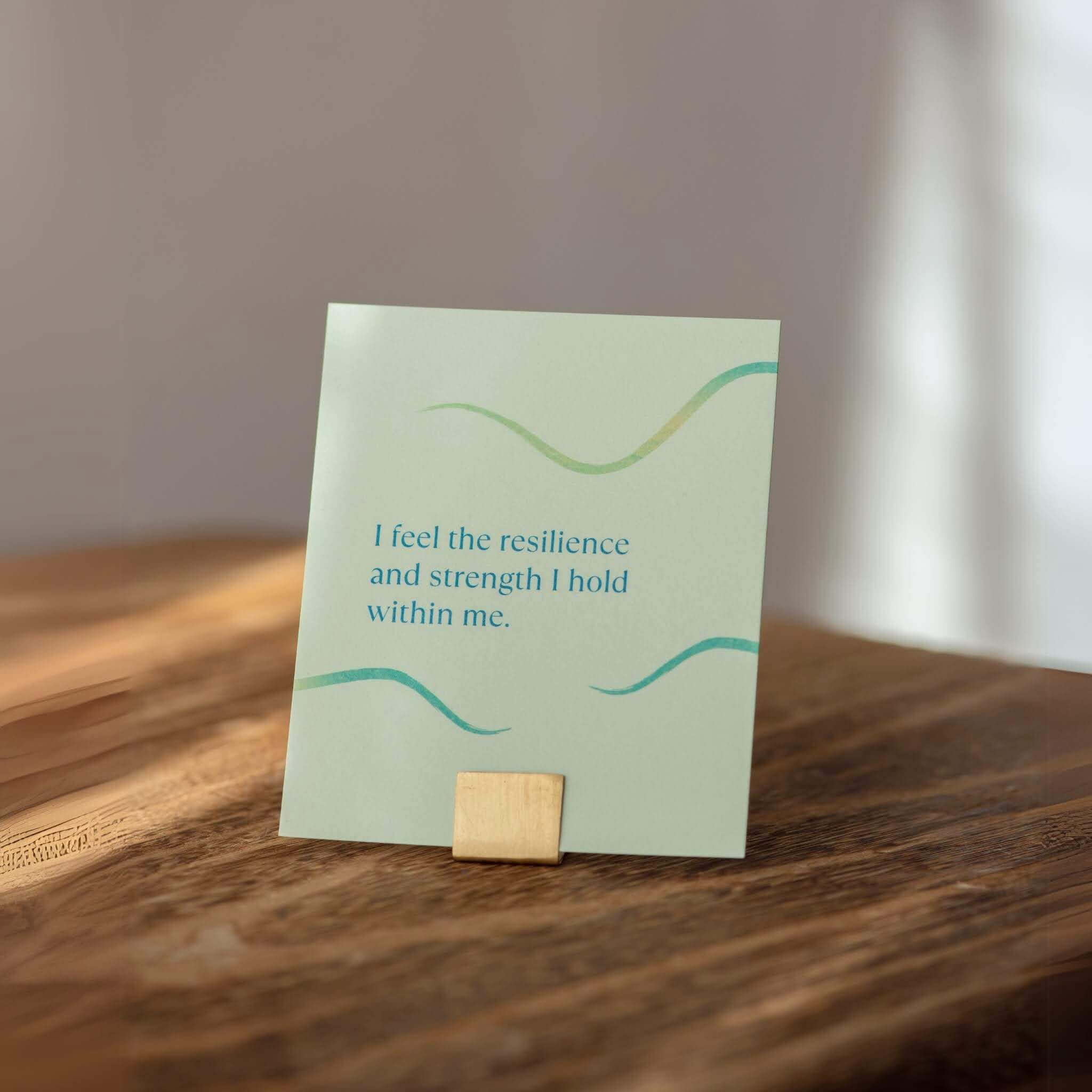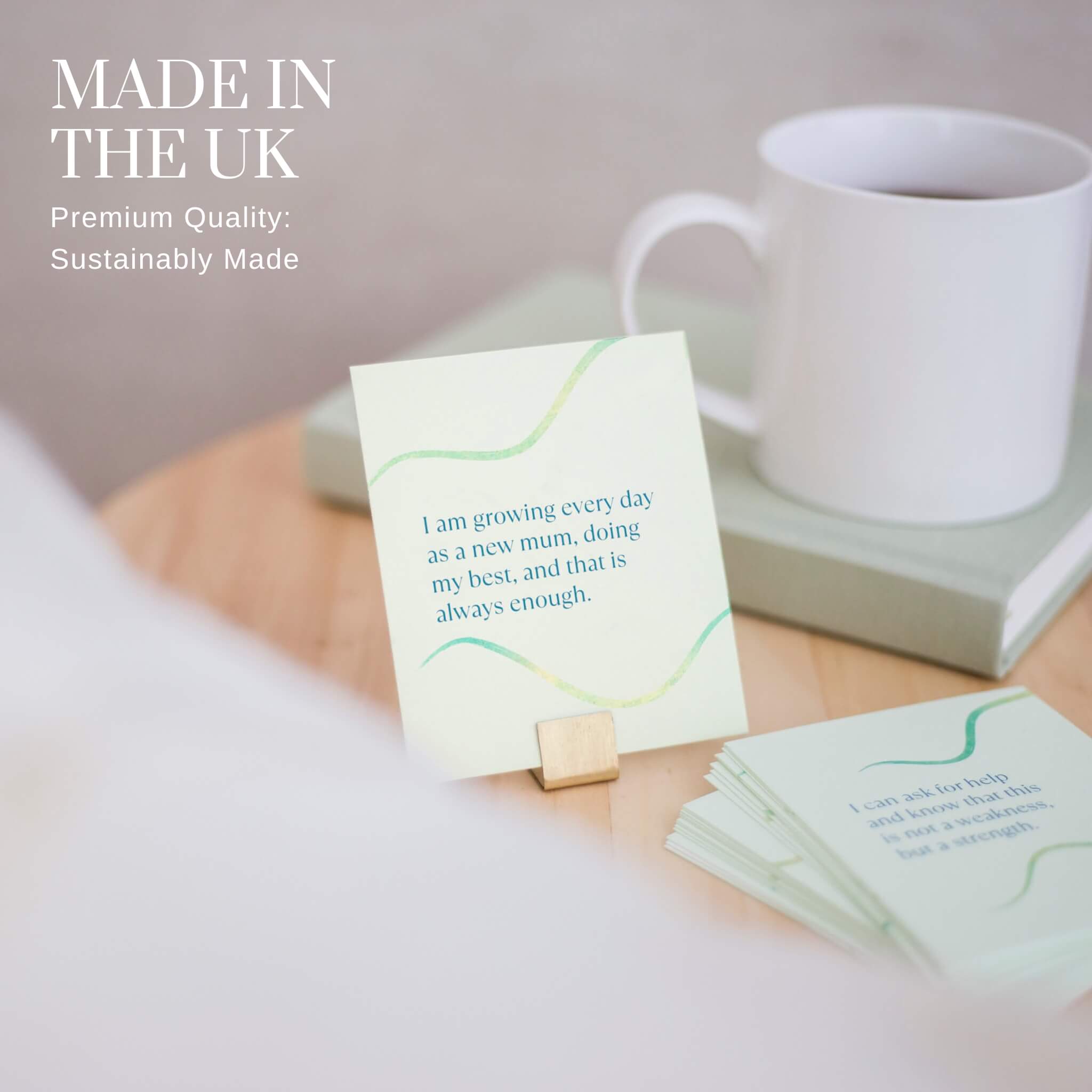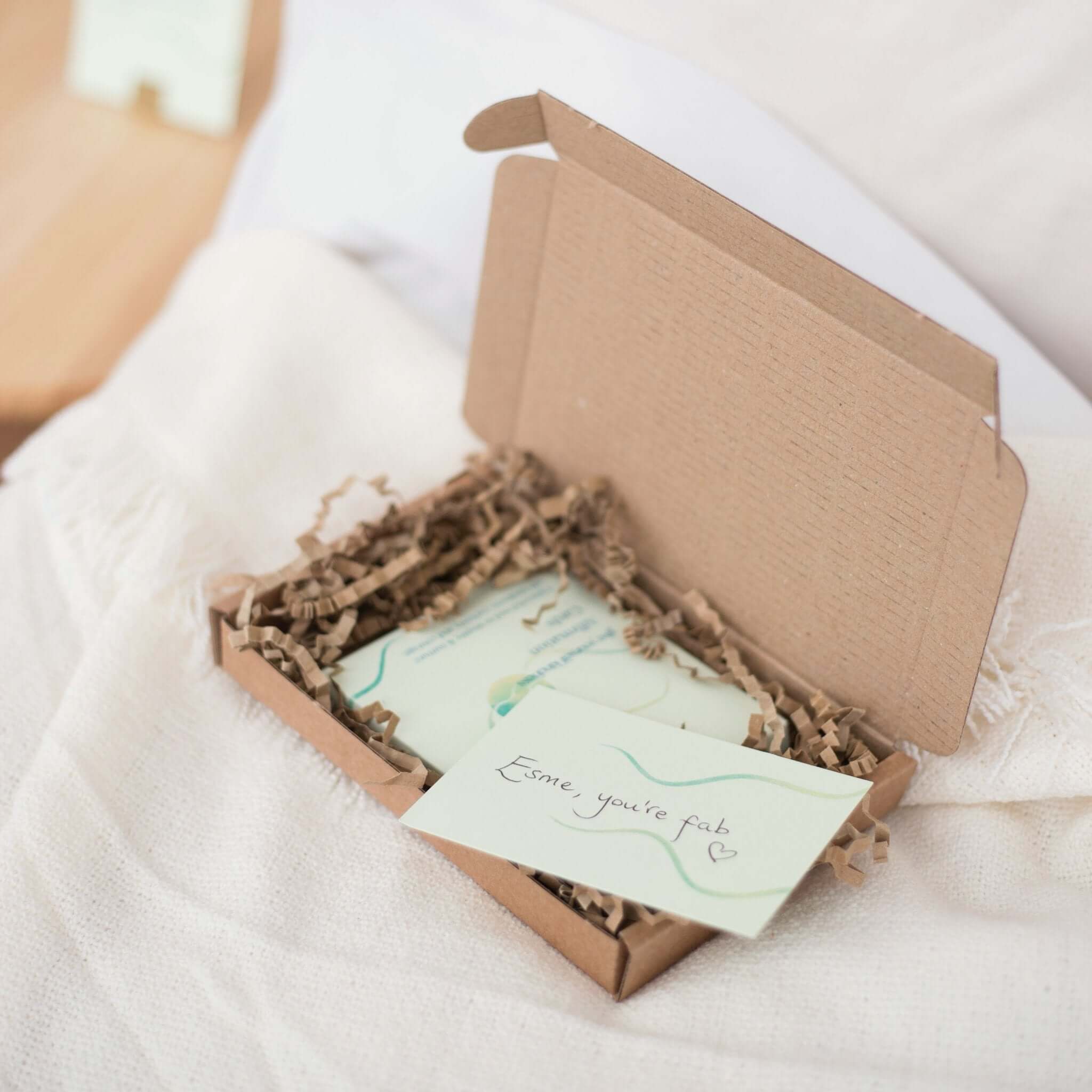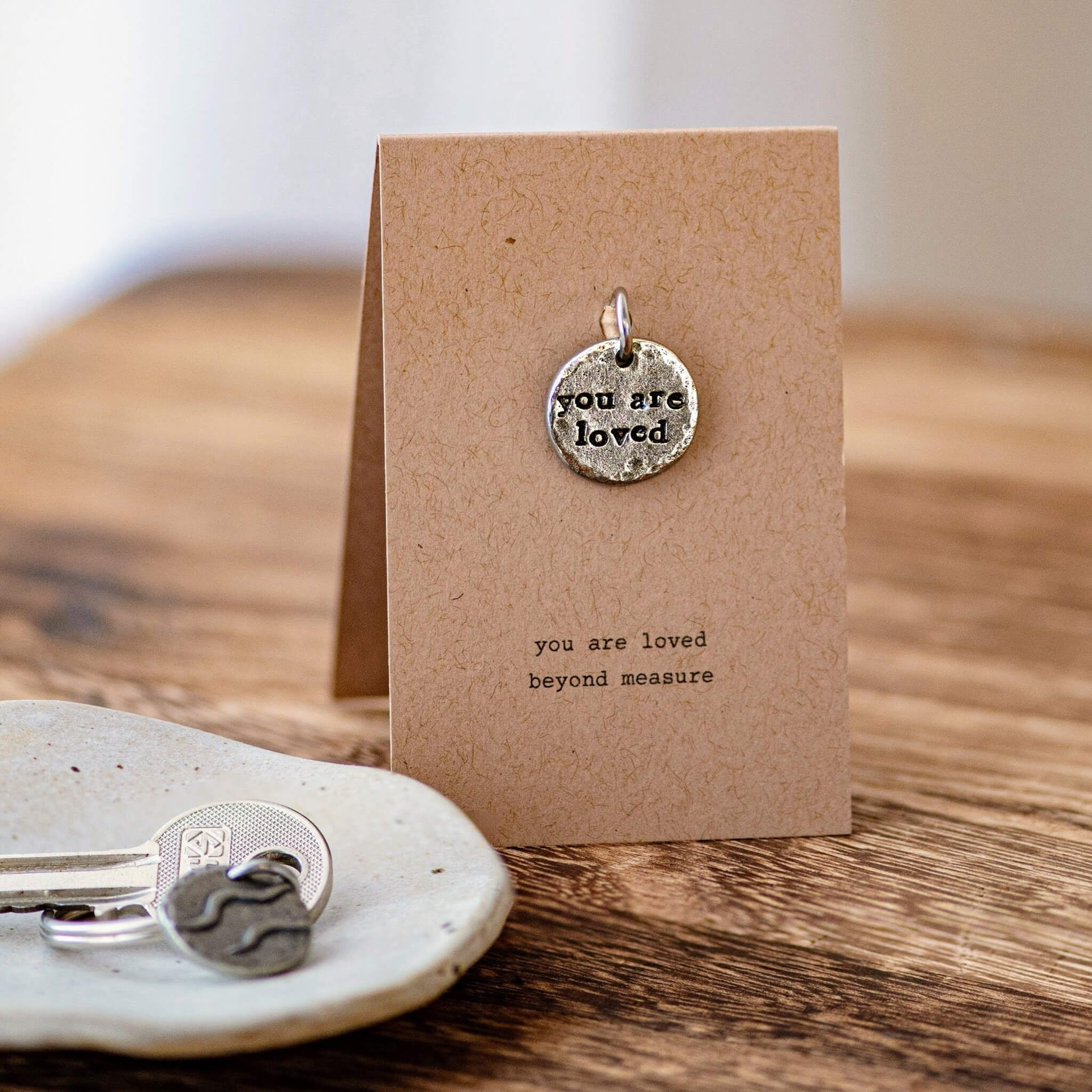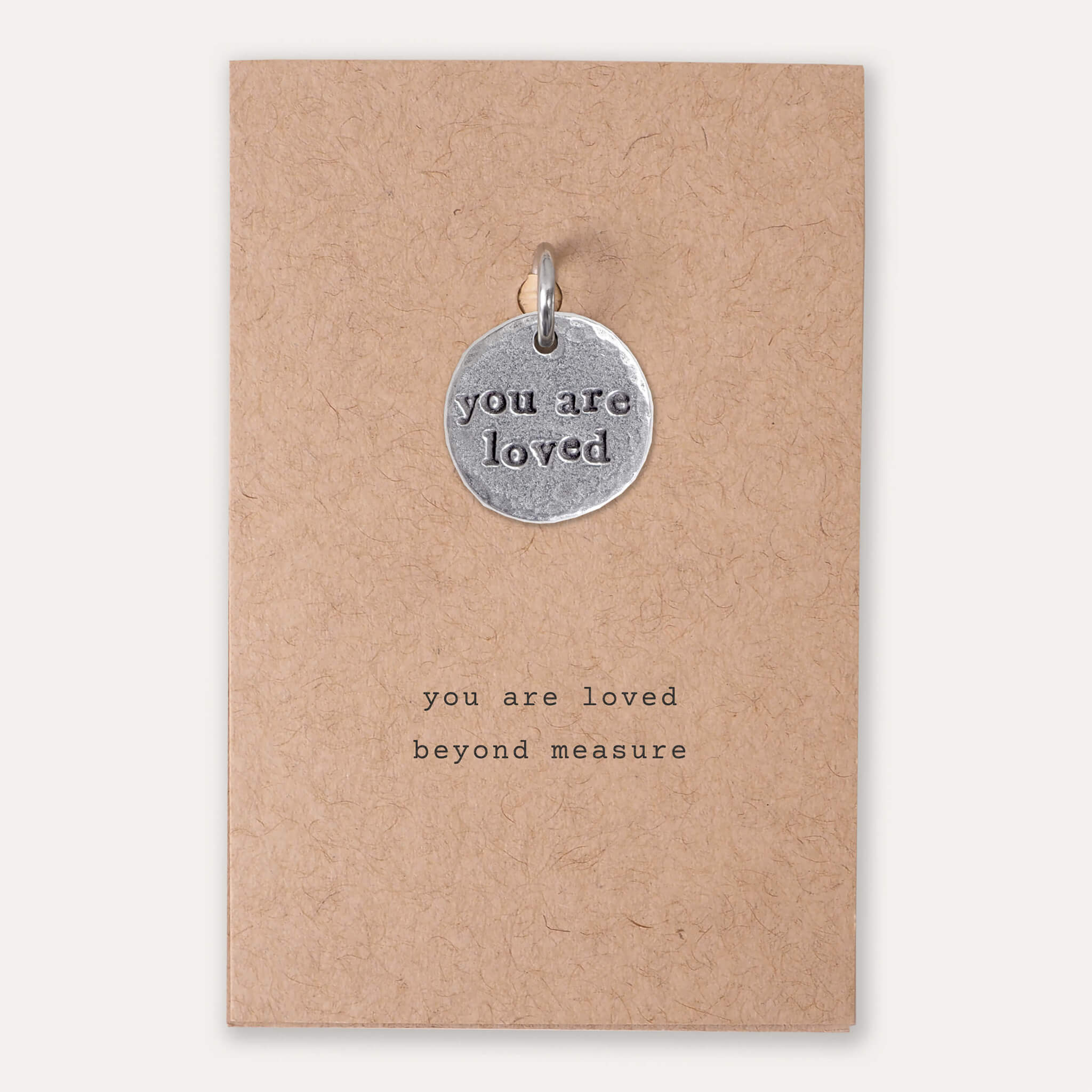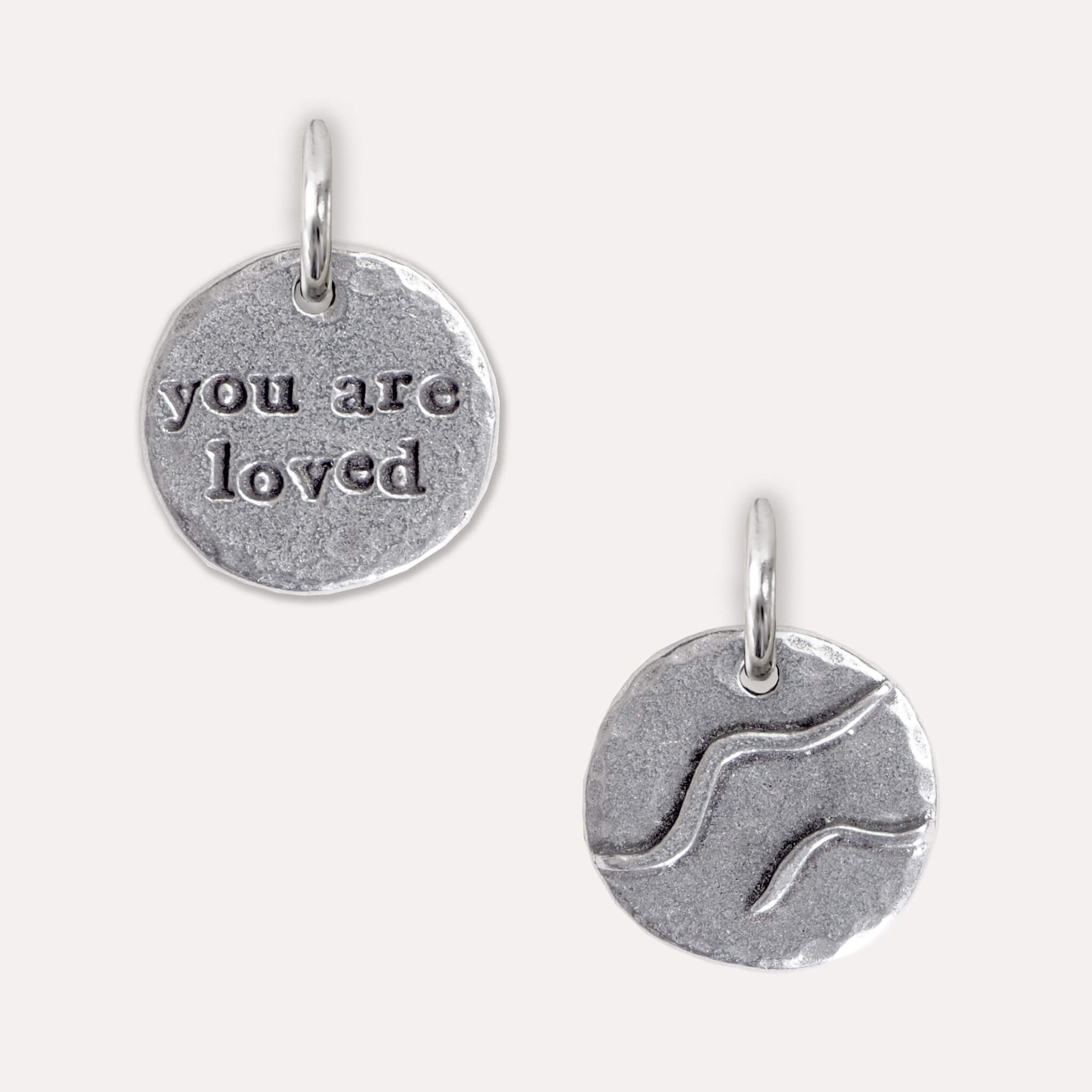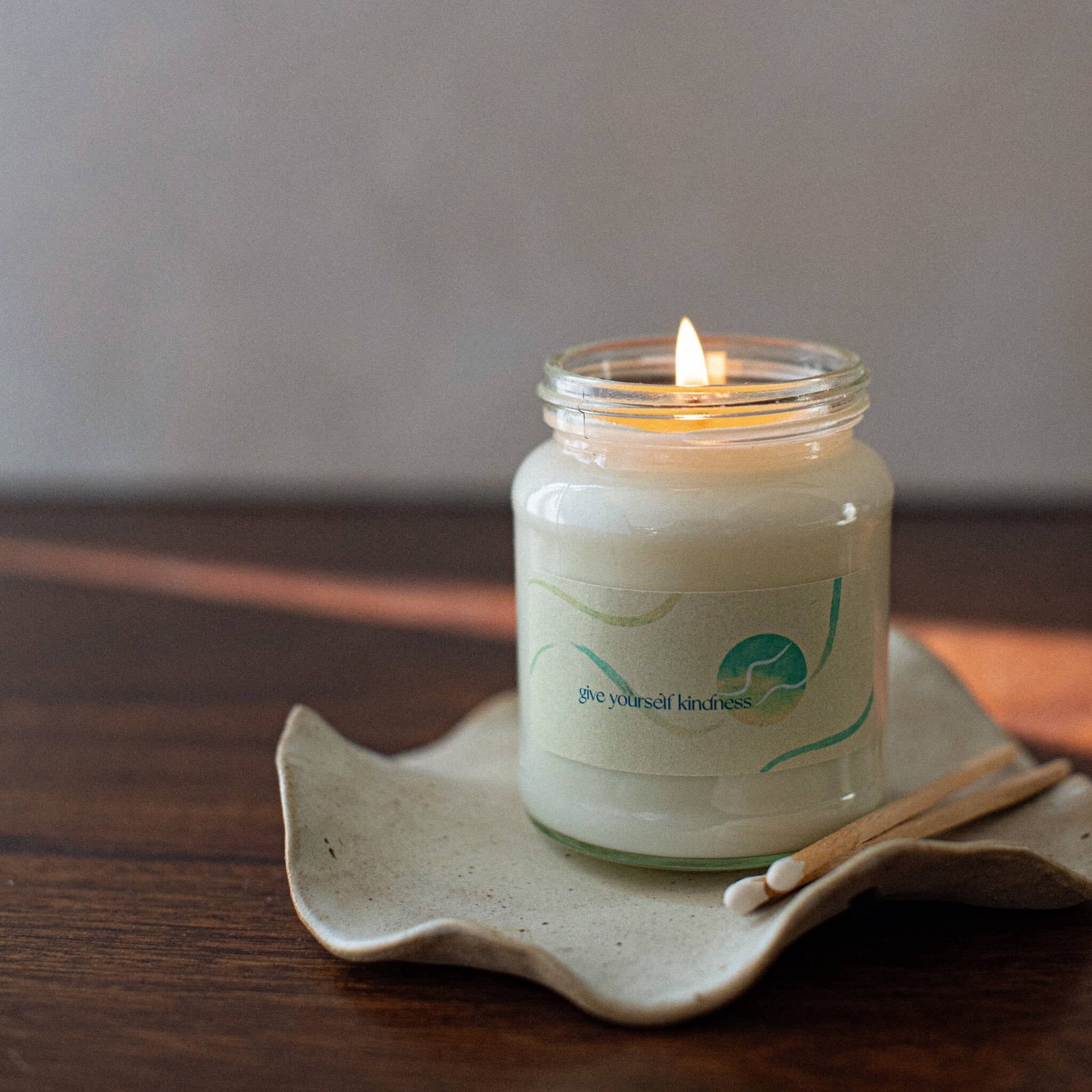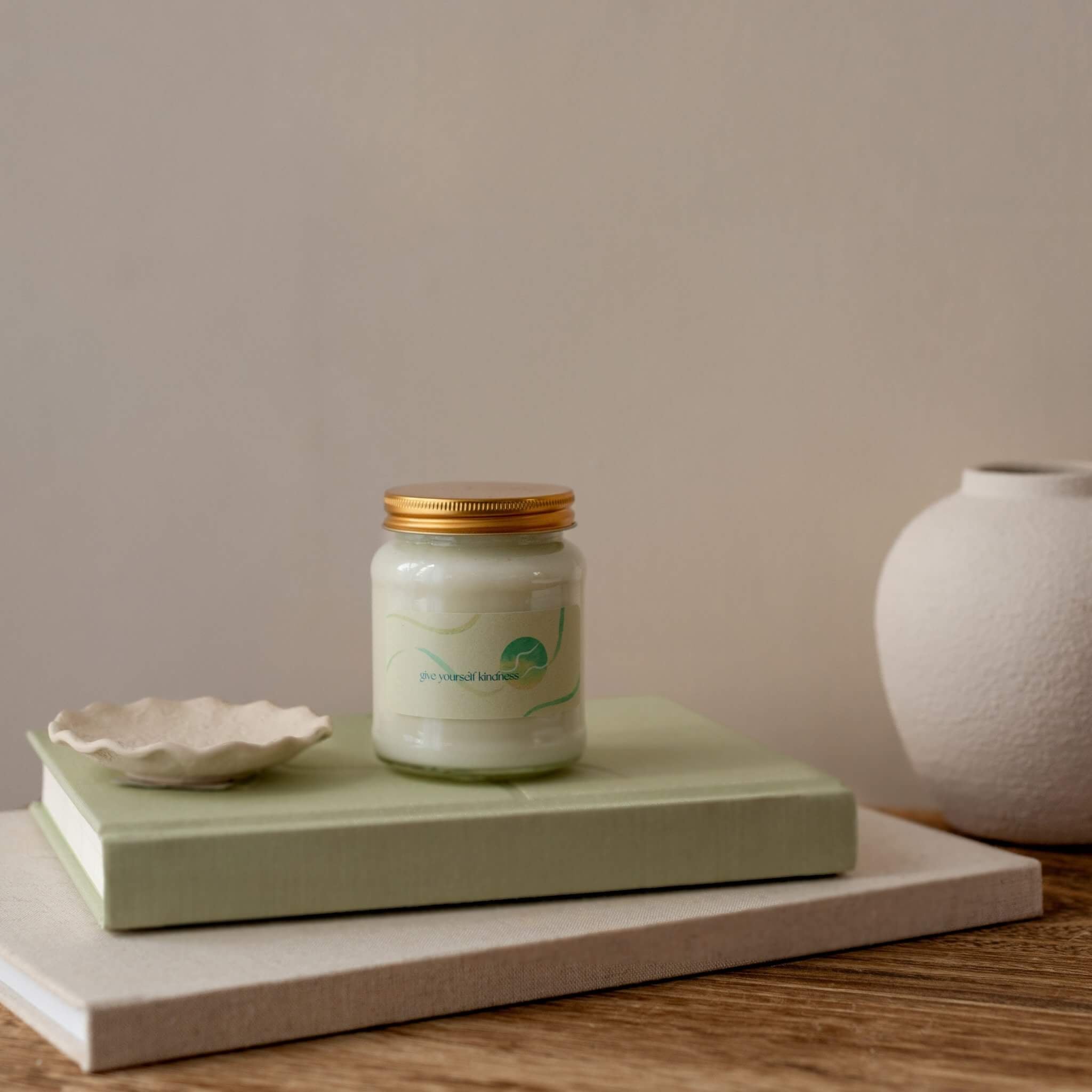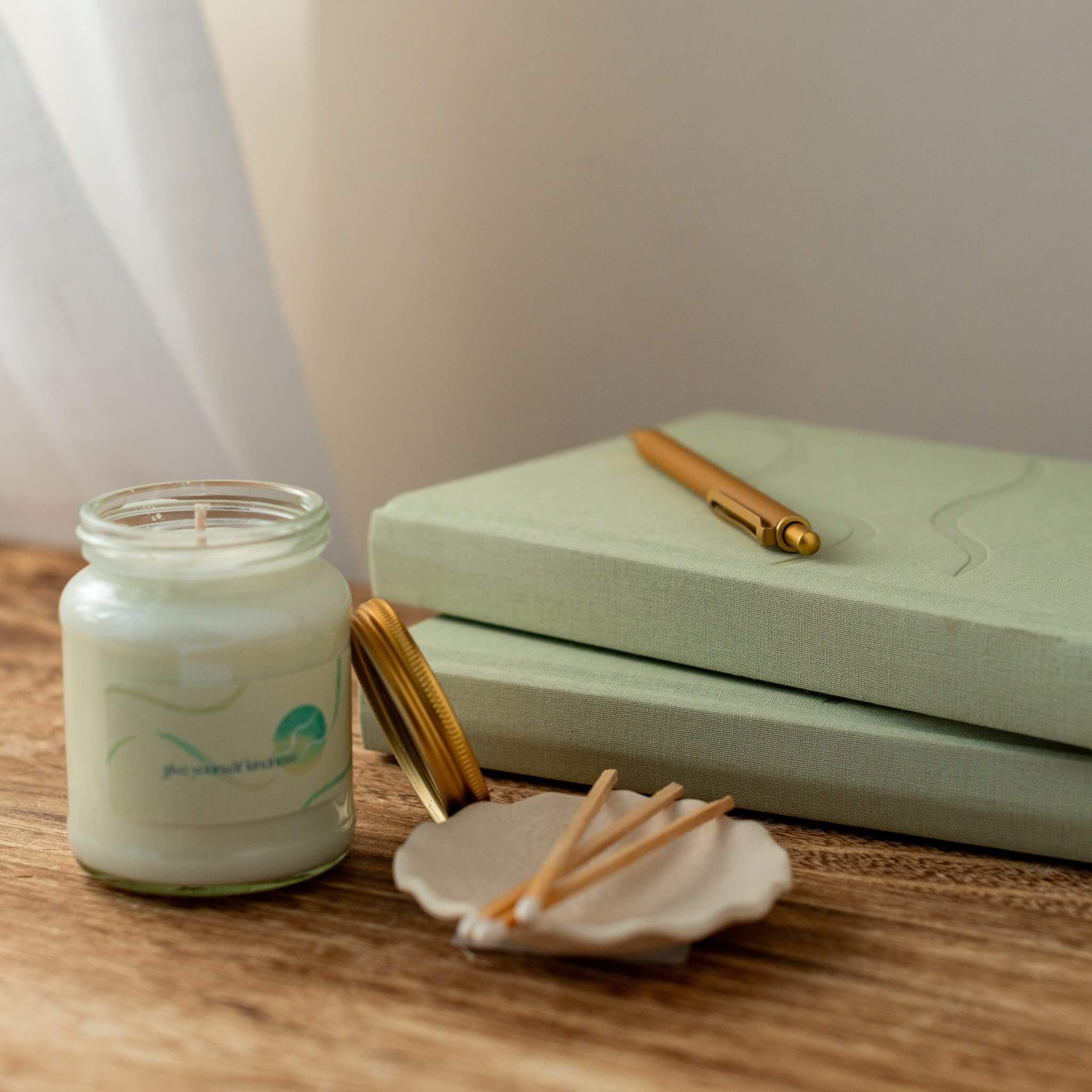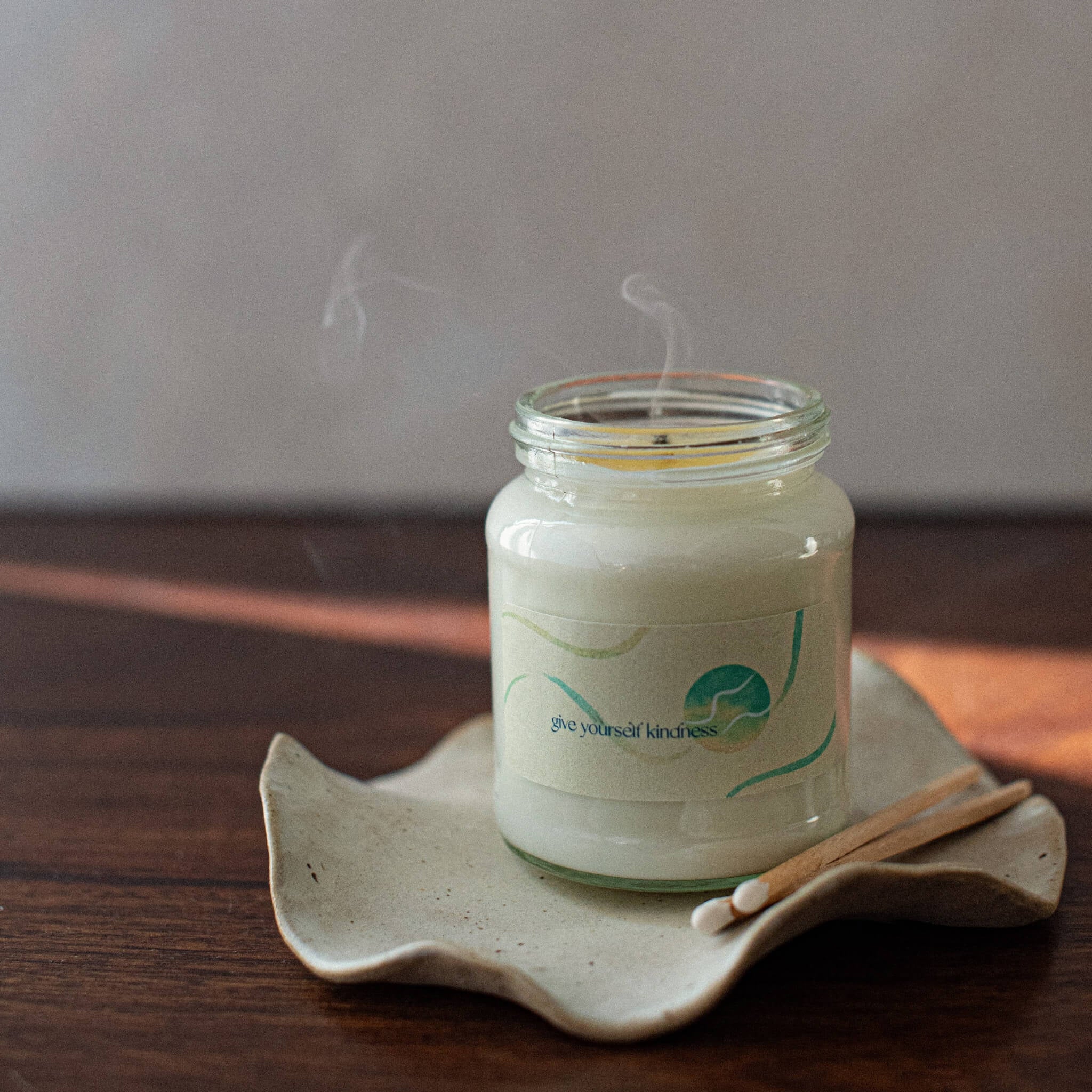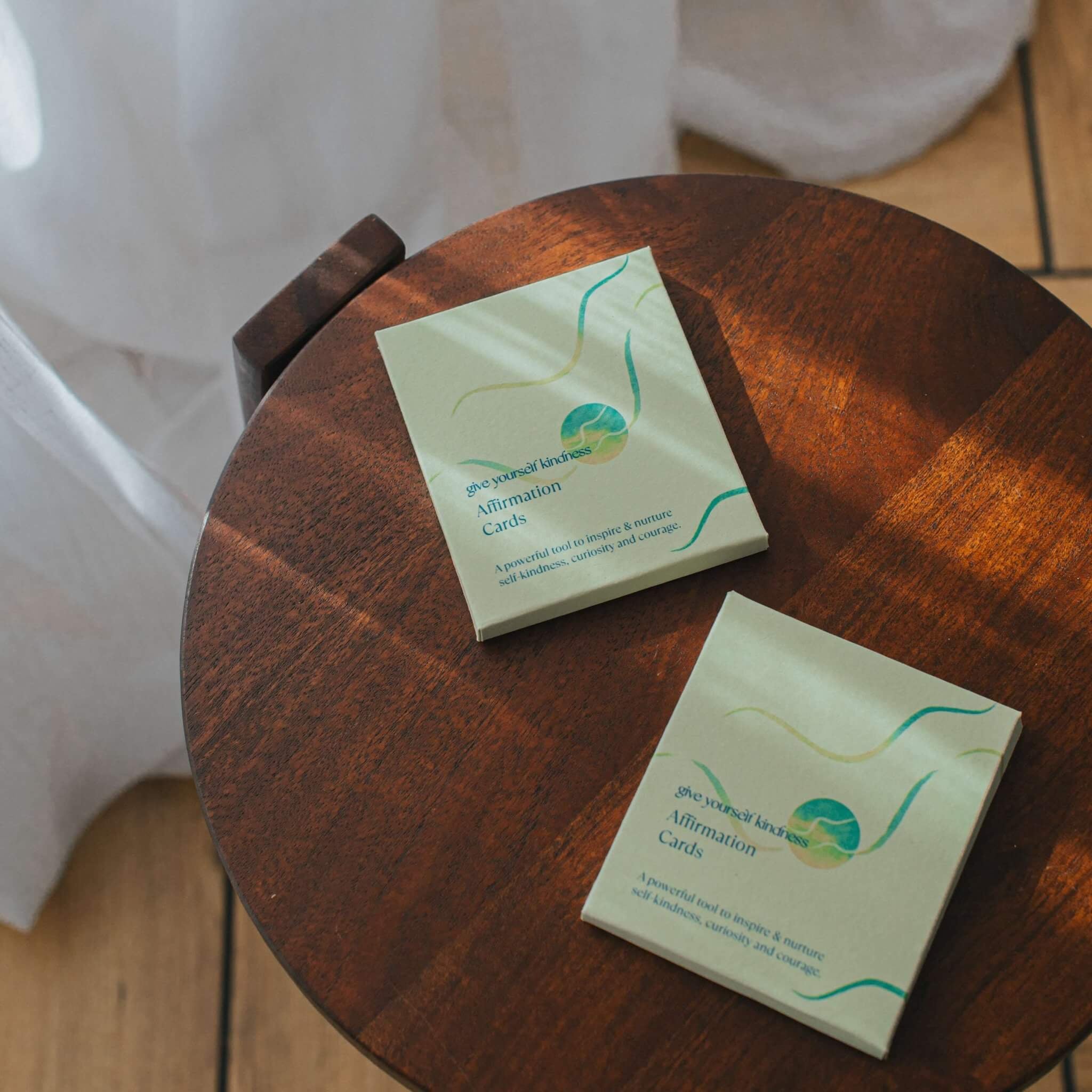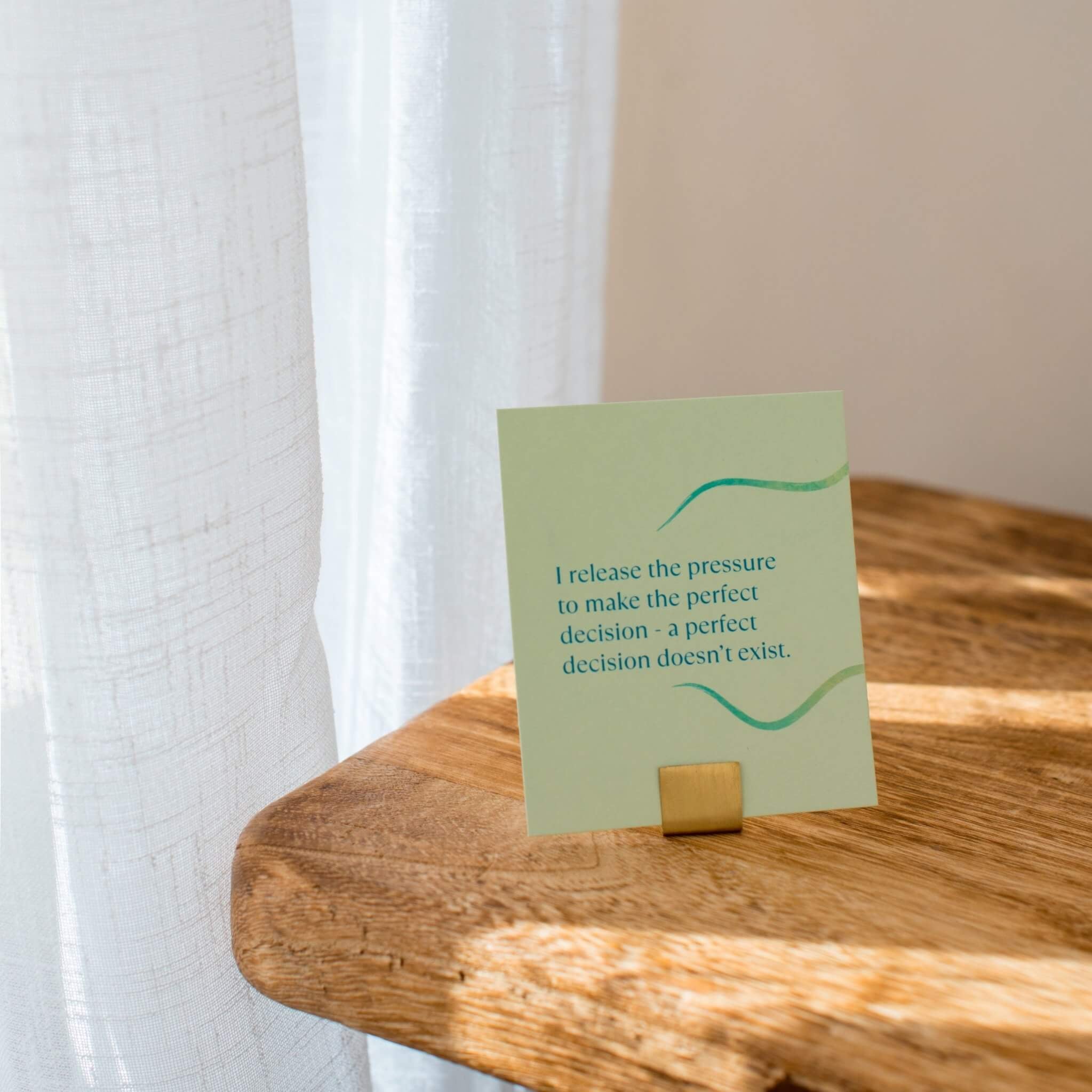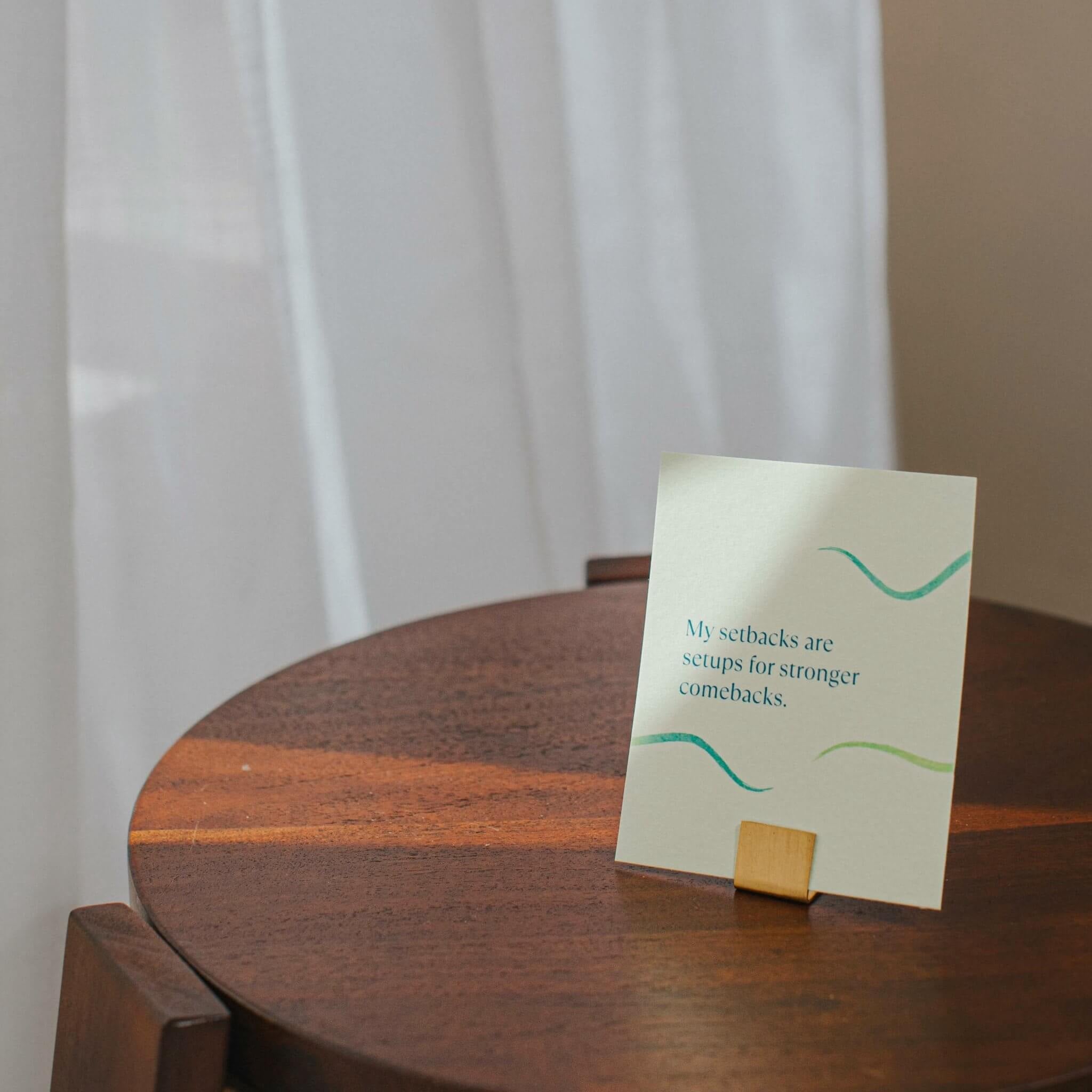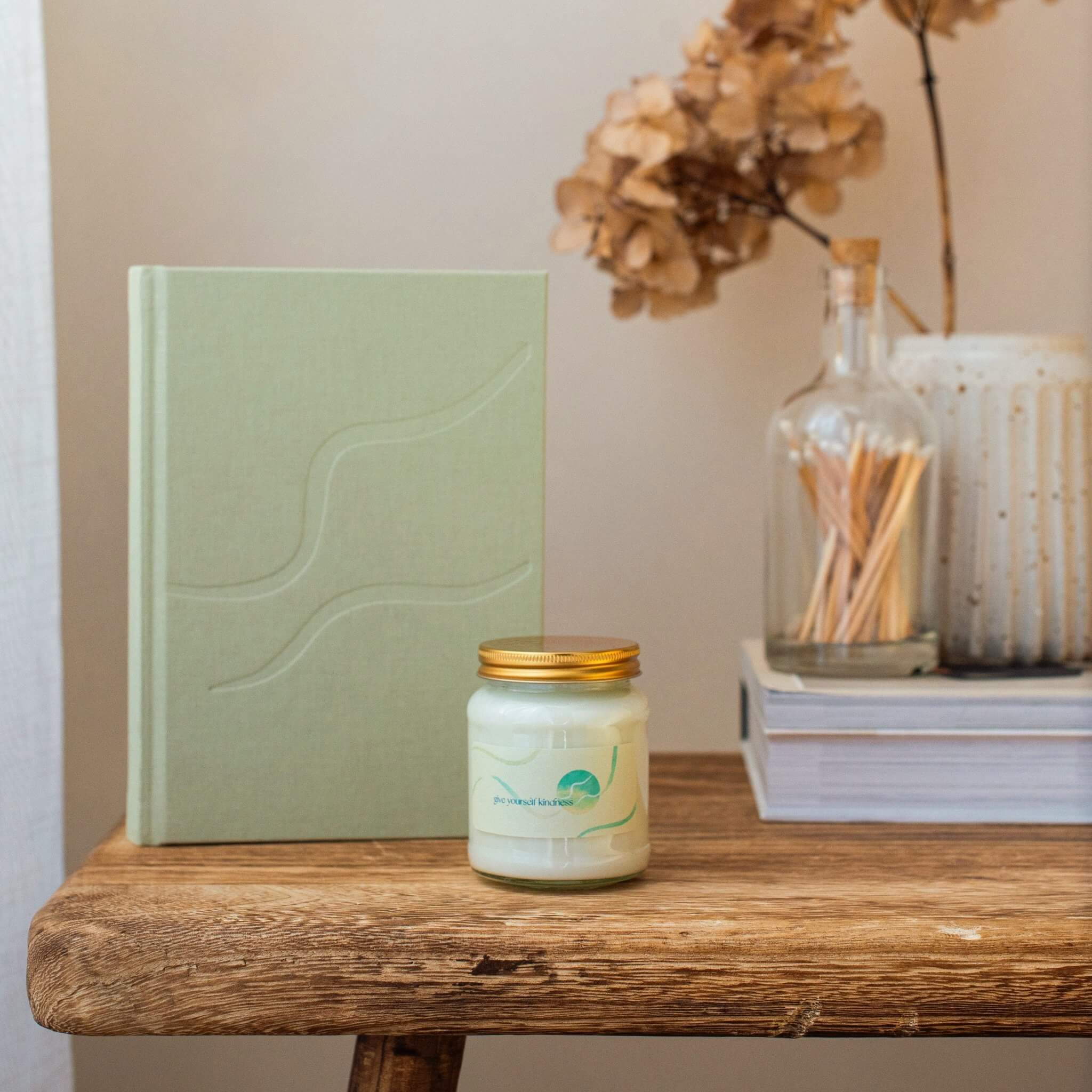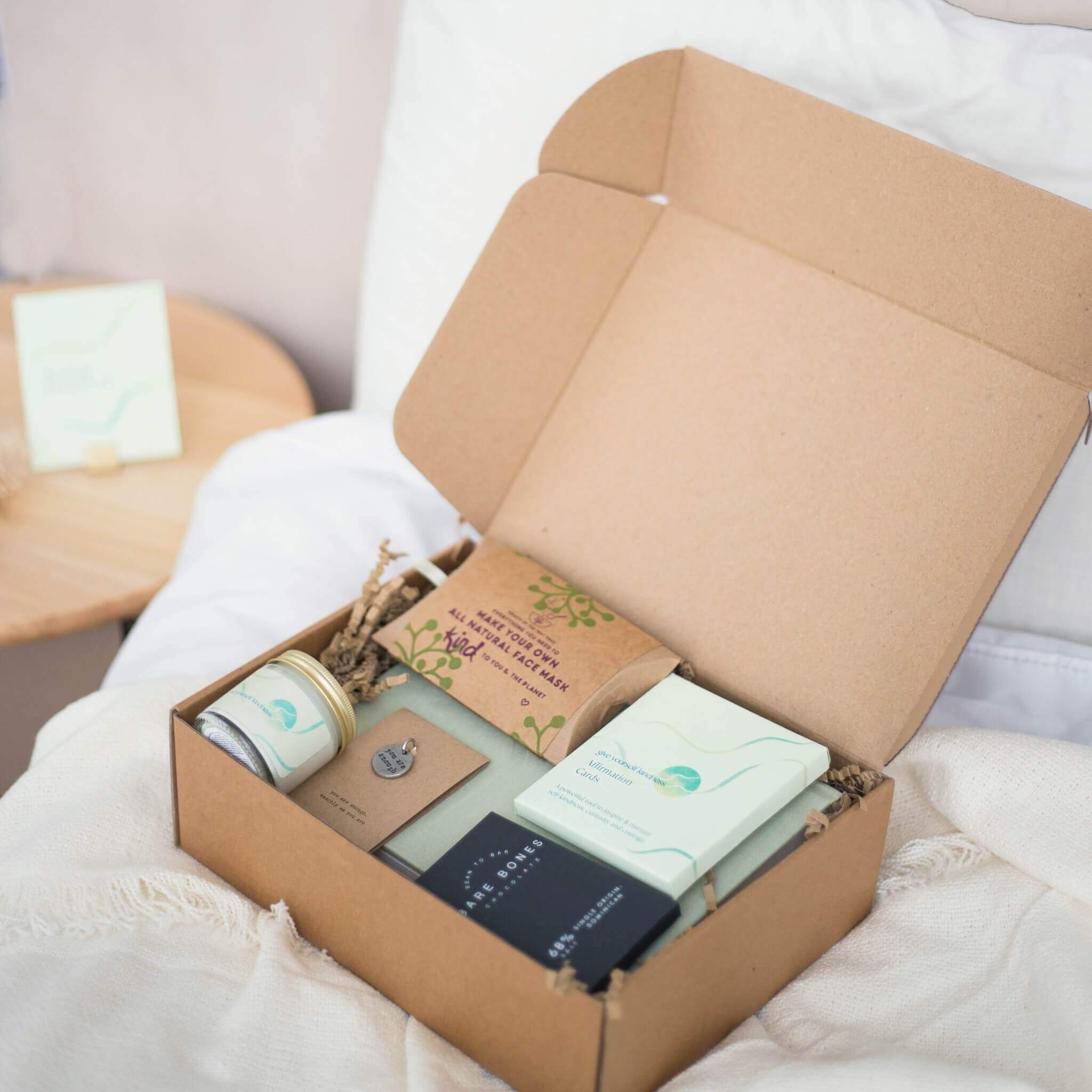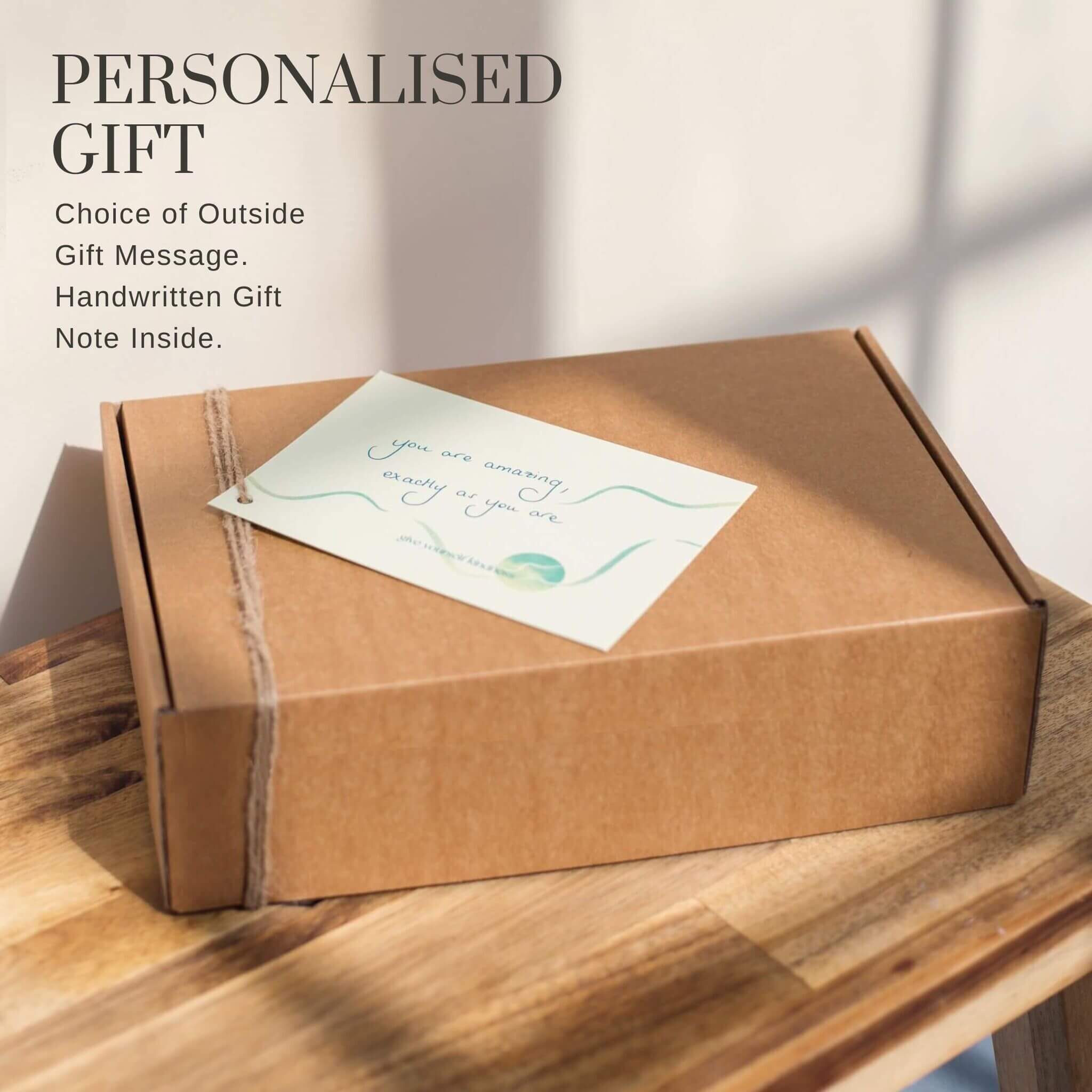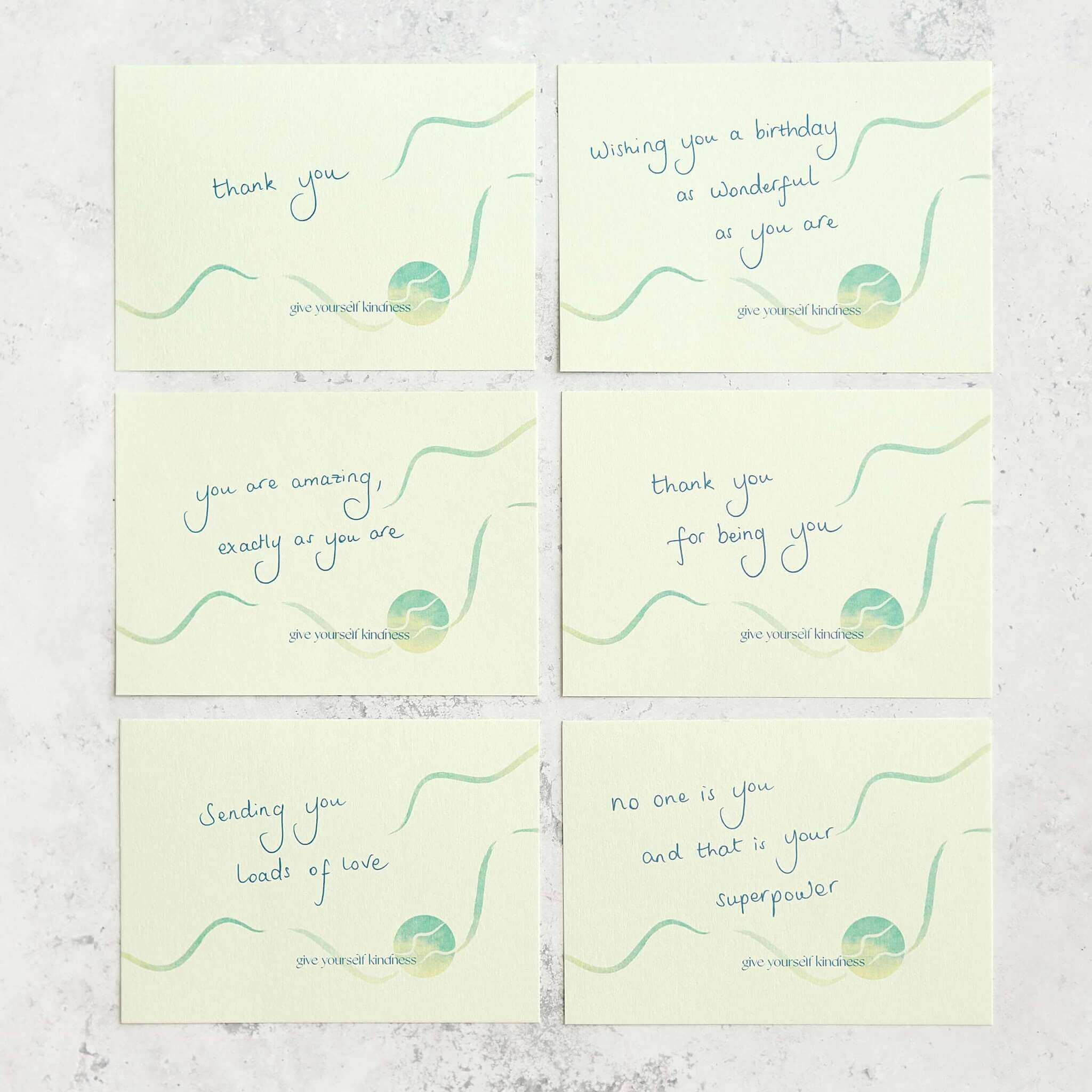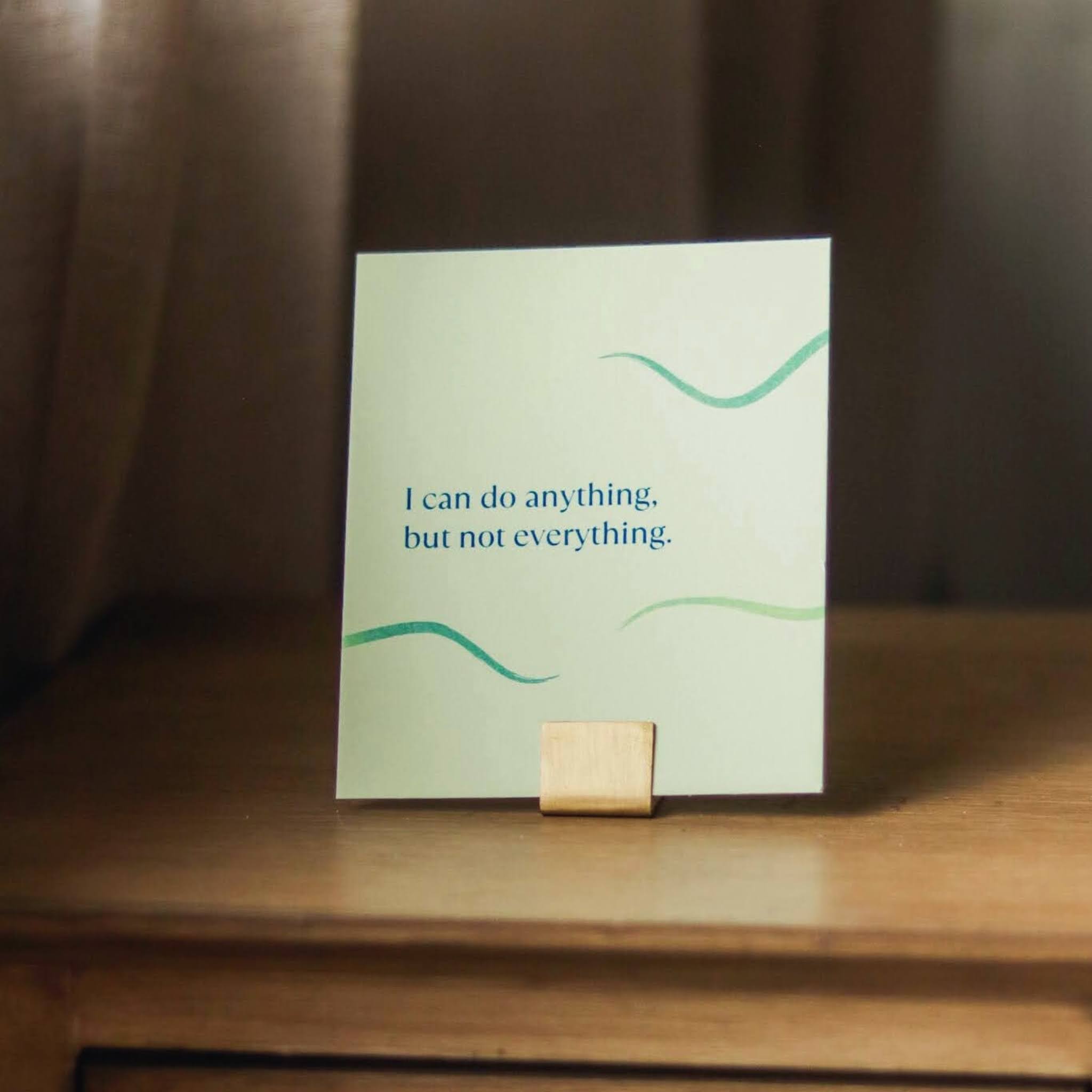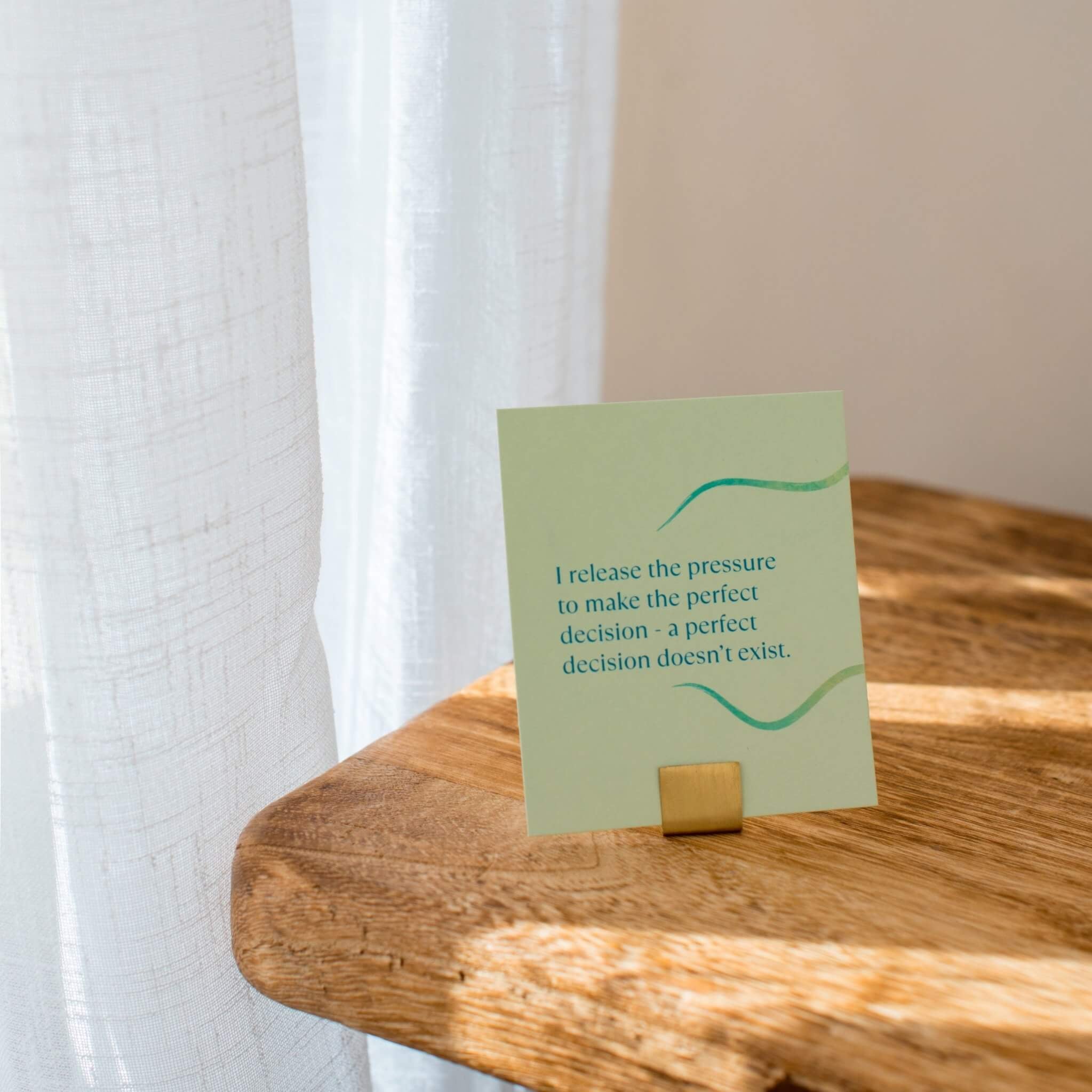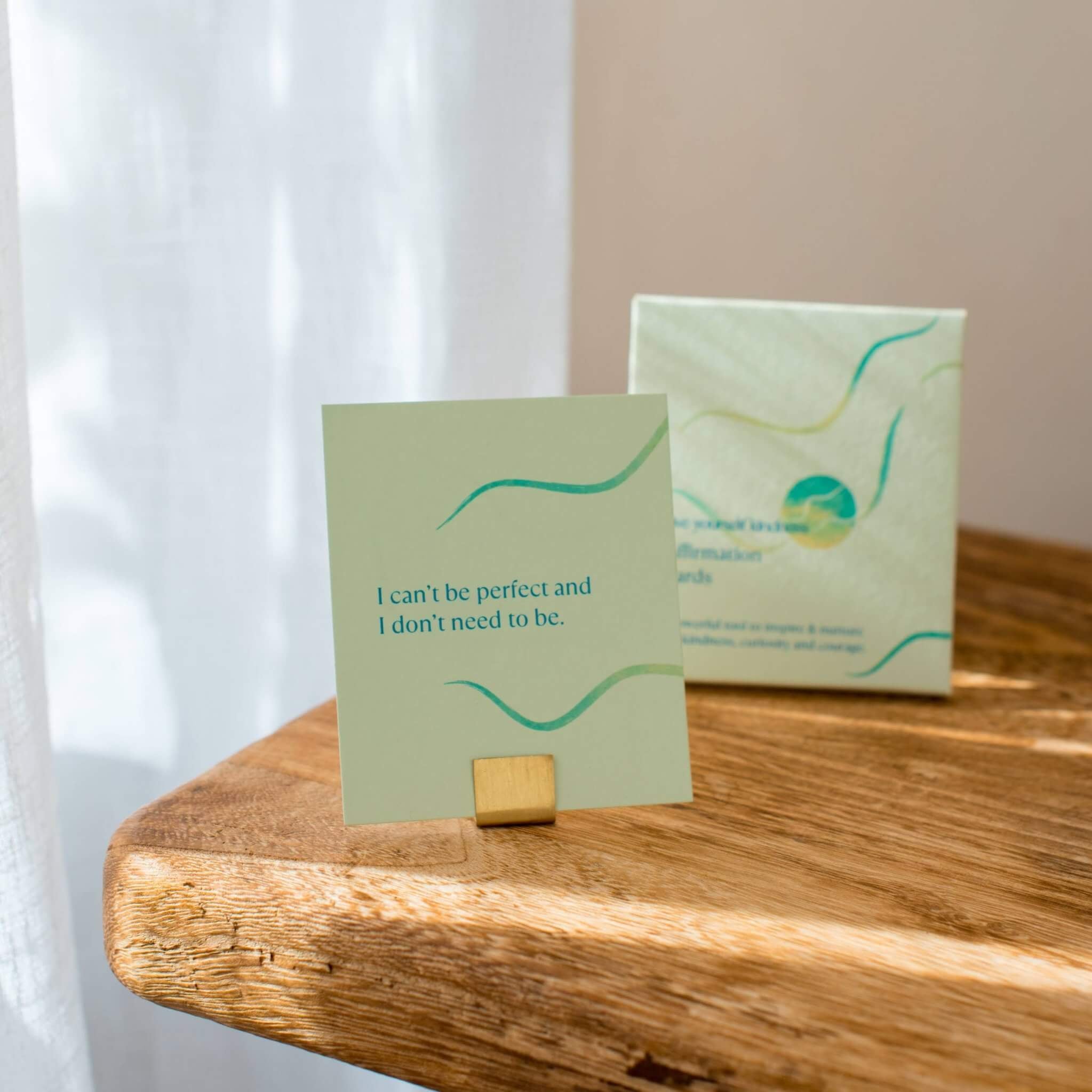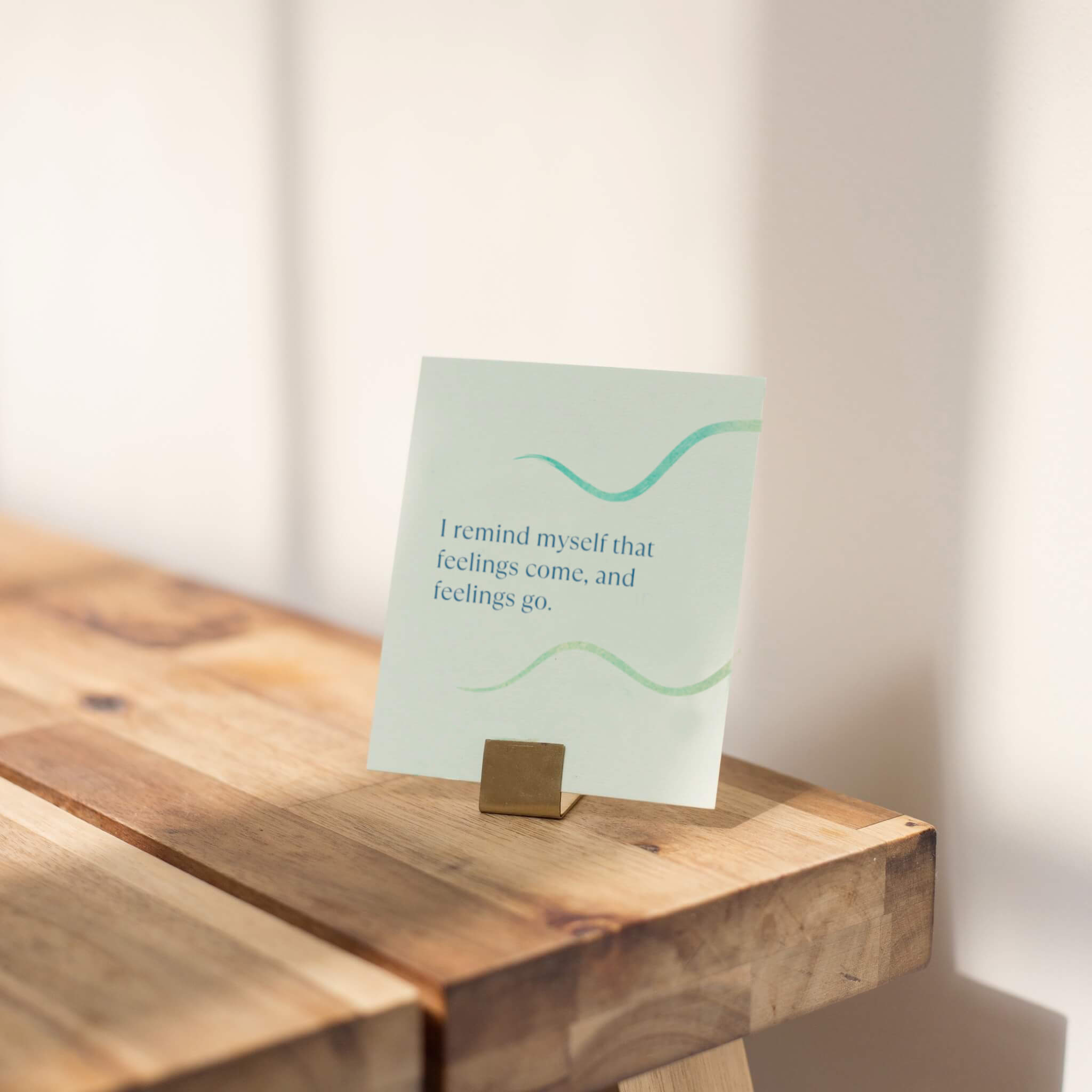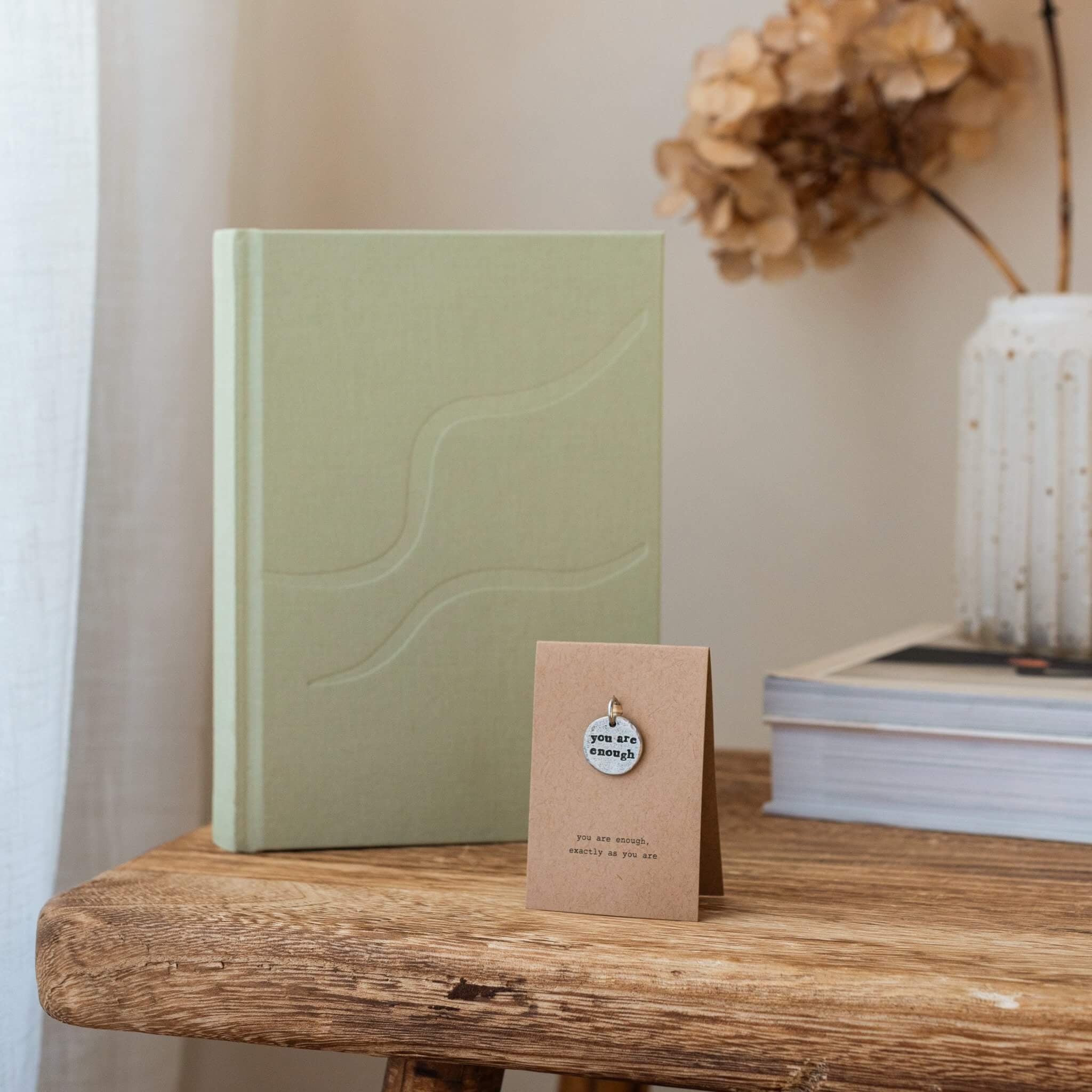written exclusively for Give Yourself Kindness by Dr Stan Steindl, a Clinical Psychologist in private practice at Psychology Consultants Pty Ltd, and an Adjunct Professor at School of Psychology, University of Queensland, Brisbane, Australia. He is also co-director of the UQ Compassionate Mind Research Group.
Sitting with both sides
If you’ve read Dr Chris Irons’ recent blog on the fears of self-compassion, you might have found yourself nodding along, realising that you’re not the only one who finds the idea of being kind to yourself…well, complicated. And that’s completely okay.
Self-compassion sounds lovely in theory—offering ourselves kindness, understanding, and care when we’re struggling—but in practice, it can stir up mixed feelings.
Part of you might want to be more self-compassionate, especially if you know it could help. But another part might be cautious, sceptical, or even resistant.
'another part might be cautious, sceptical, or even resistant'
This tug-of-war is what we call ambivalence—having two sides of a story inside you.
And rather than fighting it or trying to shut one side down, there’s great power in gently exploring both.
What is ambivalence?
Ambivalence is a natural part of the process when we’re considering making a change or taking steps towards something new. It’s not a problem to be solved—it’s a signal that something important is happening.
'it’s not a problem to be solved—it’s a signal that something important is happening'
It means you’re weighing things up. There are reasons you might want to move towards self-compassion, and reasons you might not. That makes sense.
Often, we think we need to “get rid of” the resistance before we can move forward. But really, what helps is giving both sides of the ambivalence a voice.
'what helps is giving both sides of the ambivalence a voice'
It’s about creating space for all the feelings and thoughts—those in favour of change, and those holding back.
Opening up to both sides
Let’s start with the “no” side.
What might be some of the reasons you’ve hesitated with self-compassion?
- Maybe you’re afraid that being kind to yourself will make you soft or lazy.
- Maybe you’ve learned that being hard on yourself is what keeps you going.
- Maybe kindness feels unfamiliar… or even unsafe.
As Dr Irons highlights, these are very common fears. And they make sense, especially when they’ve been shaped by painful past experiences.
So pause here and ask yourself gently:
What are some of my own reasons for not wanting to be self-compassionate?
Let those reasons be heard. You don’t have to argue with them or fix them. Just understand them. Honour them.
'let those reasons be heard'
There’s wisdom in our defences, even if we eventually choose to do things differently.
For example, “I don’t have time for self-compassion,” really tells you something about what might need to be considered if you are going to even contemplate being more compassionate towards yourself.
Or perhaps you think, “Self-compassion will make me weak.” This is invaluable guidance, because it tells you that any action designed to care for yourself needs to come along with strength.
Then, when you’re ready, you might ask:
What are some of my reasons for wanting to be self-compassionate?
What would be the benefits for me, personally?
How might things be different if I could treat myself with kindness and compassion, especially in tough moments?
'give voice to the part of you that hopes for something different'
Start to give voice to the part of you that hopes for something different. The part that senses there might be another way to be with yourself—a more helpful, healing way. The wise part of you that understands your suffering and wishes to take helpful action to reduce that suffering.
Why self-compassion?
Let’s say you are curious about self-compassion. Why might it be a good idea?
Here are a few reasons people often give:
-
It reduces suffering – Instead of adding harshness to hurt, it offers support in the midst of pain.
-
It boosts resilience – Being on your own side helps you bounce back more quickly from challenges.
-
It nurtures emotional balance – Self-compassion soothes the inner storm, rather than fuelling it.
-
It strengthens motivation – Contrary to popular belief, kindness doesn’t make us slack off—it helps us keep going, especially when we stumble.
-
It supports wellbeing and mental health – The research here is solid: self-compassion is linked with less anxiety, depression, shame, and more happiness and satisfaction.
And maybe one of the most important questions to ask is:
Why now?
Why might now be the right time to start offering yourself some kindness?
What’s happened recently that makes this more important than ever?
What makes self-compassion an important next step for you?
When we connect with our reasons and our need for self-compassion, it can become easier to start to explore our how.
Exploring self-compassionate action
Self-compassion isn’t just a feeling—it’s something we can do. And that action will look different for everyone.
'self-compassion isn’t just a feeling'
So here’s a question to reflect on:
If you were to be just a little more self-compassionate today, what might that look like?
Let yourself brainstorm. There’s no one right way.
Self-compassionate action might be:
-
Letting yourself rest when you're tired
-
Saying no to something you don't have the energy for
-
Making a nourishing meal
-
Speaking to yourself gently when you make a mistake
-
Taking a break from your inner critic
-
Doing something kind for your body—like stretching, walking, or lying in the sun
-
Reaching out for support
-
Writing yourself a letter from a wise, caring voice
-
Listening to music that lifts you
-
Creating a small daily ritual of self-soothing
Ask yourself:
What would be helpful, not harmful, right now?
That’s the heart of self-compassion.
Moving towards commitment
Let’s bring it all together.
You’ve explored your ambivalence—both sides of the story.
You’ve identified your reasons for self-compassion, and what’s at stake if you continue without it.
You’ve imagined what it might look like in real life.
Now comes the gentle invitation to make a commitment and take a step:
What will you do next?
Maybe not forever. Just for now. Just one small action.
It could be something for later today. Or tomorrow. Or next week.
What’s something you’re willing to try—just to dip your toe into the waters of self-compassion? It doesn’t have to be big. Just meaningful.
Self-compassion isn’t about being perfect
Self-compassion isn’t about being perfect. It’s about being present. With ourselves. In our suffering. With kindness.
And when we find ourselves torn—wanting to change, but also unsure—it’s okay to sit with that ambivalence for a while, explore it, take the wisdom from it.
'a wise, strong and courageous, caring, more helpful way forward'
In doing so, we honour all of who we are. And we open the door to a wise, strong and courageous, caring, more helpful way forward.

Dr Stan Steindl is a Clinical Psychologist in private practice at Psychology Consultants Pty Ltd, and an Adjunct Professor at School of Psychology, University of Queensland, Brisbane, Australia. He is also co-director of the UQ Compassionate Mind Research Group.
Stan has over 20 years experience as a therapist, supervisor, trainer and researcher, and works with clients from motivational interviewing and compassion focused therapy perspectives. His PhD examined combat-related posttraumatic stress disorder and comorbid alcohol dependency, and he continues to work clinically in the areas of trauma and addiction, as well as having a general clinical practice.
Stan’s research interests are in the areas of motivation, behaviour change, compassion and compassion-based interventions, and especially the role of cultivating compassion and self-compassion in the context of trauma, shame, self-criticism and clinical disorders, as well as promoting psychological well-being.
He is the author of three books and several book chapters and research publications. His books include: Compassion in a T-Shirt: The First 35 Scripts (2020), The Gifts of Compassion: How to Understand and Overcome Suffering (2020), The Gifts of Compassion: Personal Practice Workbook (2021), and Compassion in a T-Shirt: Another 35 Scripts! (2023).



